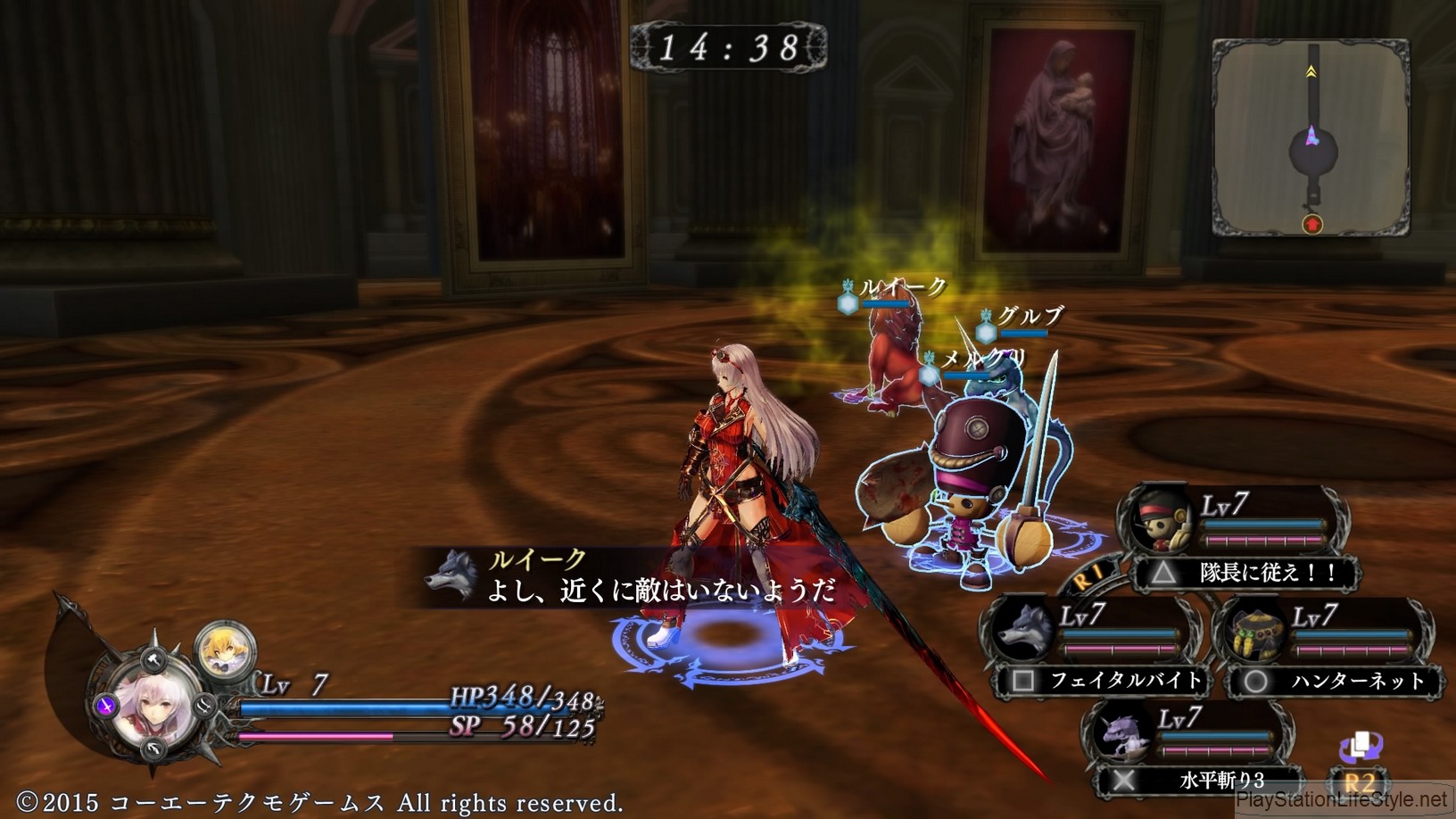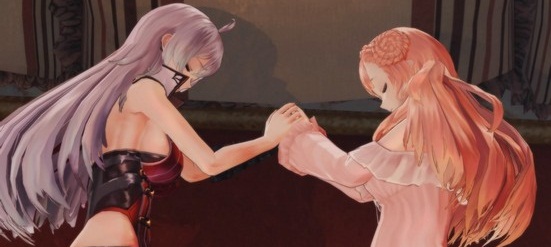PlayStation 4 exclusive* action RPG Nights of Azure is coming out in English on March 29 in North America. I played through the Japanese version and decided I have nothing better to do than write like, I don’t know, lil over a thousand words about it? I even used larger-sized header thingies to break it all up like a pro. I know, right?
Graphics and Performance
“Nights of Azure” actually seems like a more appropriate title than the Japanese name, which was “Yoru no Nai Kuni,” meaning “The Land of No Night.” Oh, there’s some night alright. In fact, most outdoor areas are quite heavy on the black, purple, and dark blue. Blood that spews from enemies is a lighter blue, making “Night of Azure” the more fitting name indeed. Beyond me boringly listing off colors as if I know shit about art, I’ll tell you that it looks good. As with many console games, I find the in-game look much more satisfying than screenshot portrayals (especially ones here on GameRevolution where our galleries constantly fuckbone the image quality). Even so, have a glance for yourself:
More important than graphics themselves, Azure also delivers smooth gameplay. My podcasting partner in crime and I saw very, very few drops in the frame rate; I don’t even specifically remember any, but she says there were one or two and I’ll just have to take her word for it cause you don’t fight that shit, know what I’m saying? Gotta pick your motherfuckin’ battles, yo. Plus her memory is better than mine anyway. I be like, “Did I like the Xtra Hot brand of Frank’s?” and she all “Yeah,” so I’m all, “K I’ll buy some more.” Hot sauce. Frame rates. Smooth gameplay.
There are moments of weird clipping in most story scenes, but it’s usually minor and, given Gust’s budget, seems inevitable. It’s there but, fortunately, it doesn’t like, ruin shit.
Lesbians
Let’s get this right out there: this game’s protagonist is a lesbian, and the second leading lady is her lover. Nights of Azure handles this well; the relationship is portrayed maturely, despite being of course troped-up by a handful of anime clichés. Those same clichés and tropes have been present in heterosexual relationships, so I’m not going to complain about them also being found in this relationship between two women. What I mean is, any problems with it are not problems created by the main characters being gay. That deserves a tip of that hat.
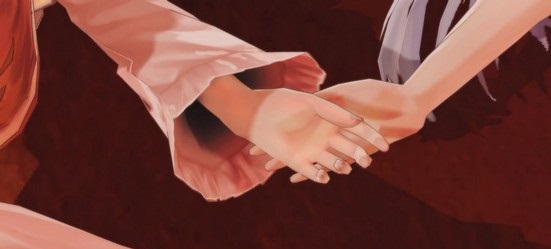
The relationship at the story’s core is one I did end up caring about. Silly as some scenes might have been, Arnice and Lilysse learn, laugh, go through trials, and grow together — central to any romantic relationship. It won’t work for a lot of people, and gamers won’t be looking back at this one in years to come as one of the greatest gaming romances, but I found it strong enough. I cared about them, and that’s what counts.
Battle
Players control only the gray or light purple or I don’t know what color of haired Arnice, who charges into battle alongside a small group of companion monsters; these can be given specific commands, general strategies, or simply be left up to their own preferences. Before you leave the safety of the hotel in favor of a battle-heavy outdoor area, you’ll organize a few different squads of monsters, each of which naturally has its own strengths, weaknesses, special abilities, and impact on Arnice’s transformation form.
When Arnice builds up enough Keep Destroying Shit Points(tm), she can change into a special, powerful form for a limited time. Figuring out which one to have on hand for a given boss battle might be a key to victory if you’re ever having trouble… which will only happen during the final boss, now that I think about it. Shit was easy. But oh yeah, the forms.
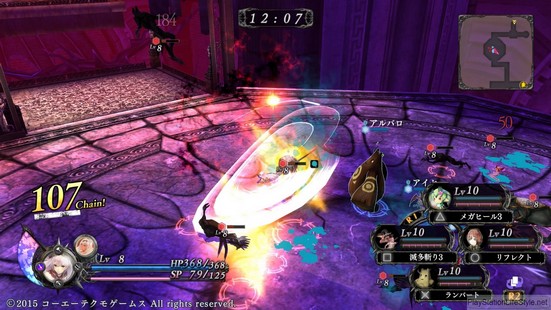
So like, the monsters in Arnice’s group all have an influence on what her transformation will be. So let’s say it’s “Demon Form” with one squad, right? This means that Arnice can change into the Demon at certain points in battle, giving her a speed boost and nasty attack power. But then swapping one monster for another could change the formula, making Arnice’s alternate form, such as an angel whose threat lies in her long-range attacks. It makes you think — or at least it would, if there were more than like one or two hard battles.
Despite general ease, which could admittedly be a symptom of me being too amazing for this inferior world, the battles are fun and satisfying. It starts with the usual huh-huh-hwAAah action RPG foundation and builds upon it with some decent special abilities and the aforementioned monster allies and transformations. It’s not going to blow your fucking mind or anything, but it’s more than good enough to carry the game.
Two other quick things I liked on the battle topic:
1) The level cap is 11, so you can’t just grind out of problems. Ha. Nice one, Gust. (It’s easy and you won’t have to grind anyway, but still.)
2) The battle arena under the hotel provides diverse objectives with which to challenge yourself. I had more fun down there than I tend to in battle arenas.
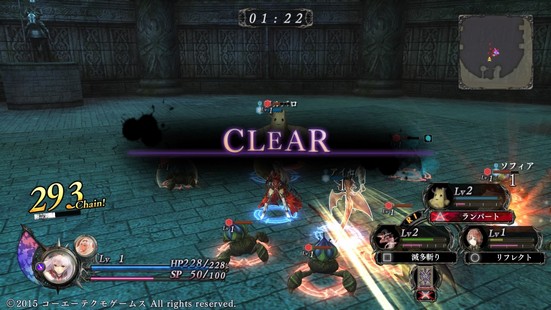
After finishing Nights of Azure once, I don’t feel compelled to give it another go. The endgame was definitely the most intense battle, as it should be; and the story’s completion kinda wrapped everything up in a way that made me say, “Yeah. Good. Welp, time to trade this action into the store.” It’s not that I disliked it — quite the opposite — but it’s done and, well, behind me. If you’ve got more time or don’t have access to as many games, perhaps it will hold appeal for a second go-round, but the idea of committing more time to Nights of Azure instead of a different game doesn’t excite me.
That might be because almost everything in this game is good enough. The story is good enough, but not great; combat is fun for the duration of a playthough, but not much longer; the characters are memorable for treating a homosexual relationship the same way a heterosexual one tends to be treated, but that doesn’t make them (or the rest of the cast) inherently any better or more entertaining. Its dark-colored visual theme looks excellent, but then you see characters’ arms popping through each other in every other cutscene and the same 3D stiff hair we’ve been seeing since the 32-bit era. It’s all back and forth. Nights of Azure is, therefore, definitely worth a look for Japanese action RPG fans, so long as your expectations are kept realistic.
* = It also had PS3 and Vita versions in Japan.
Nights of Azure Screenshots
-
Nights of Azure Screenshots #1
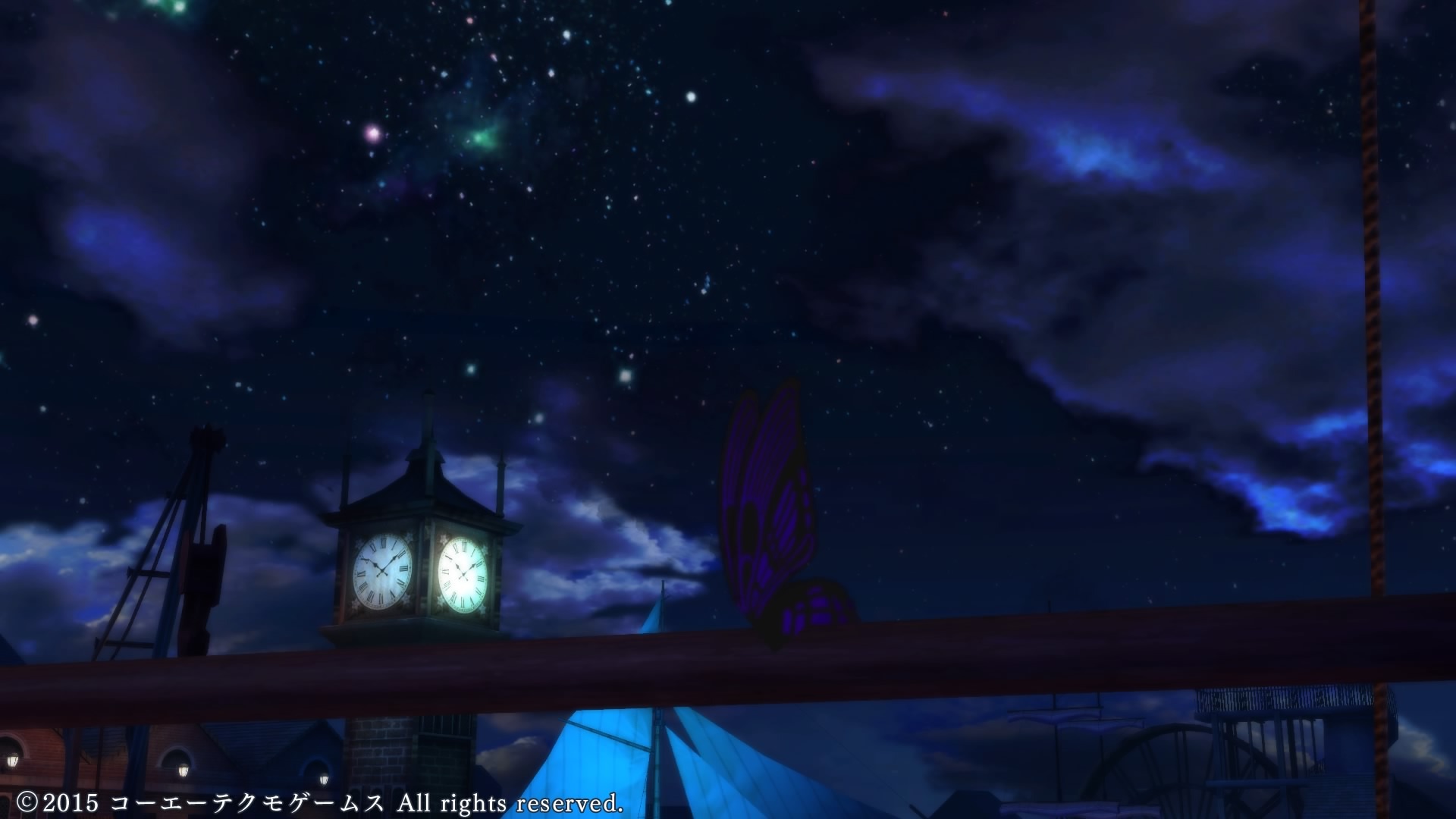
-
Nights of Azure Screenshots #2
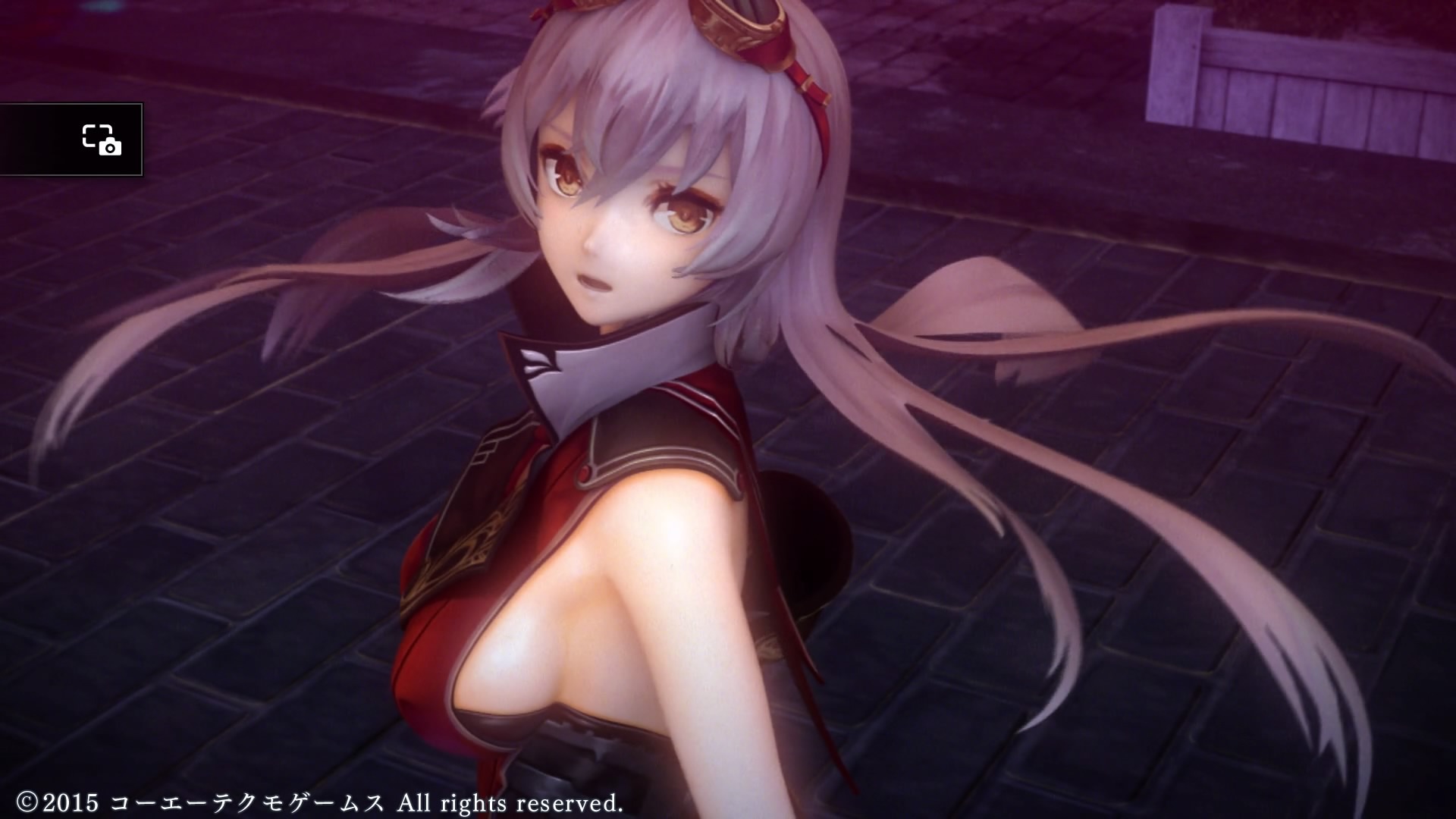
-
Nights of Azure Screenshots #3
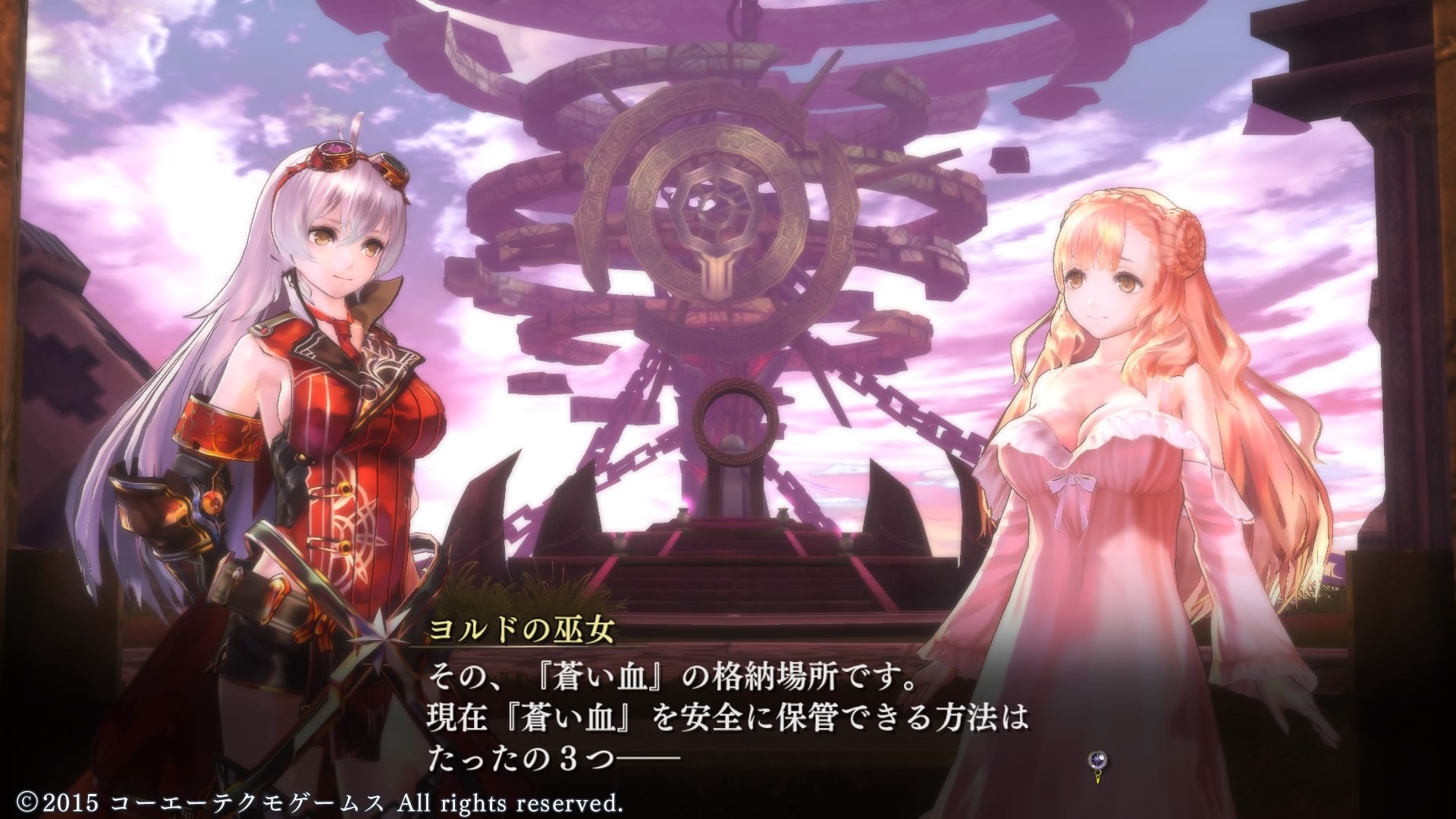
-
Nights of Azure Screenshots #4
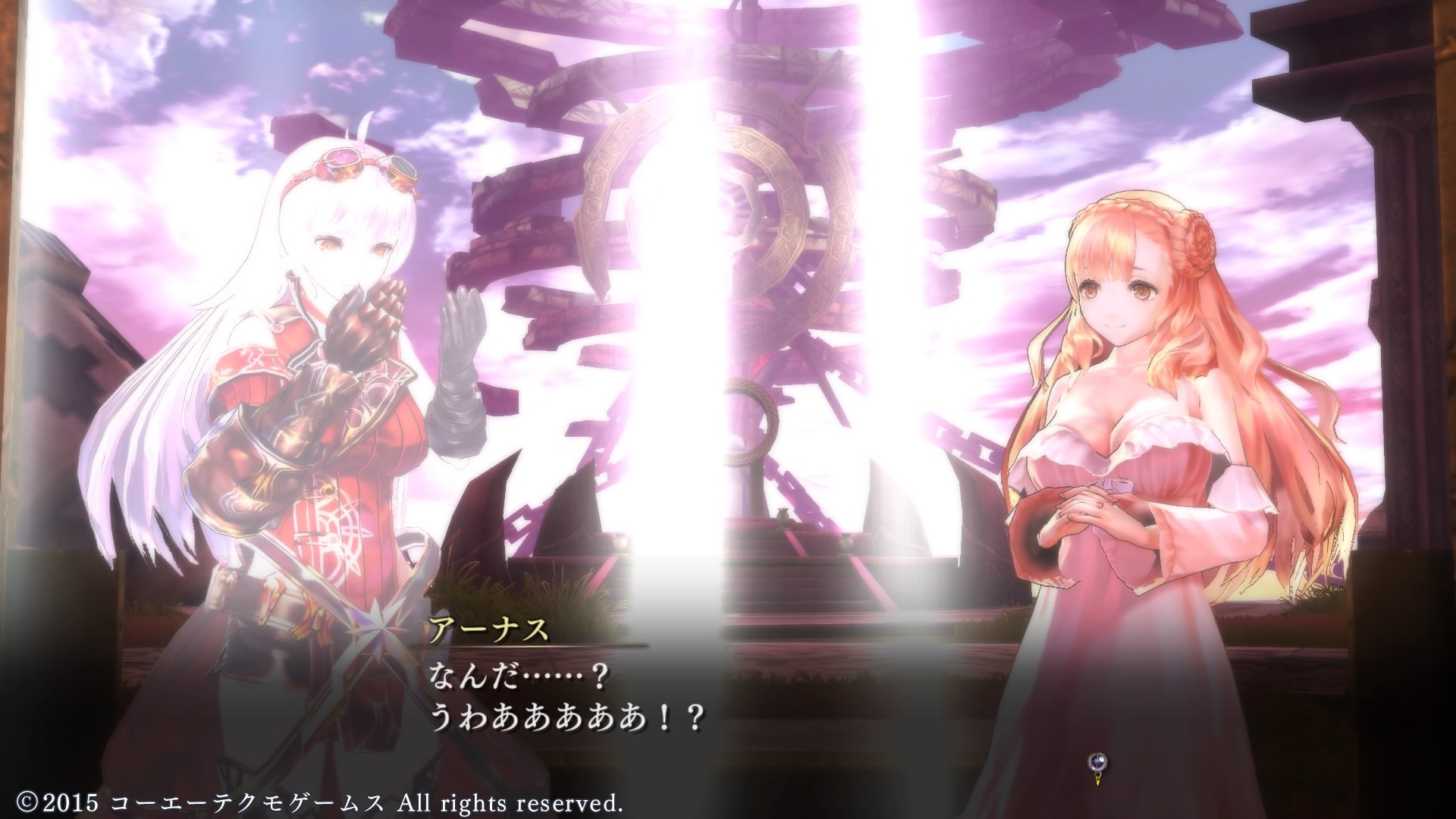
-
Nights of Azure Screenshots #5
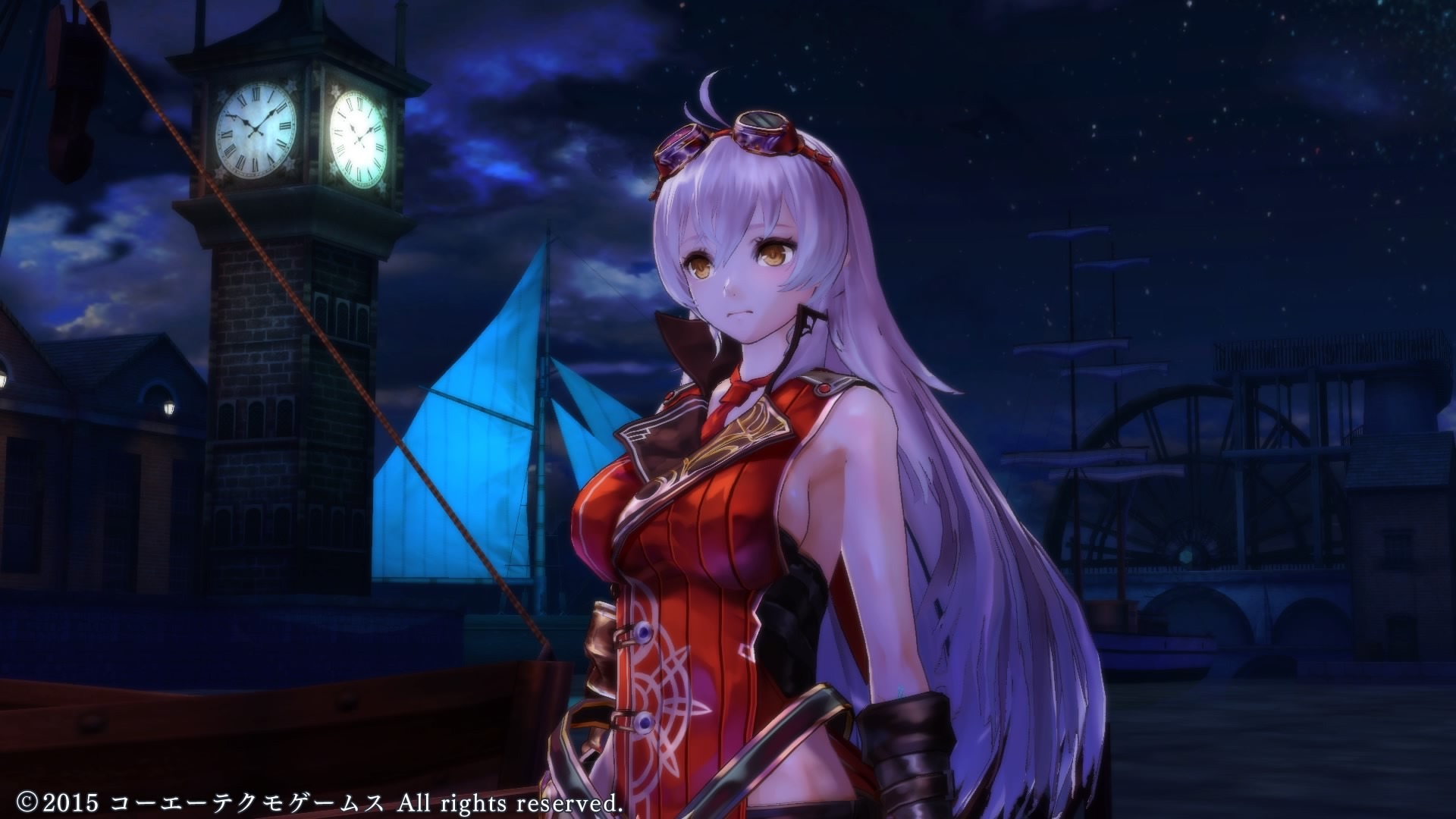
-
Nights of Azure Screenshots #6
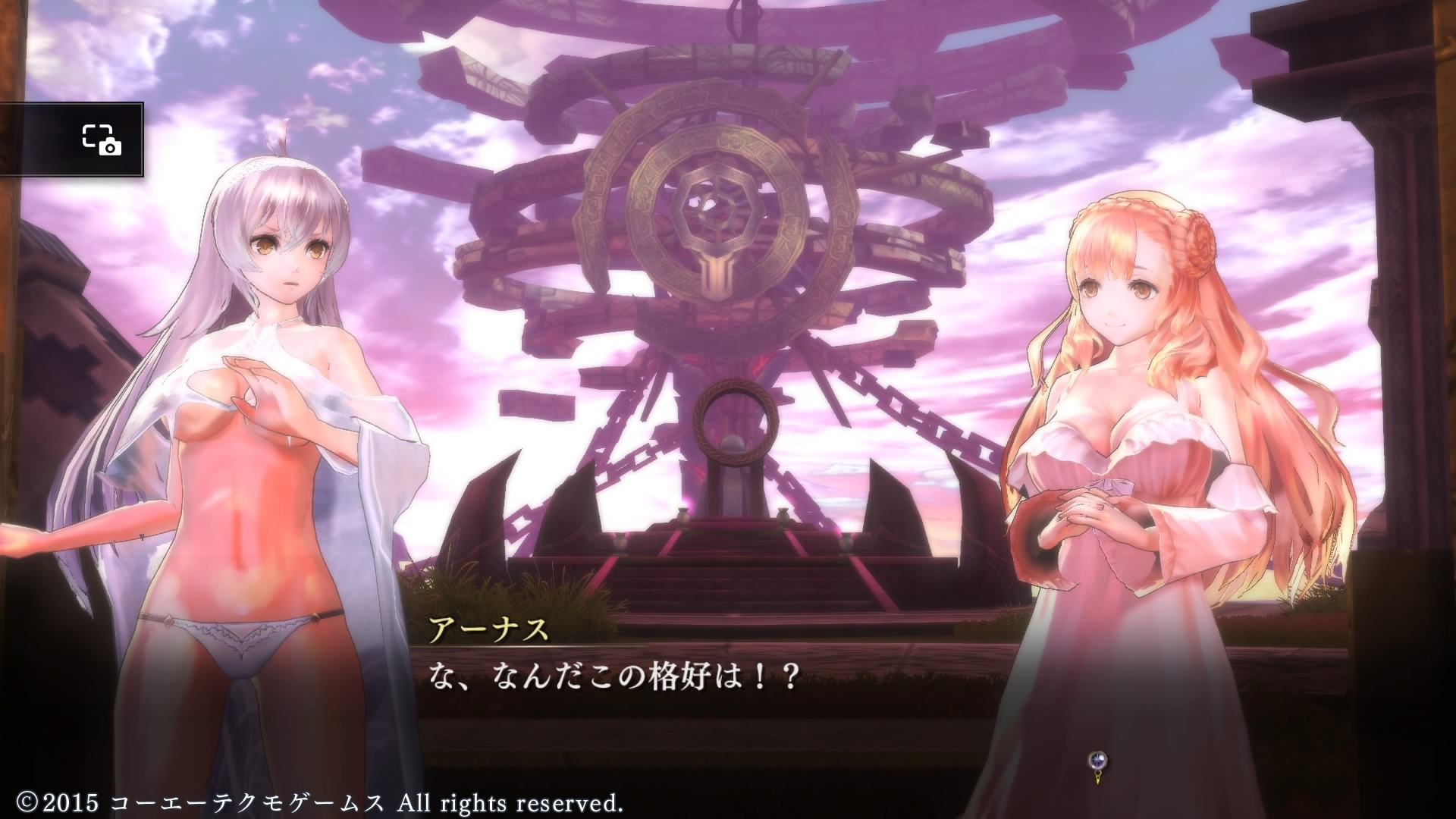
-
Nights of Azure Screenshots #7
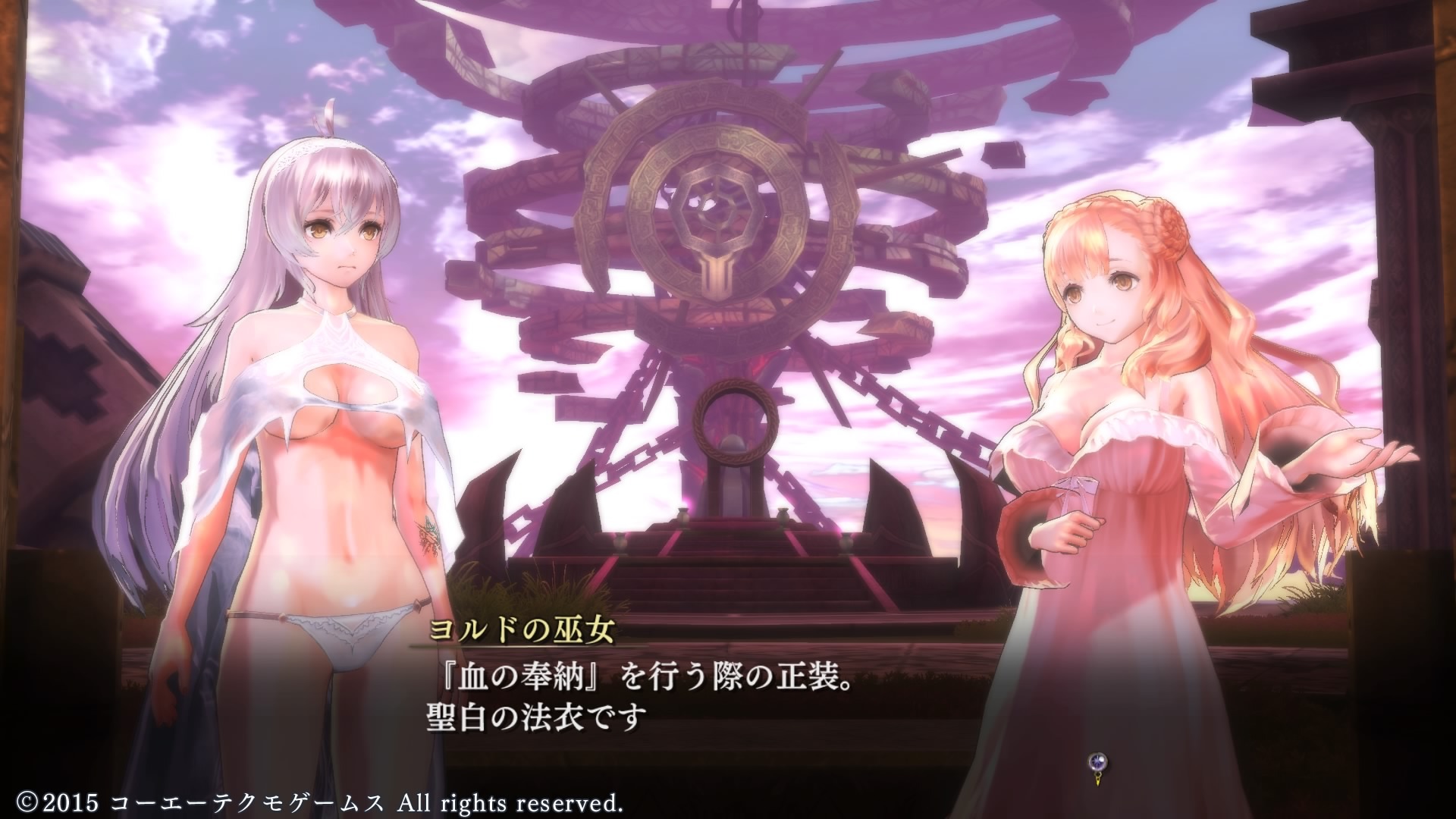
-
Nights of Azure Screenshots #8
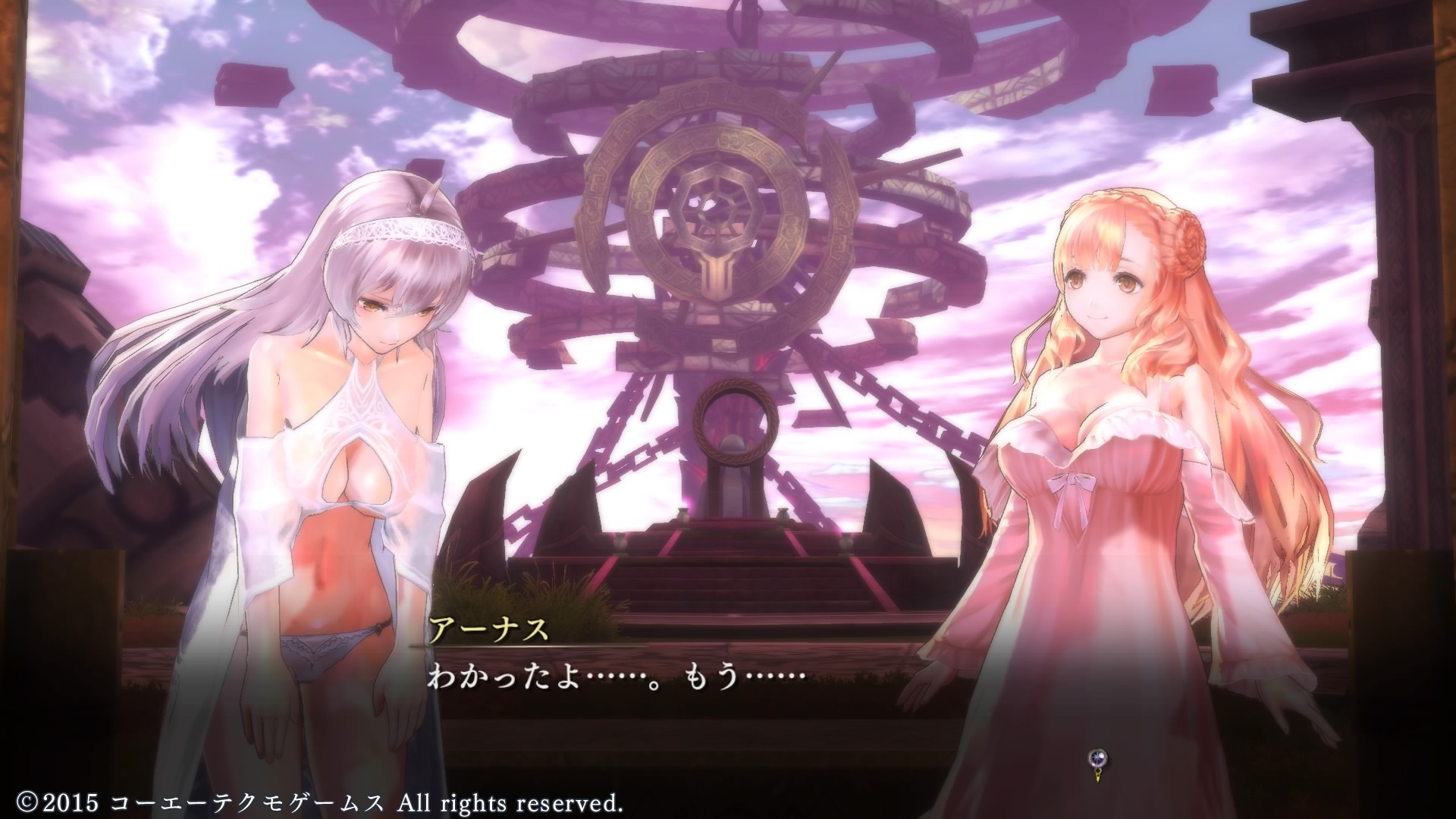
-
Nights of Azure Screenshots #9
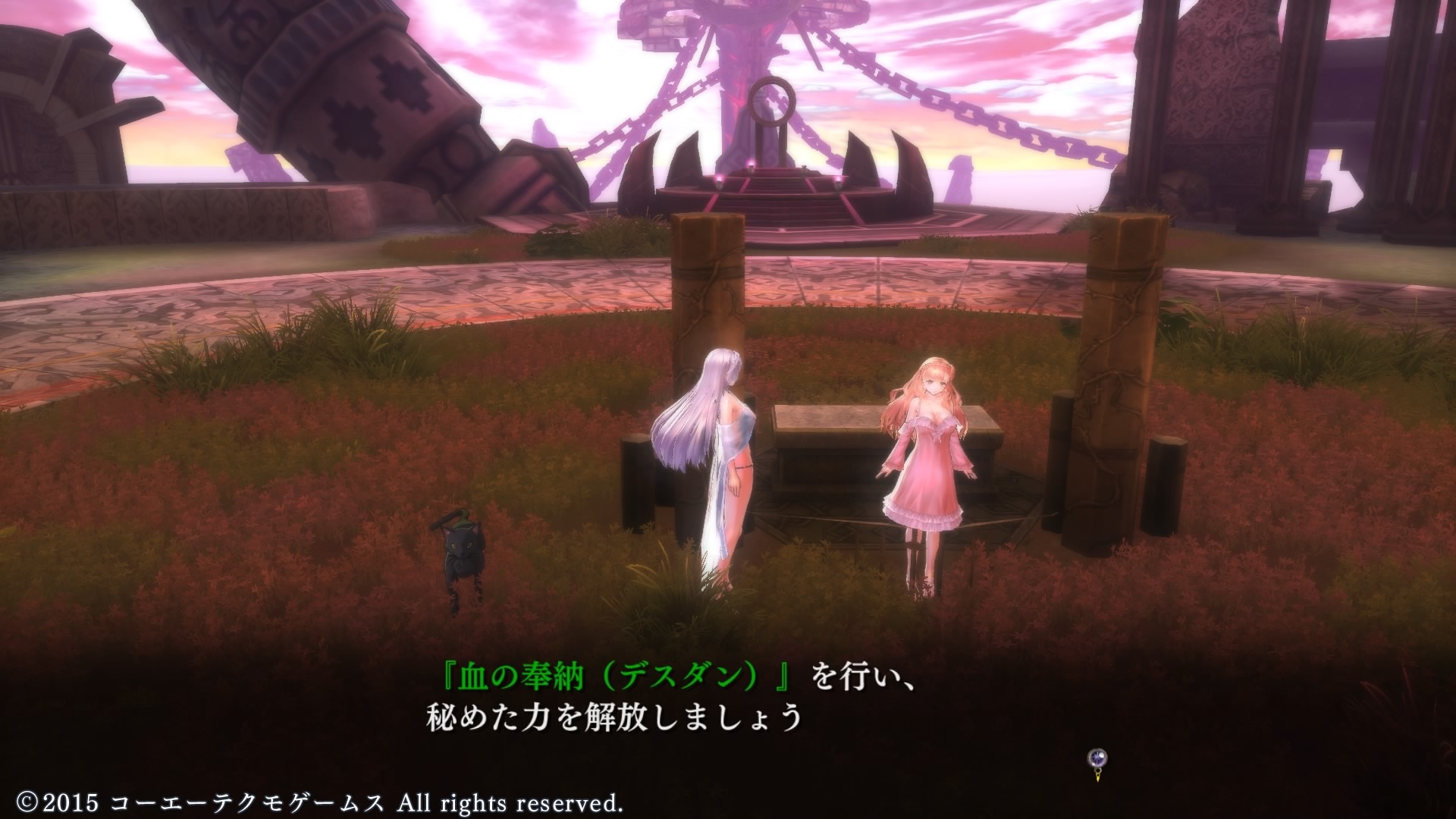
-
Nights of Azure Screenshots #10
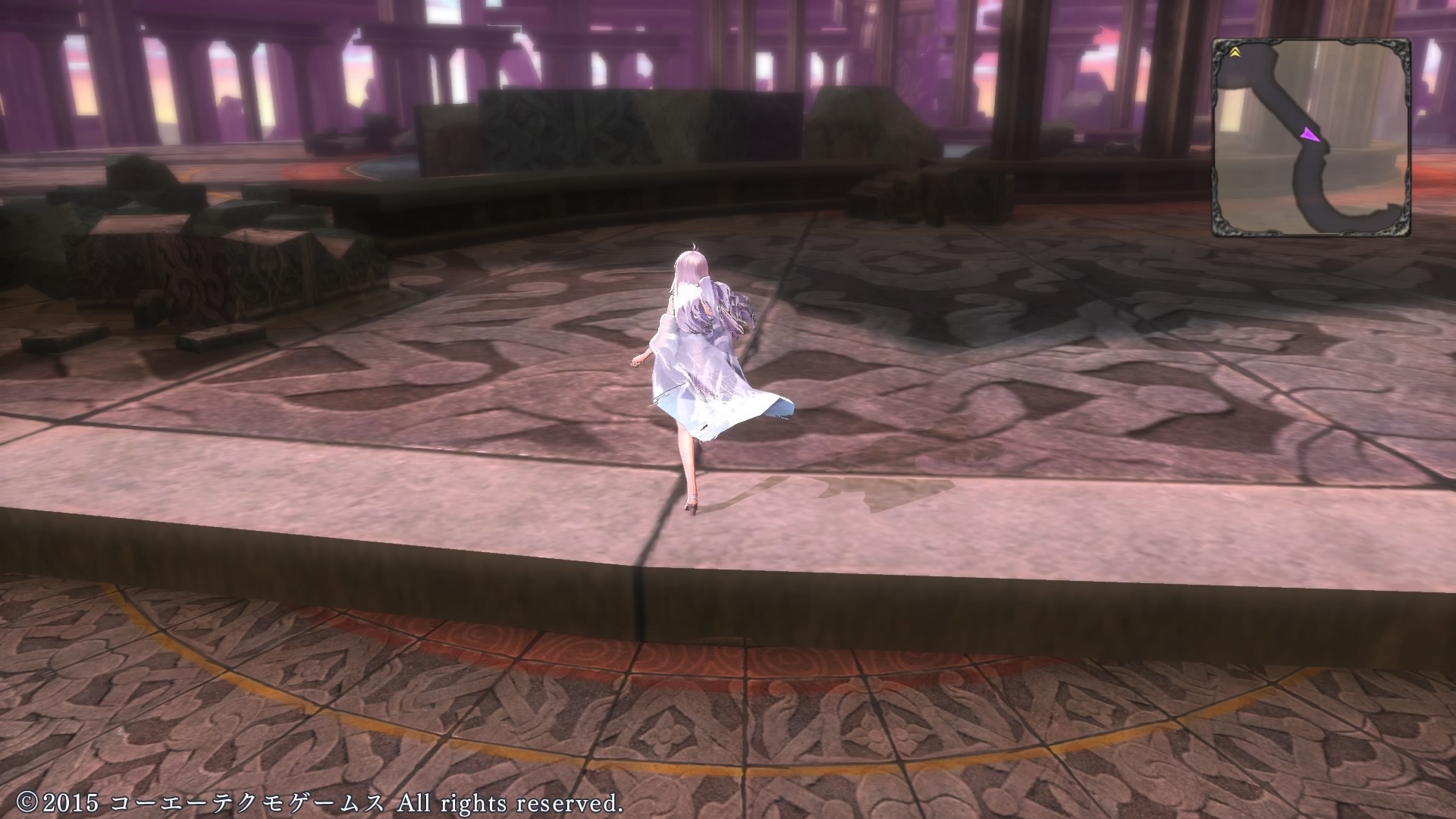
-
Nights of Azure Screenshots #11
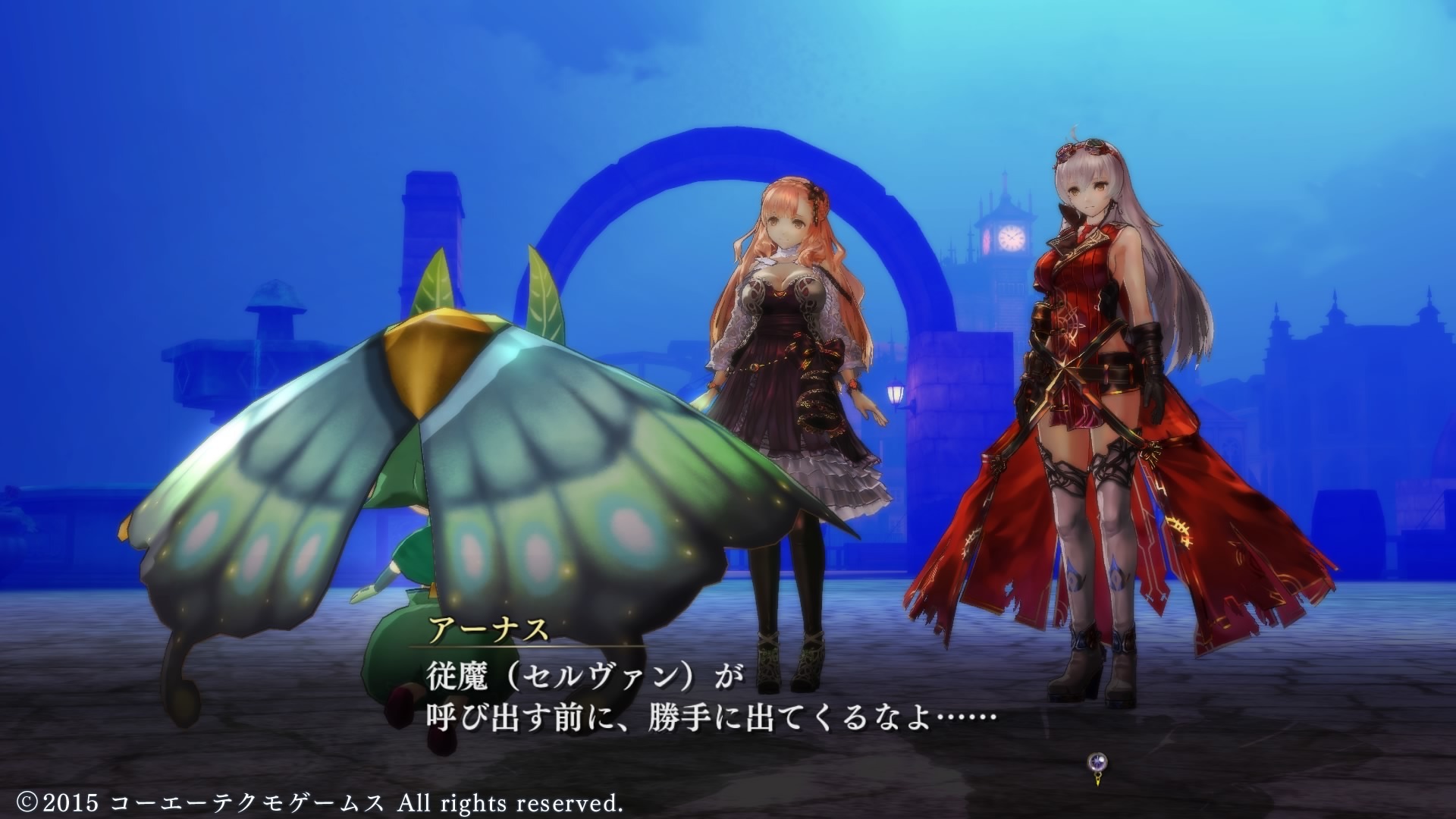
-
Nights of Azure Screenshots #12
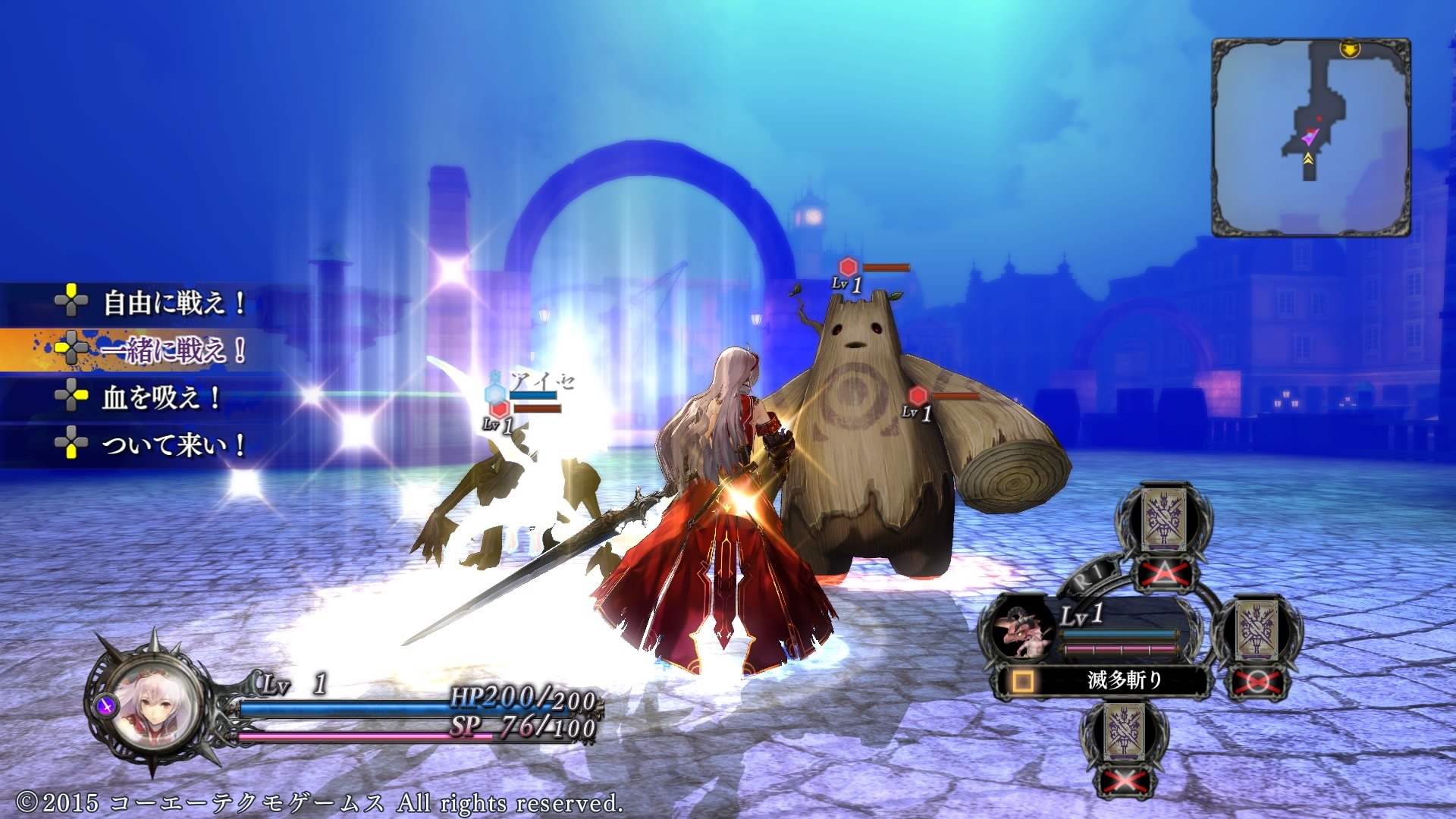
-
Nights of Azure Screenshots #13
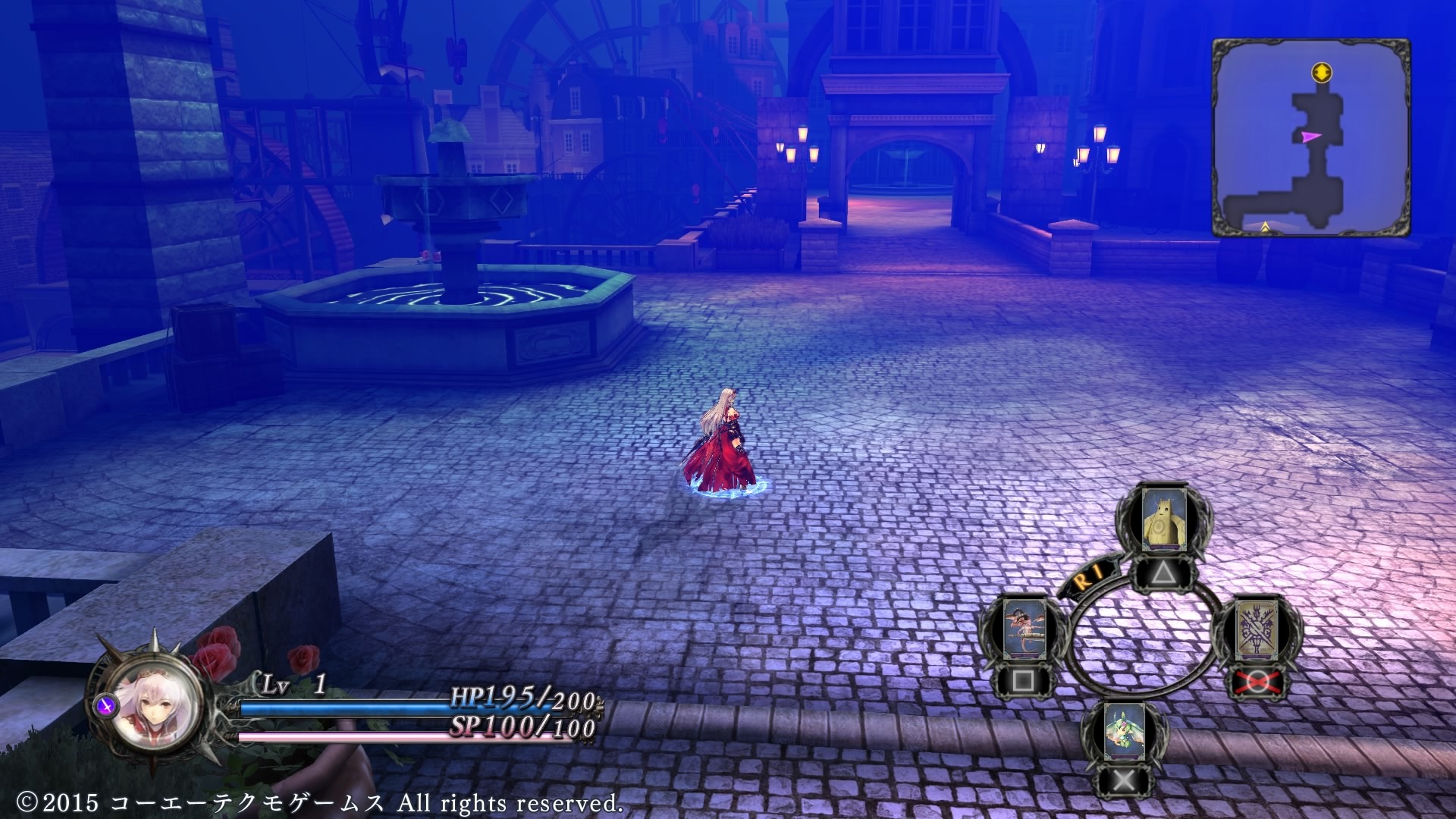
-
Nights of Azure Screenshots #14
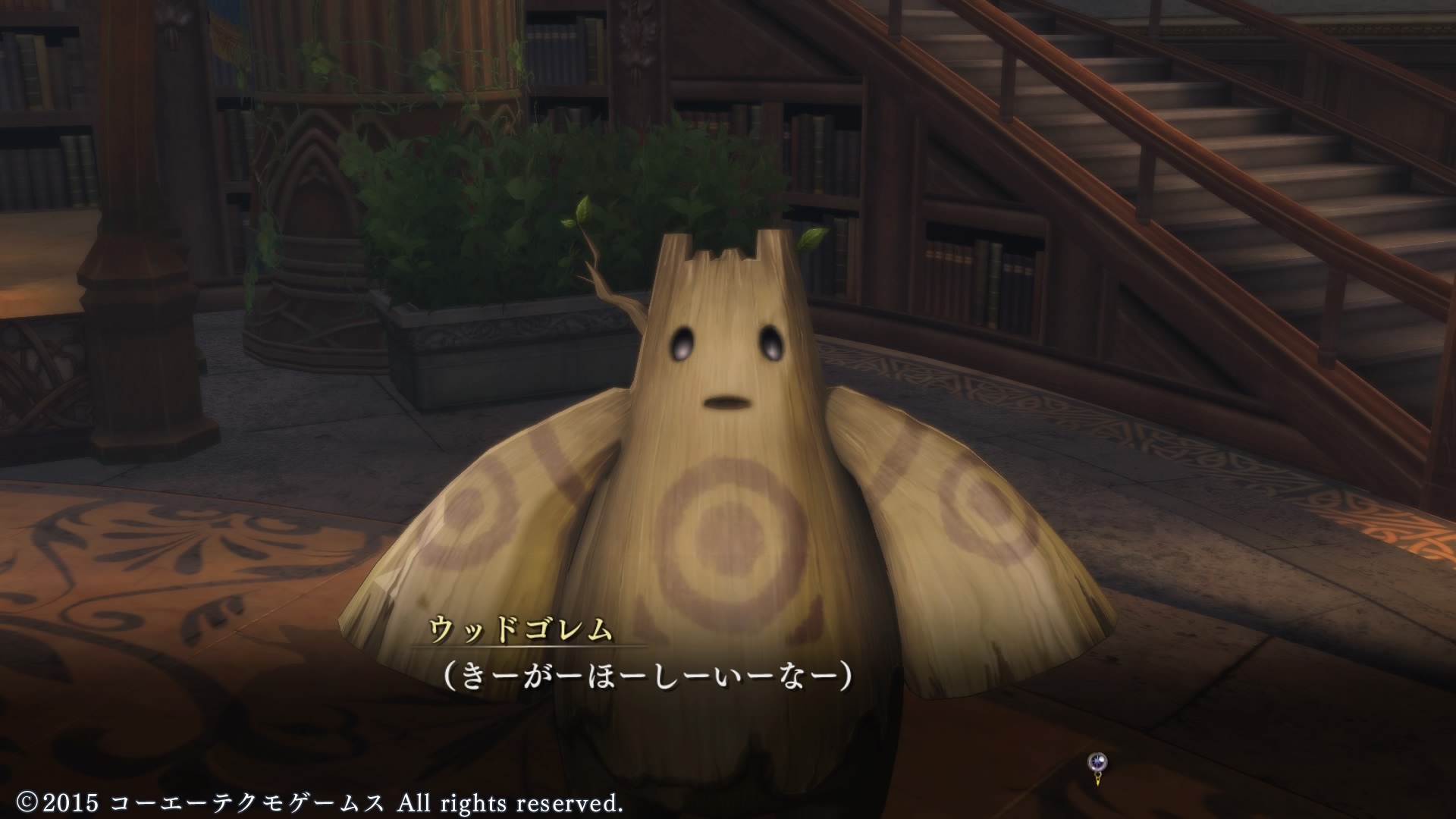
-
Nights of Azure Screenshots #15
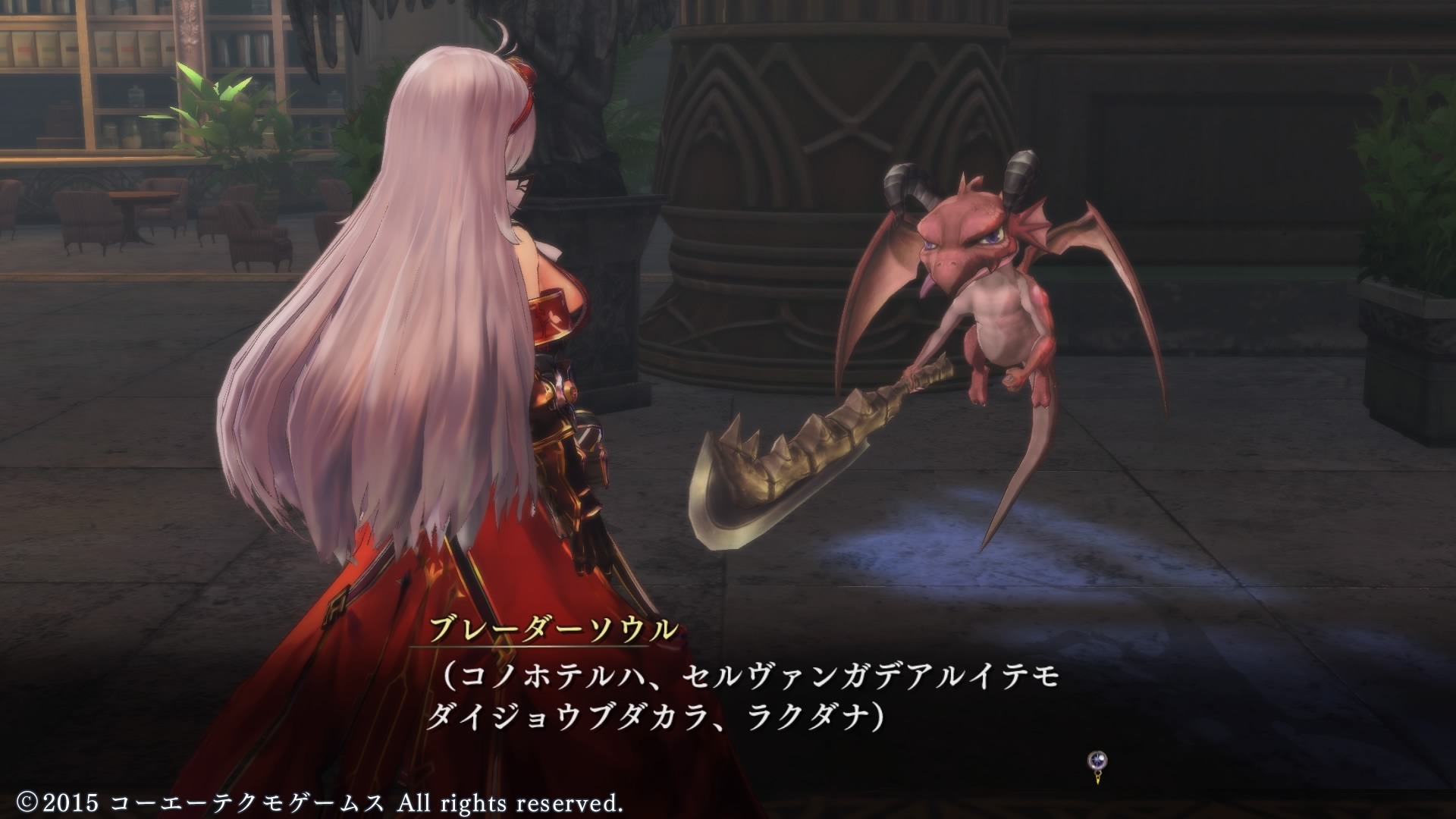
-
Nights of Azure Screenshots #16
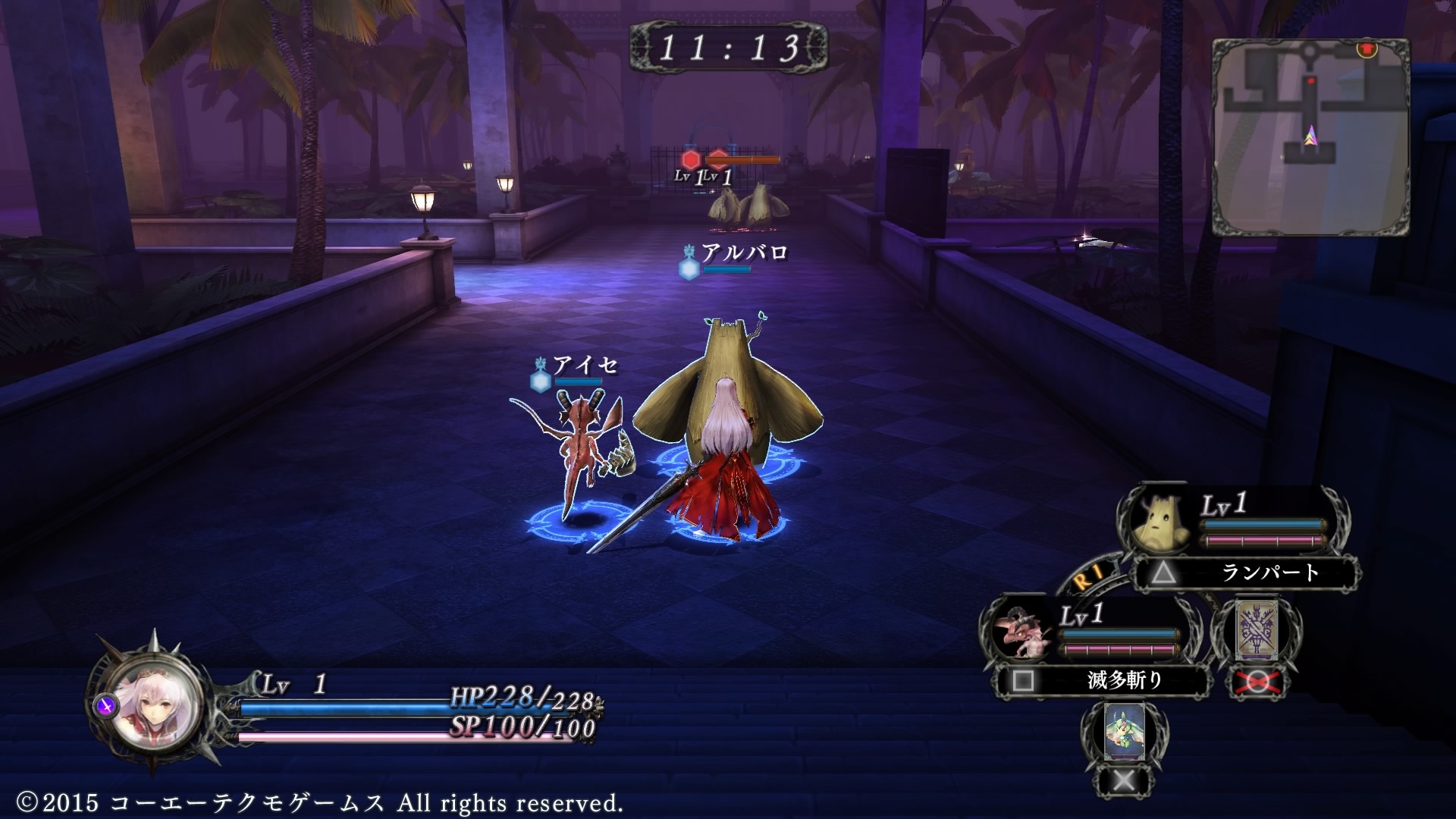
-
Nights of Azure Screenshots #17
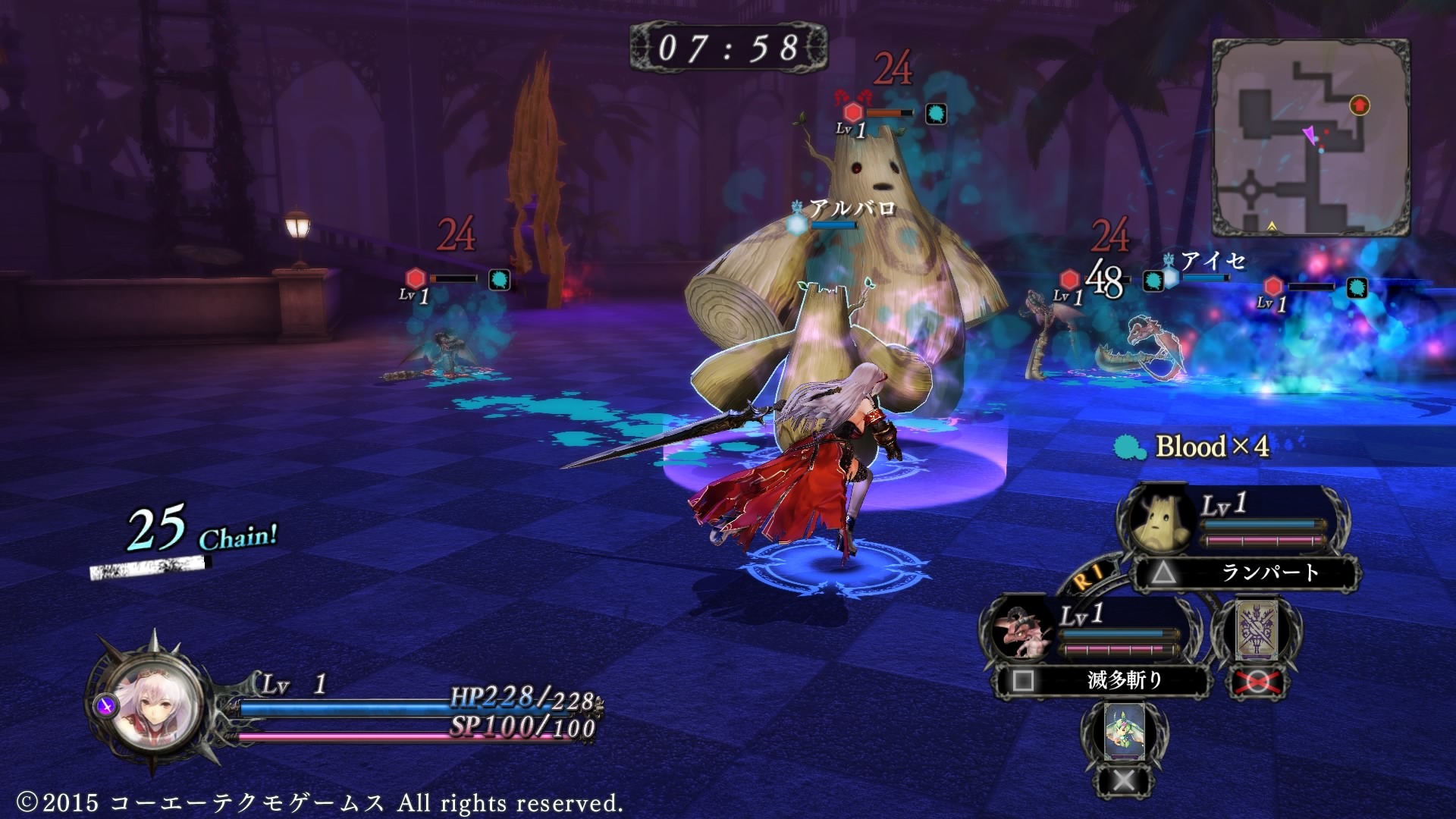
-
Nights of Azure Screenshots #18
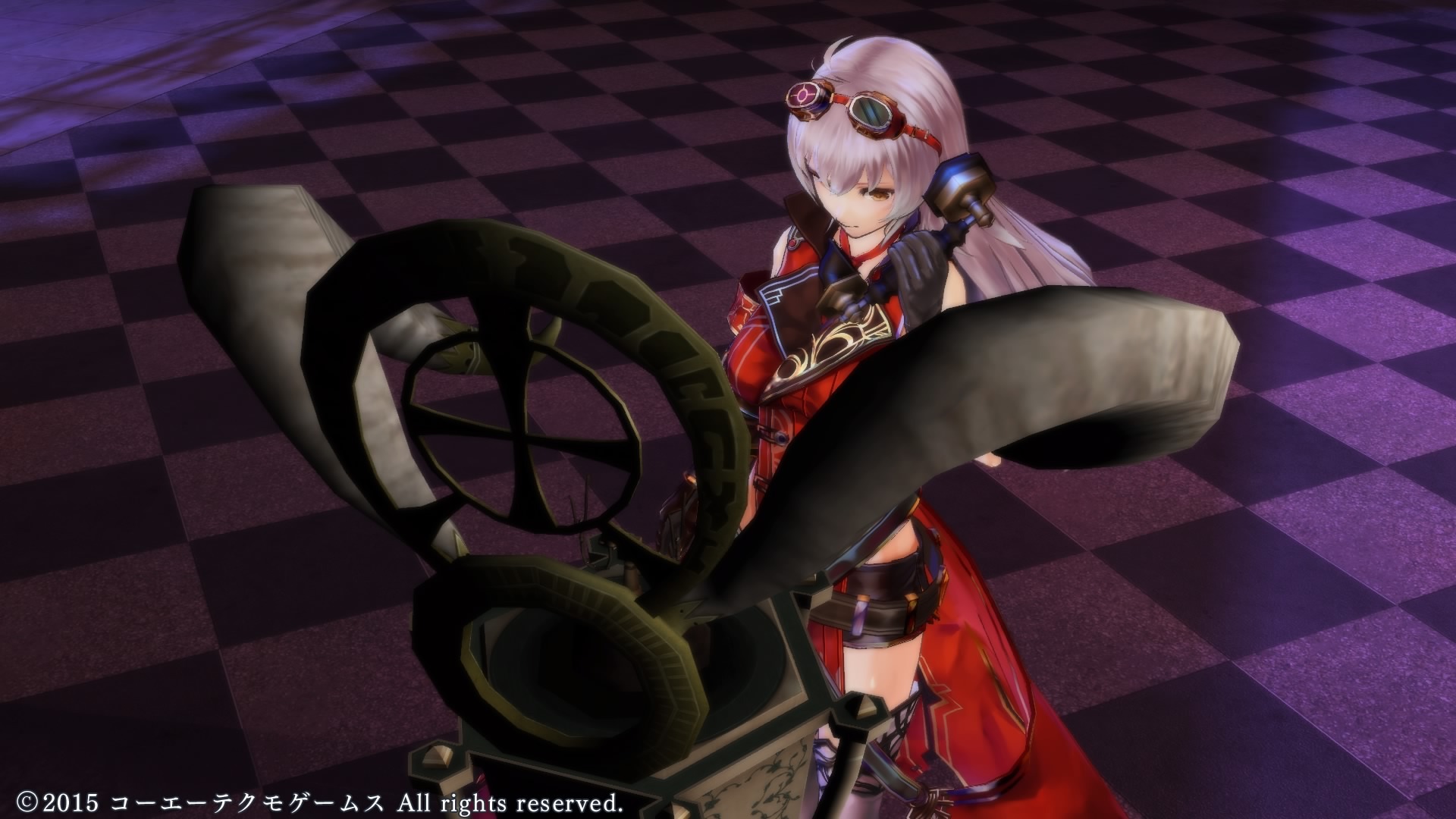
-
Nights of Azure Screenshots #19
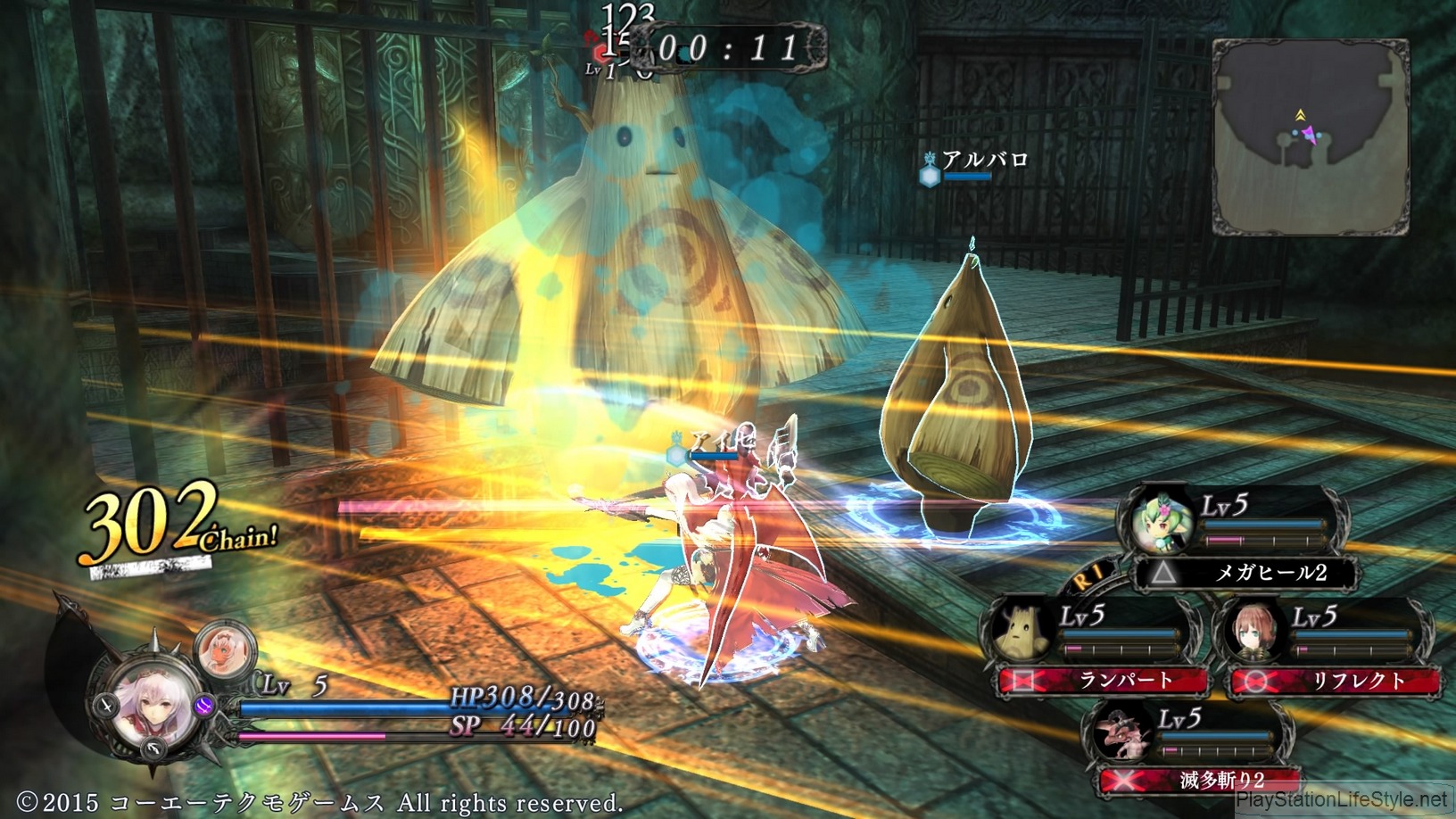
-
Nights of Azure Screenshots #20
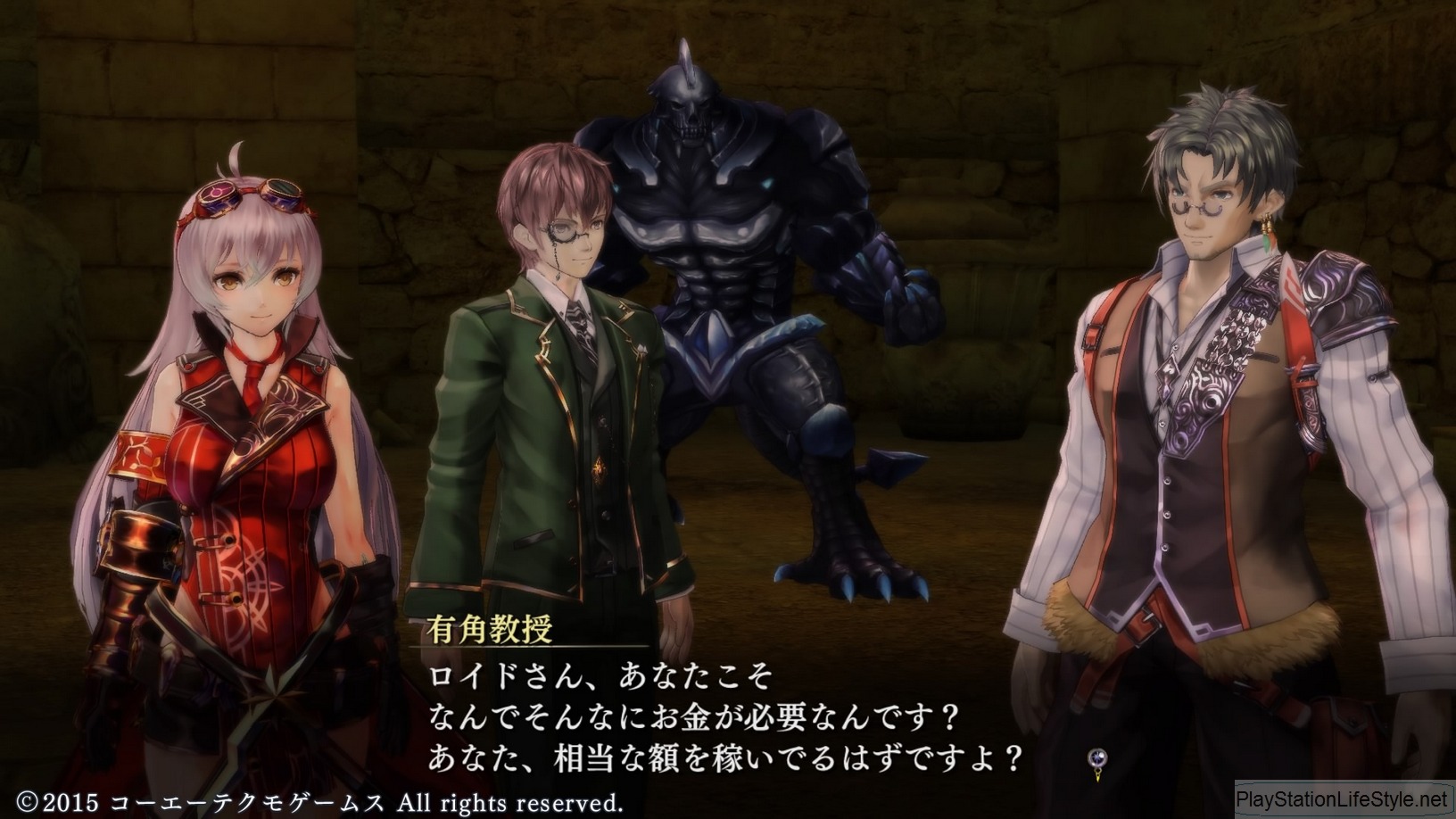
-
Nights of Azure Screenshots #21
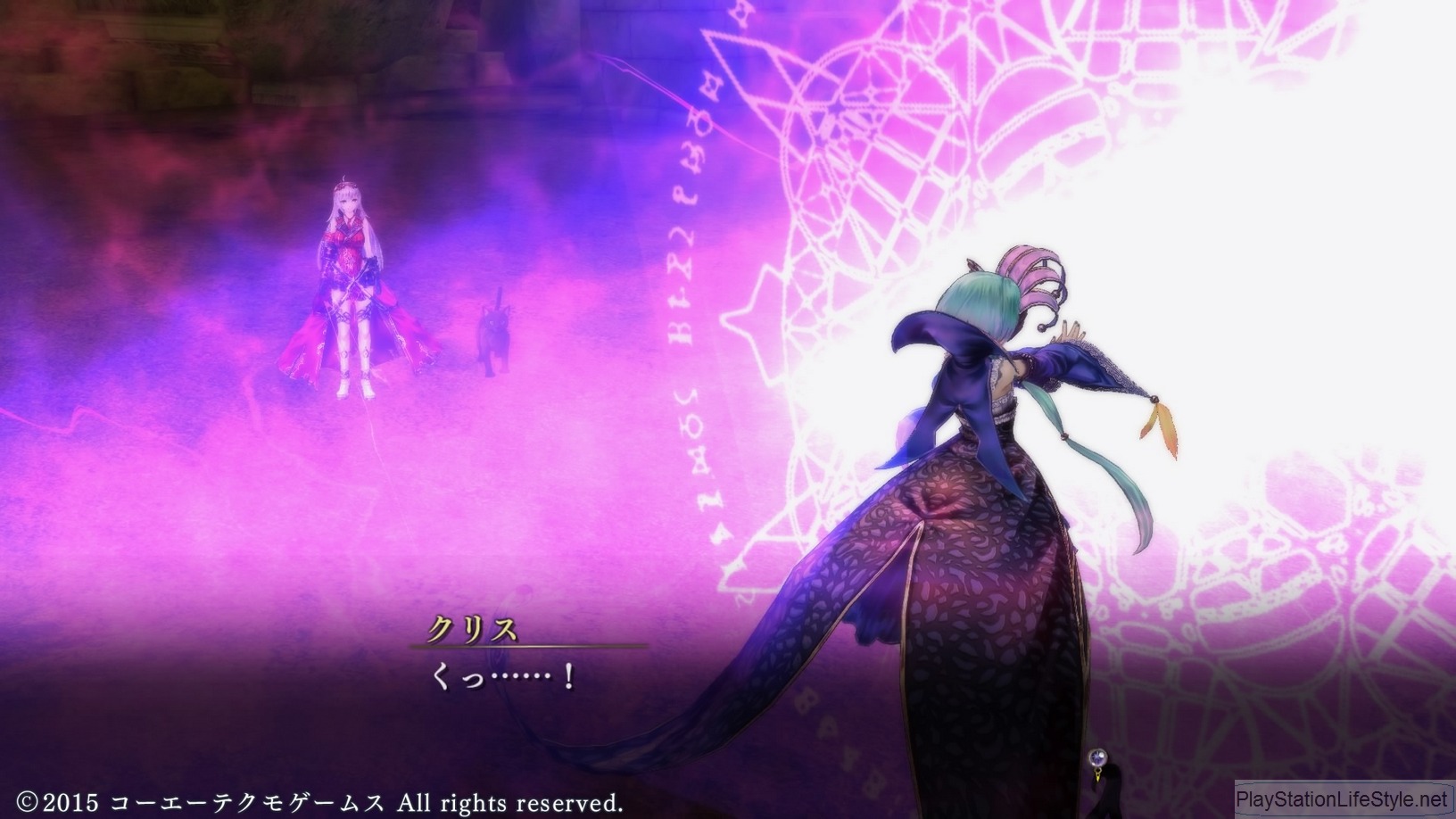
-
Nights of Azure Screenshots #22
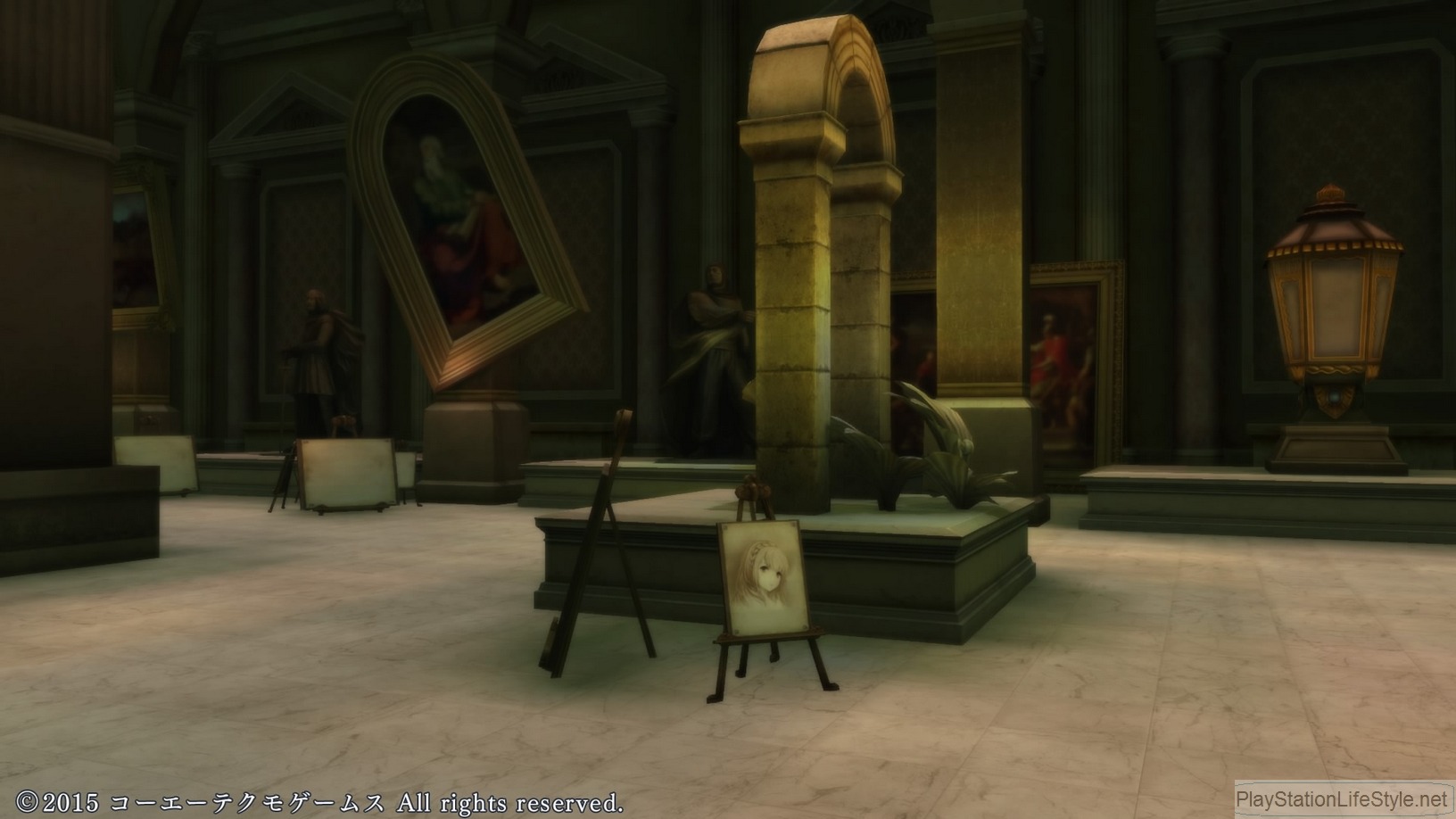
-
Nights of Azure Screenshots #23
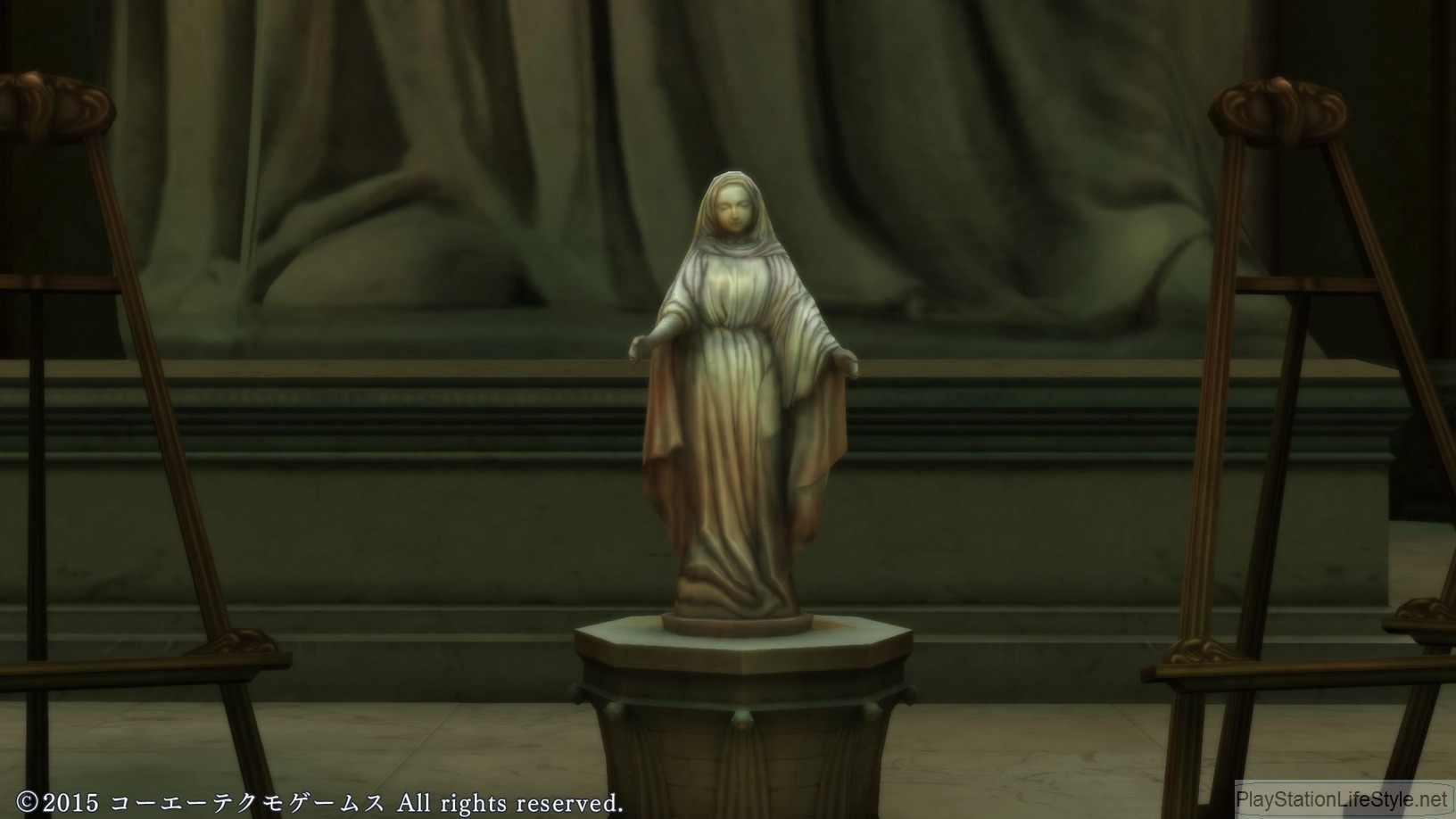
-
Nights of Azure Screenshots #24
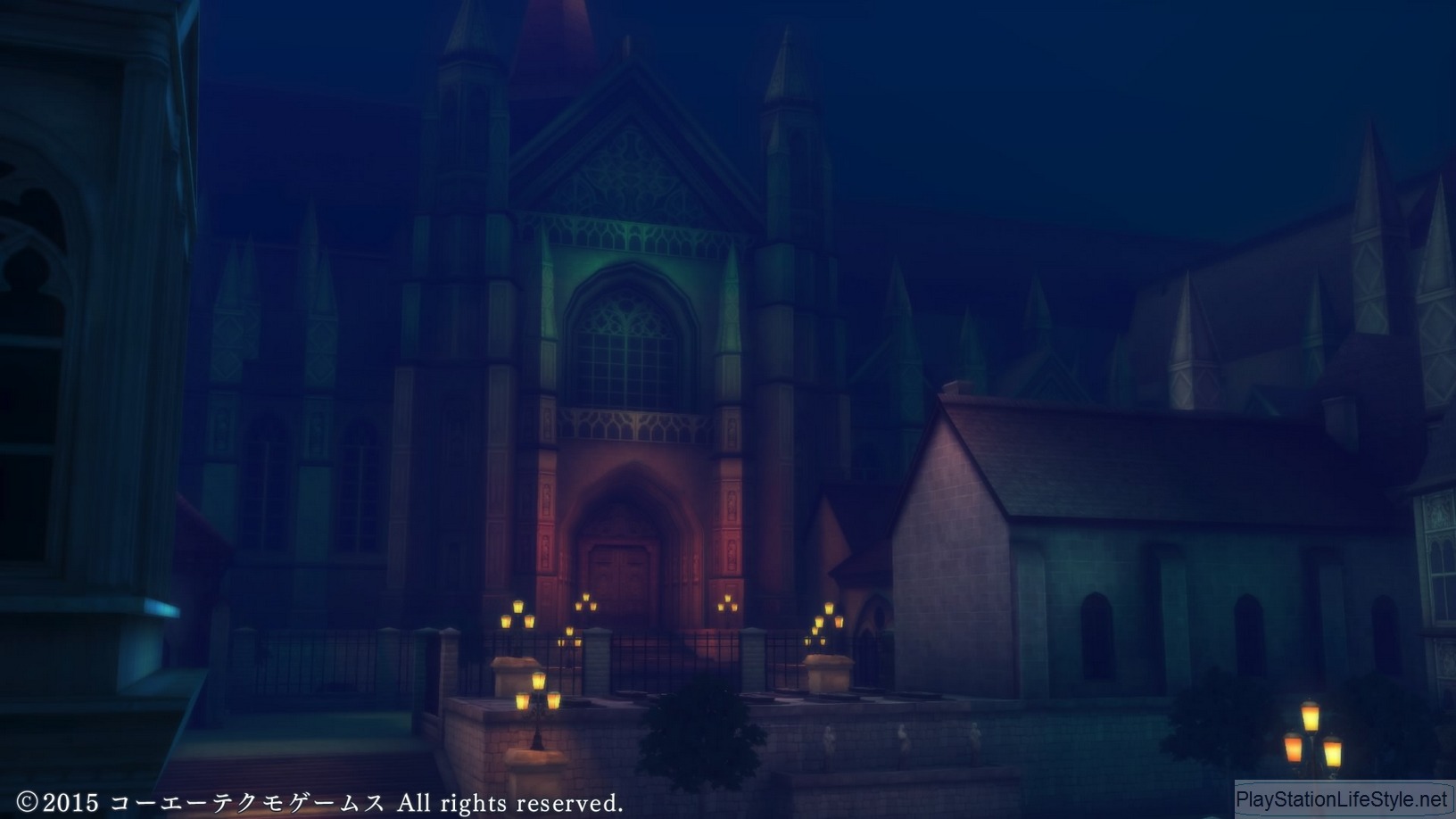
-
Nights of Azure Screenshots #25
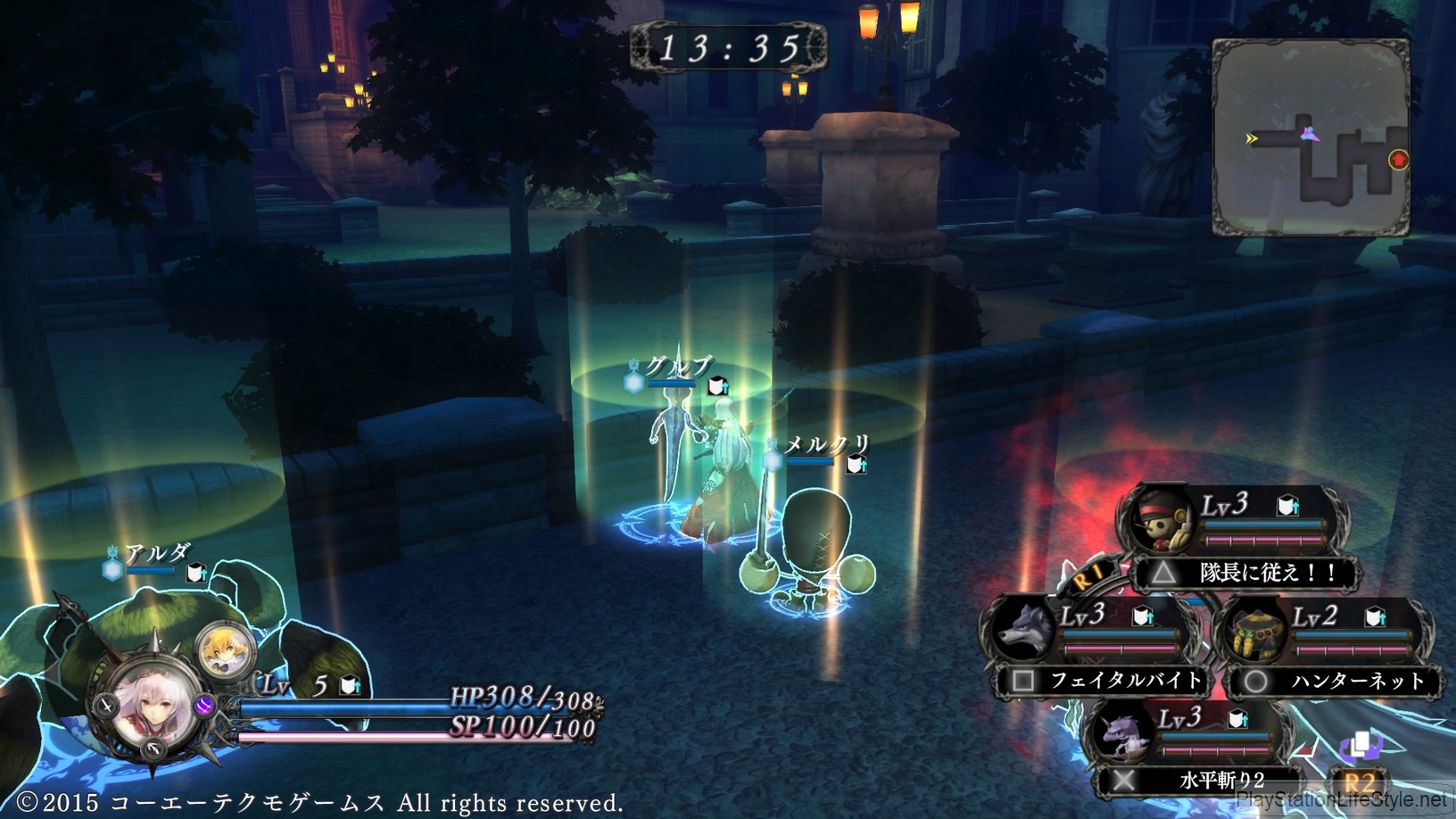
-
Nights of Azure Screenshots #26

-
Nights of Azure Screenshots #27
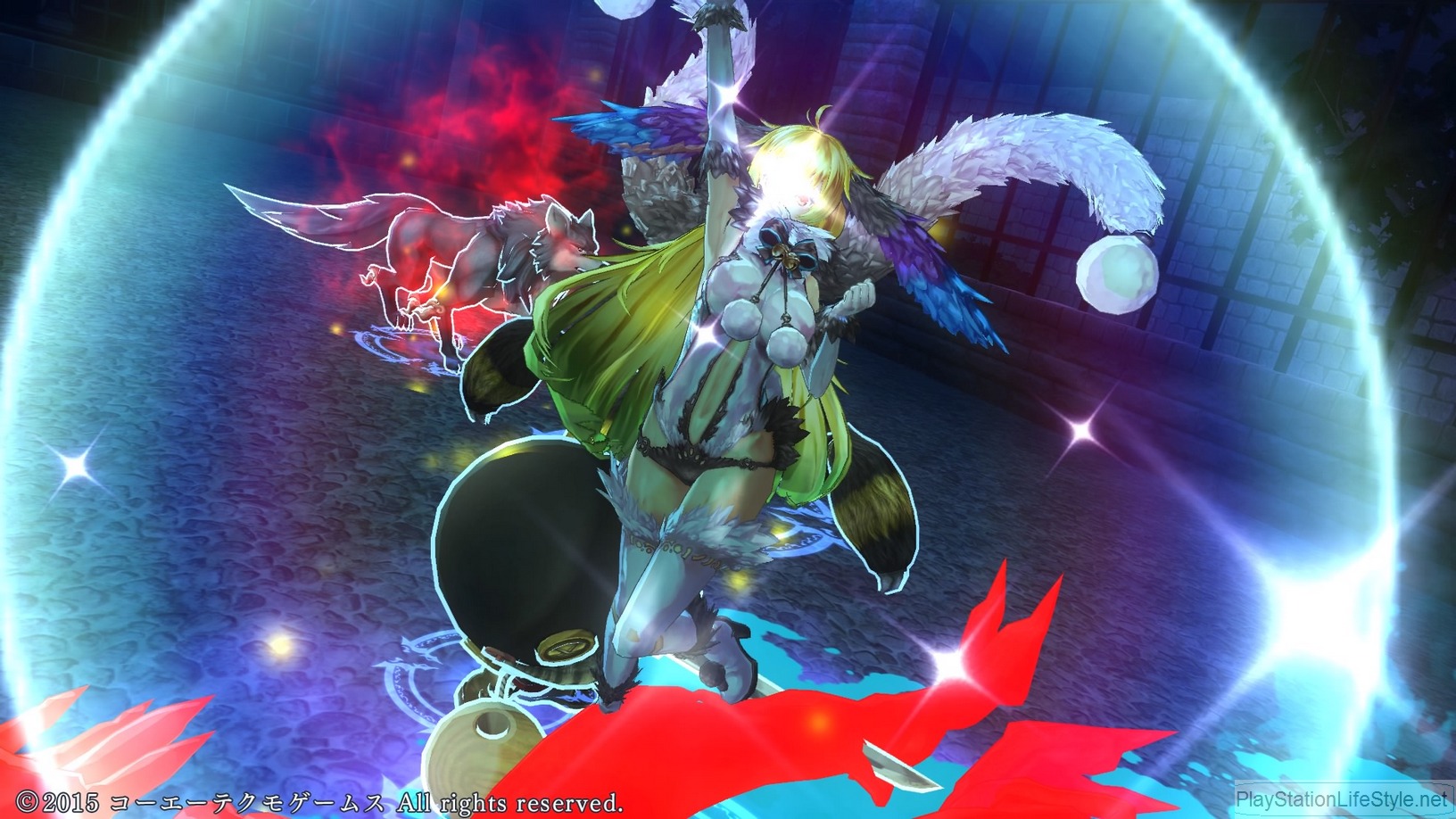
-
Nights of Azure Screenshots #28
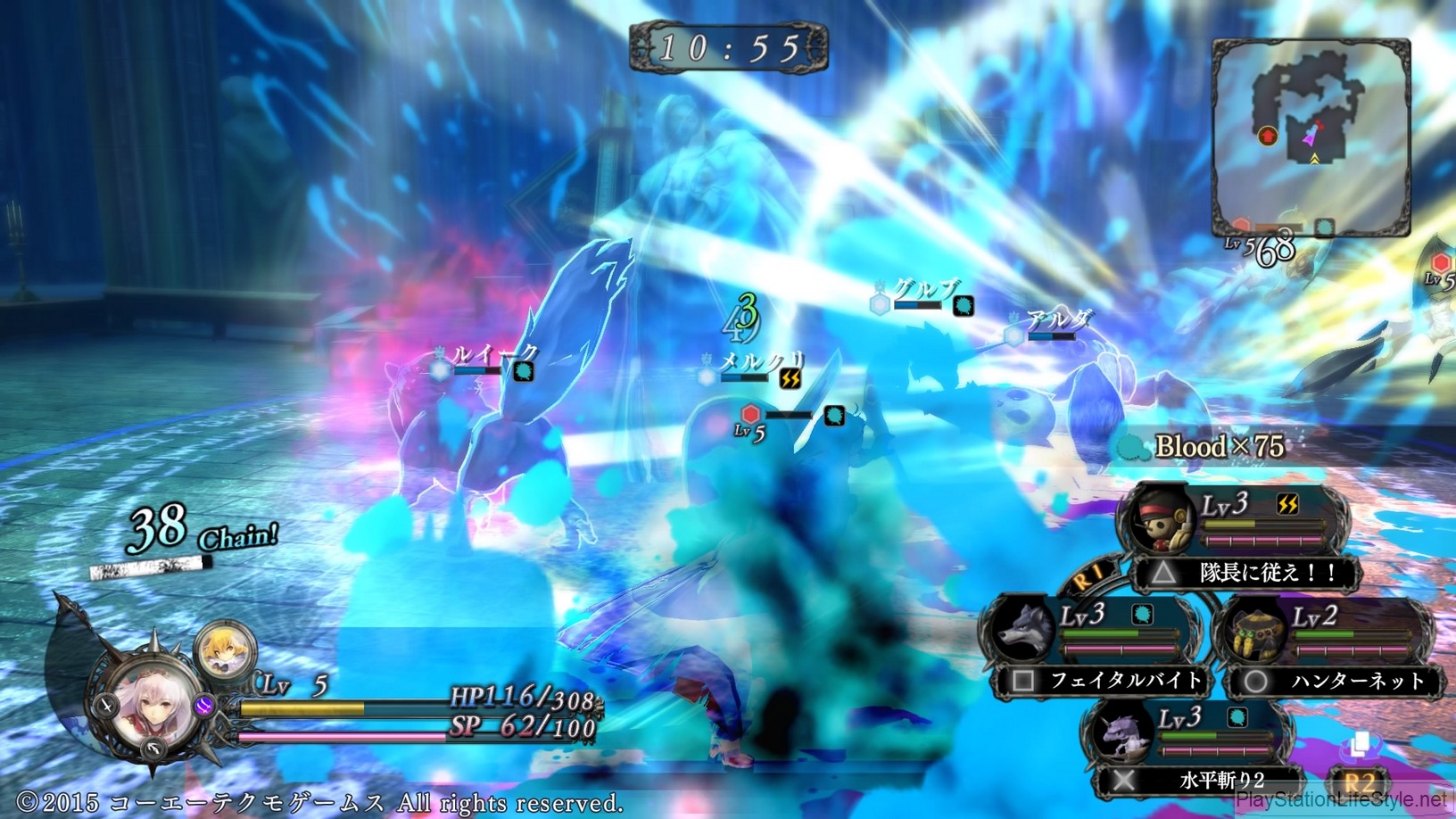
-
Nights of Azure Screenshots #29
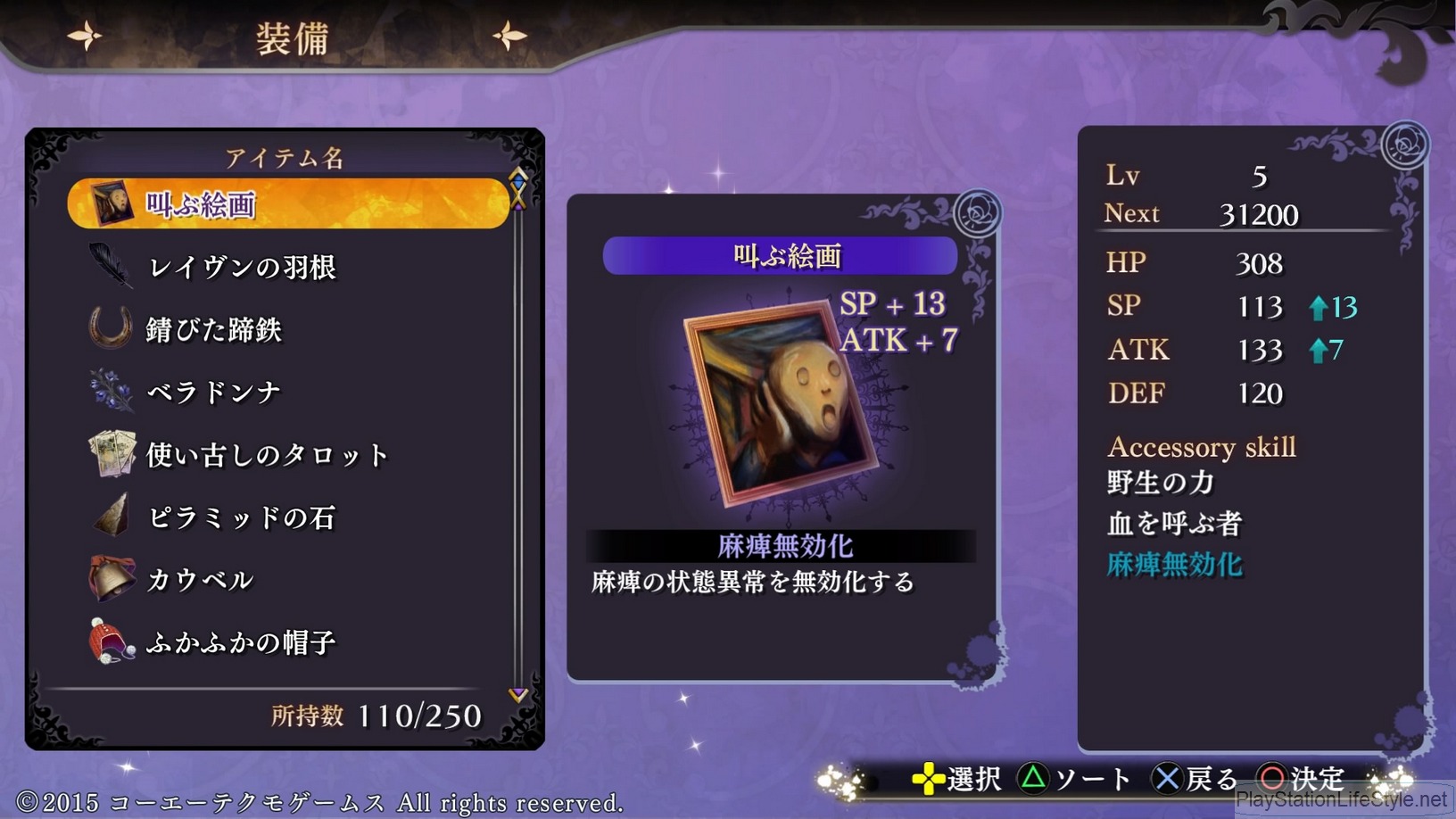
-
Nights of Azure Screenshots #30
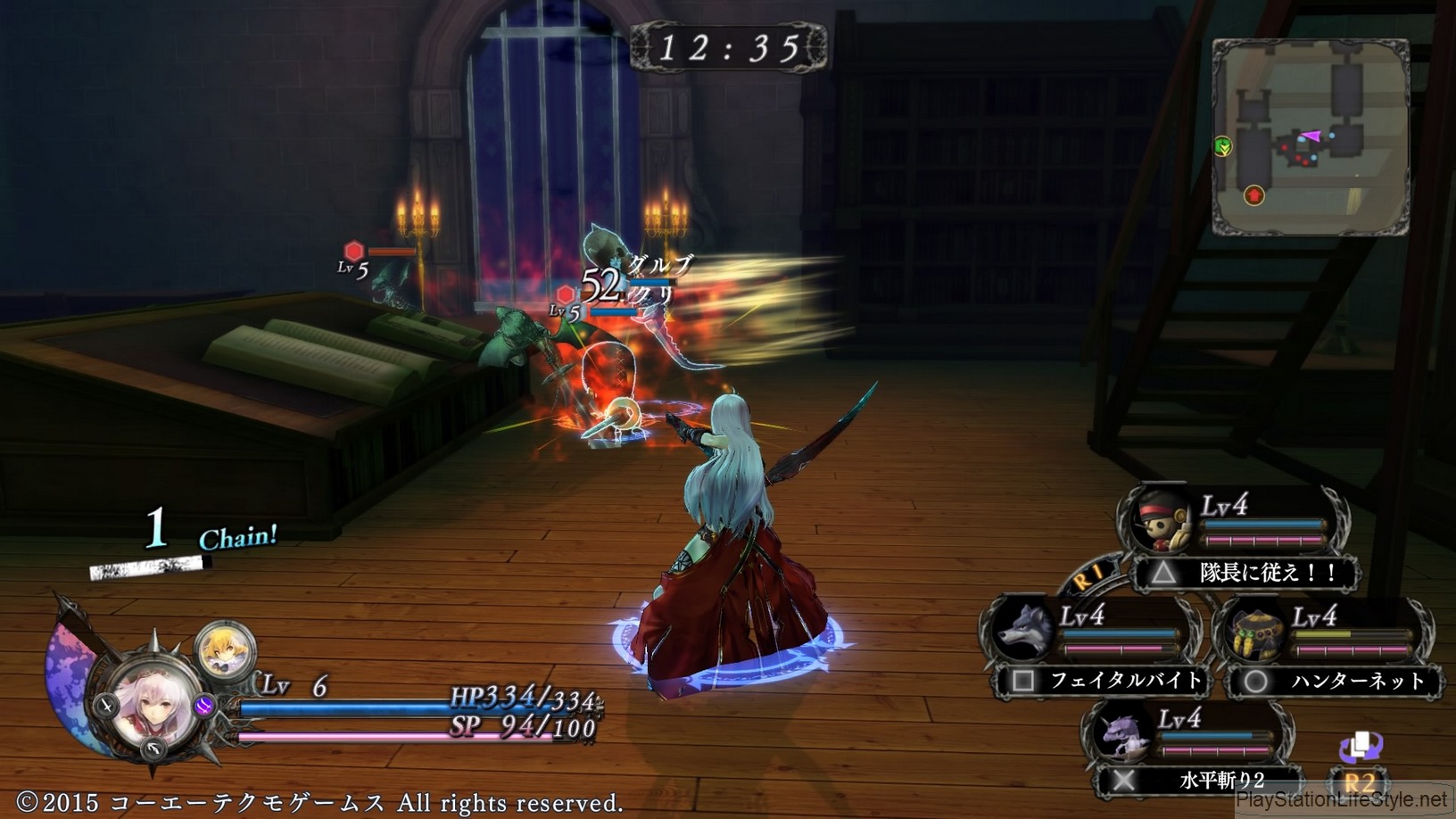
-
Nights of Azure Screenshots #31

-
Nights of Azure Screenshots #32
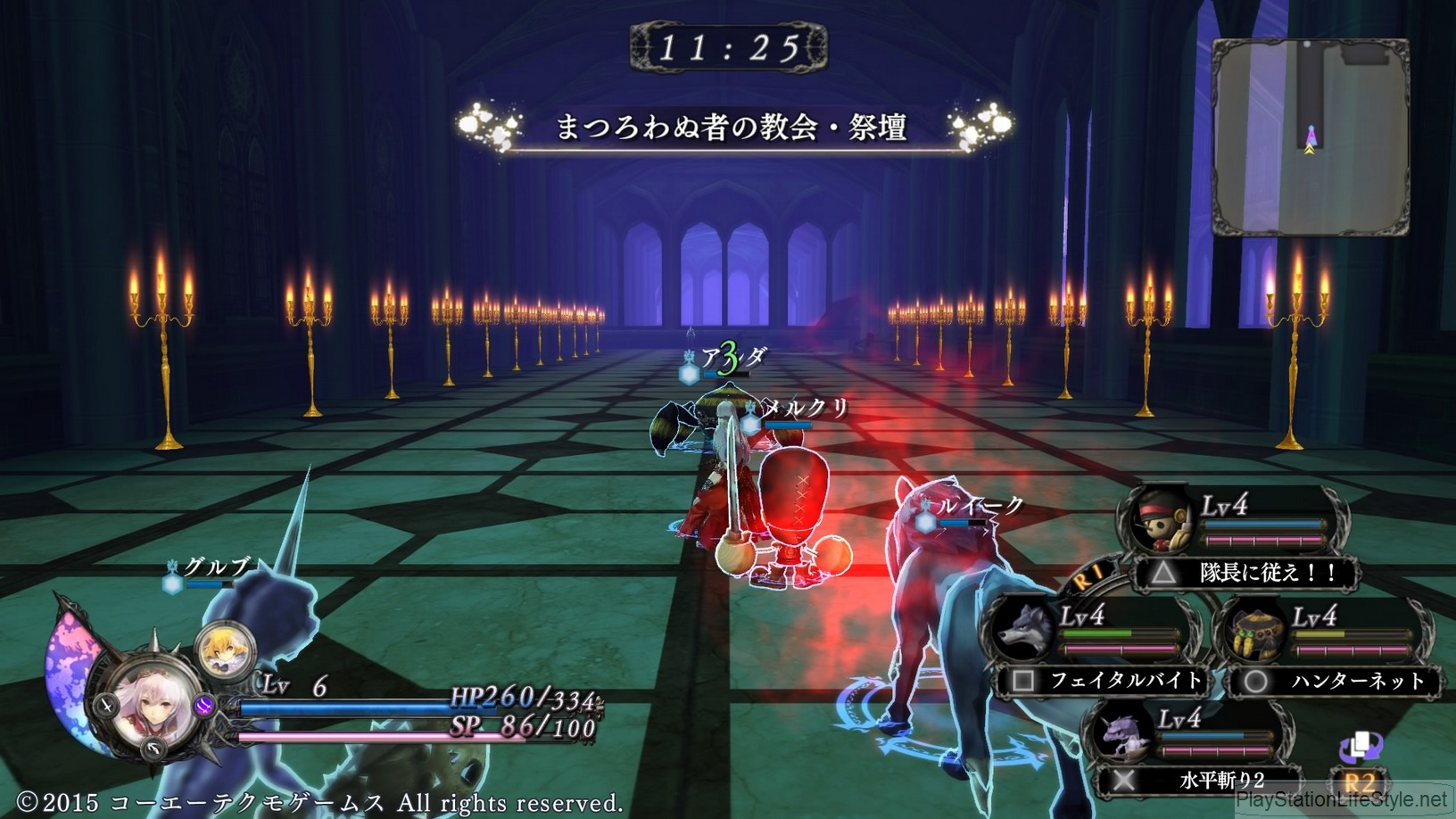
-
Nights of Azure Screenshots #33
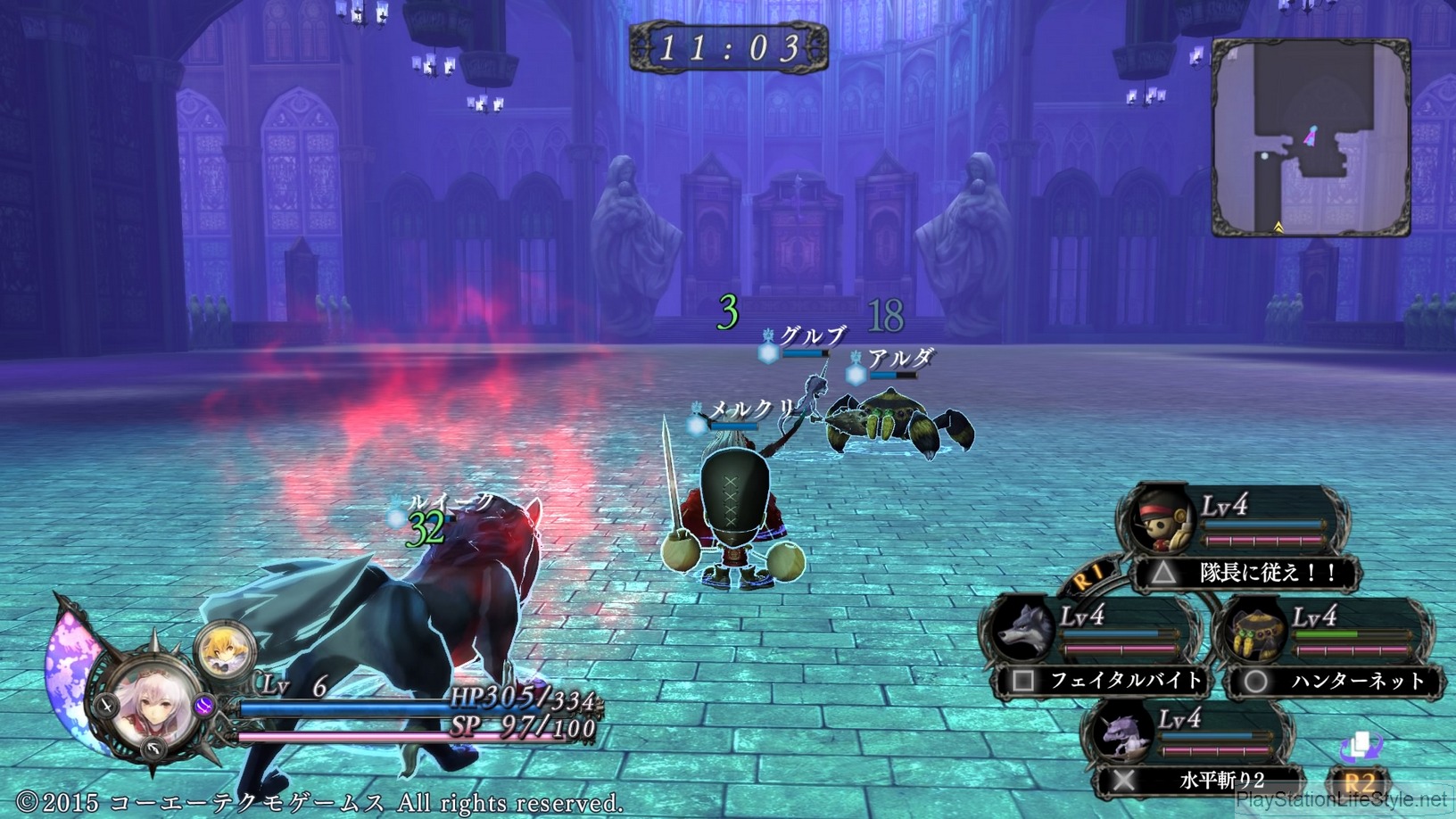
-
Nights of Azure Screenshots #34
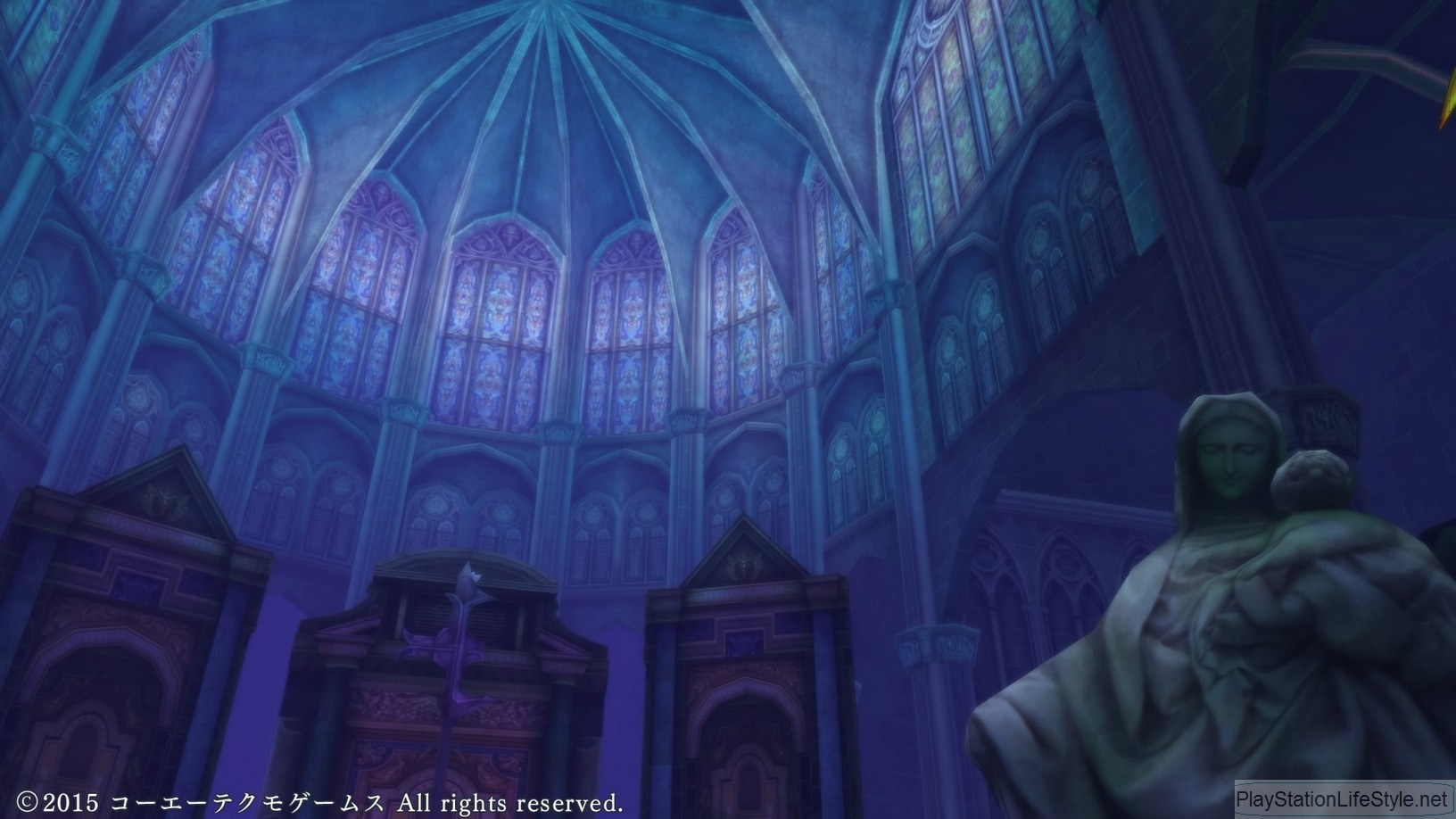
-
Nights of Azure Screenshots #35
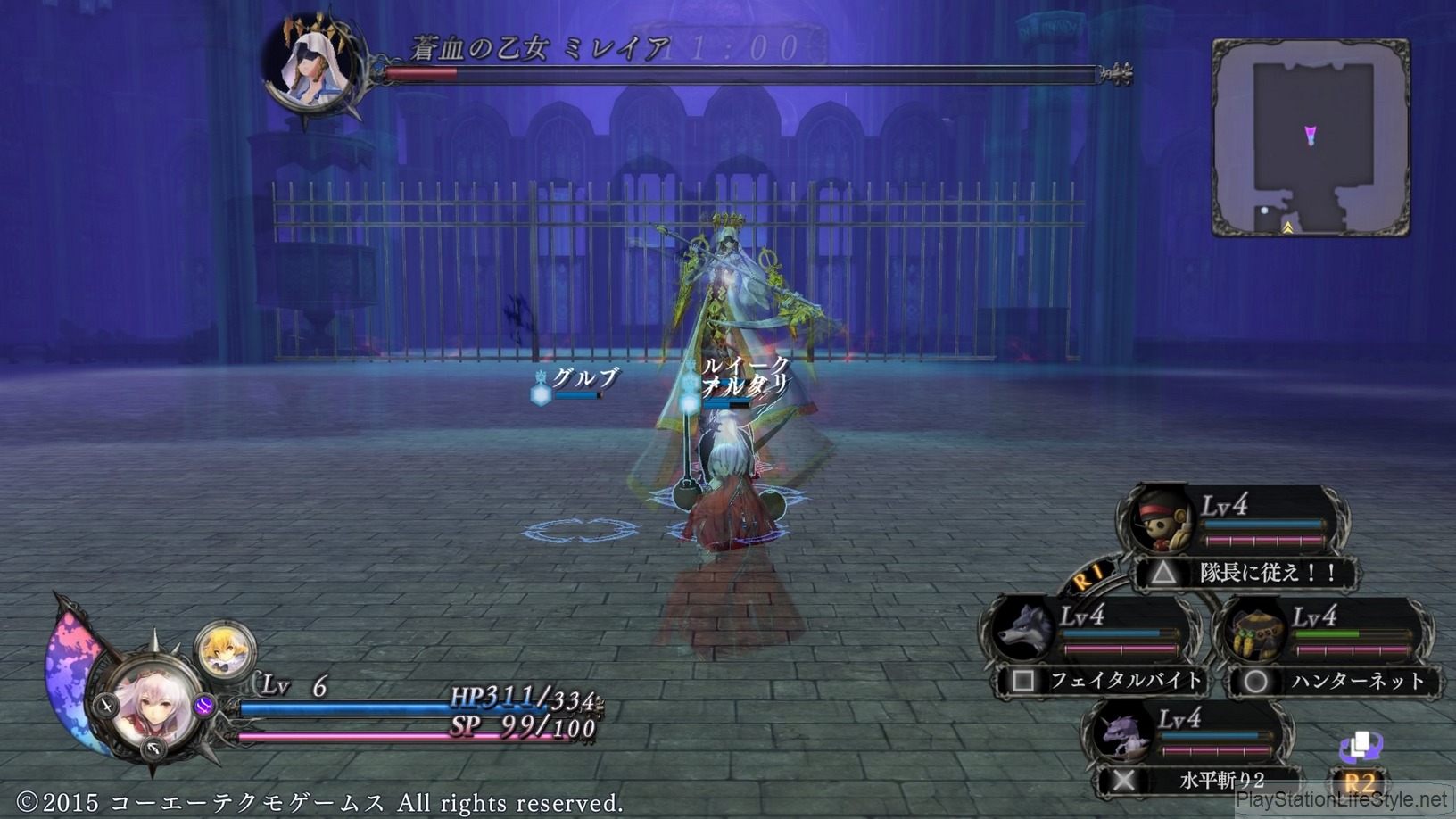
-
Nights of Azure Screenshots #36
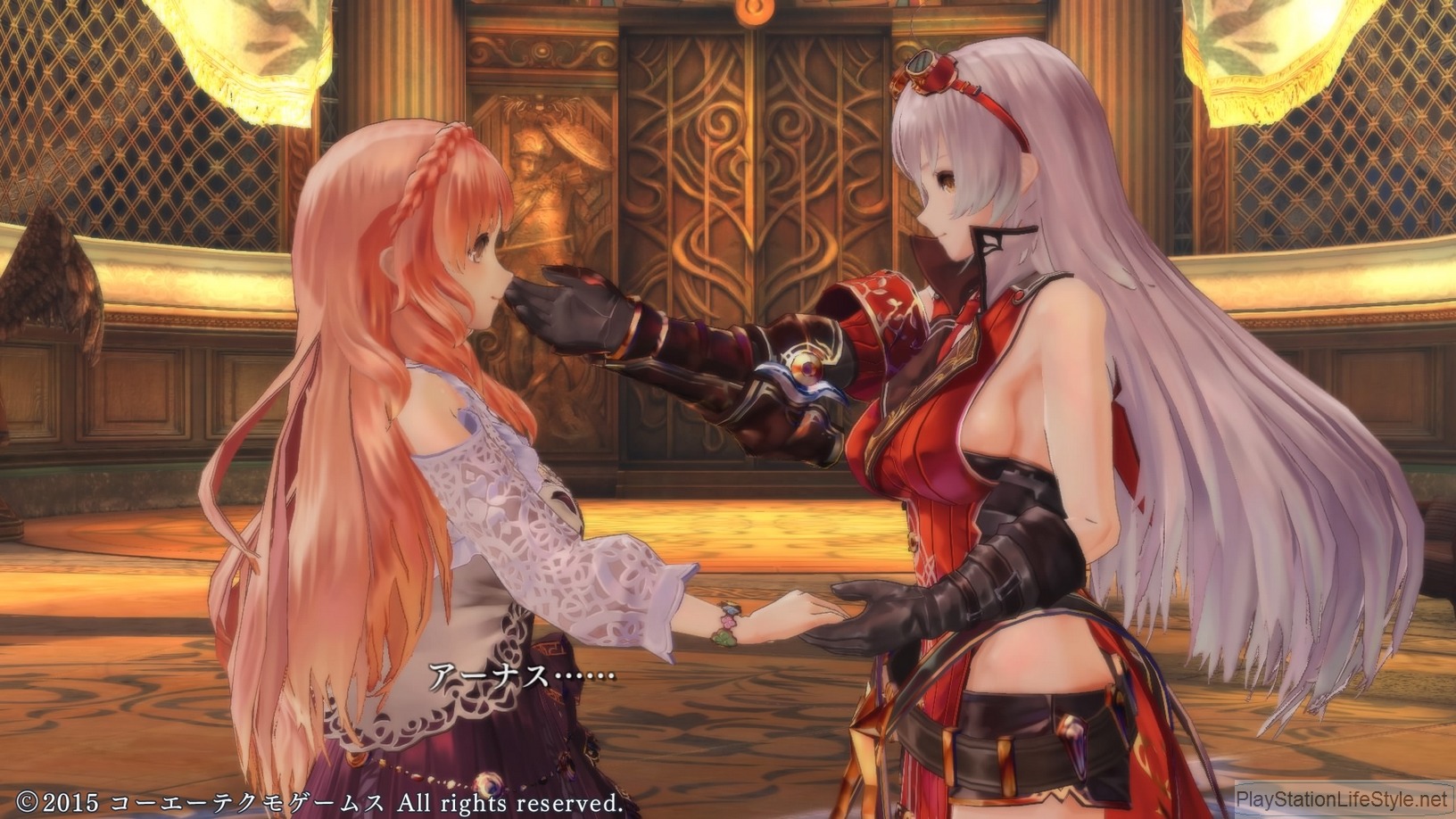
-
Nights of Azure Screenshots #37
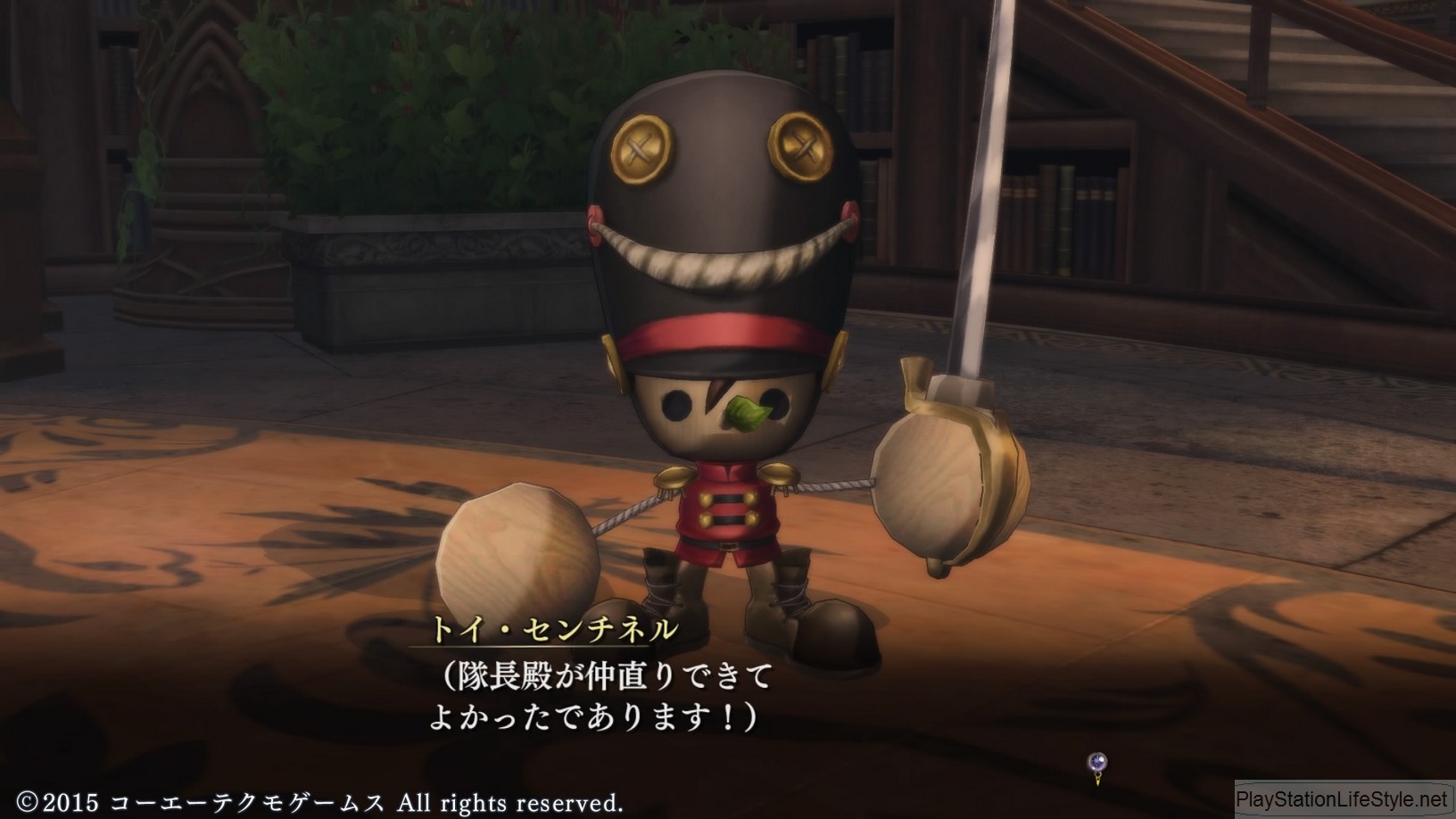
-
Nights of Azure Screenshots #38
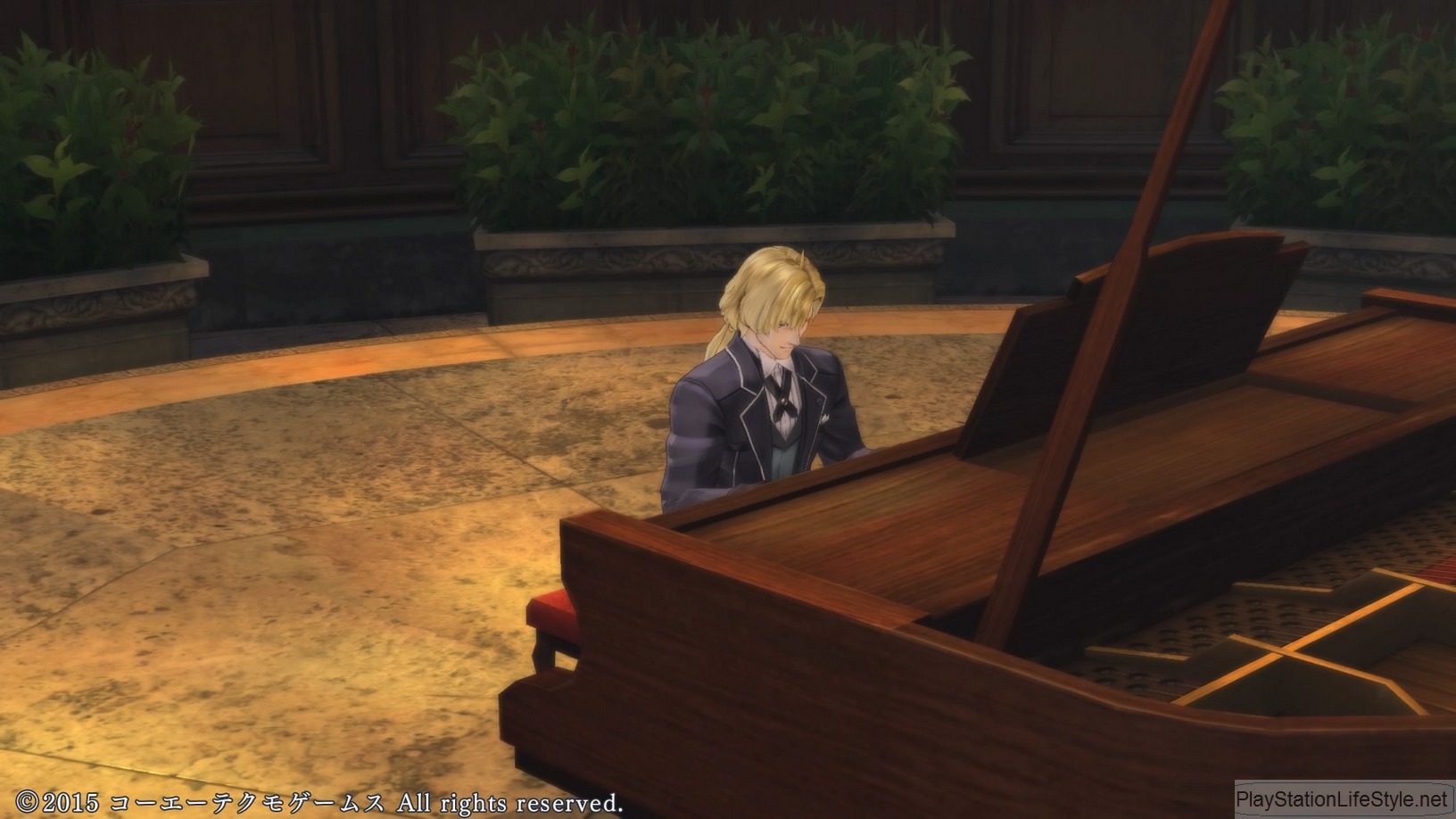
-
Nights of Azure Screenshots #39
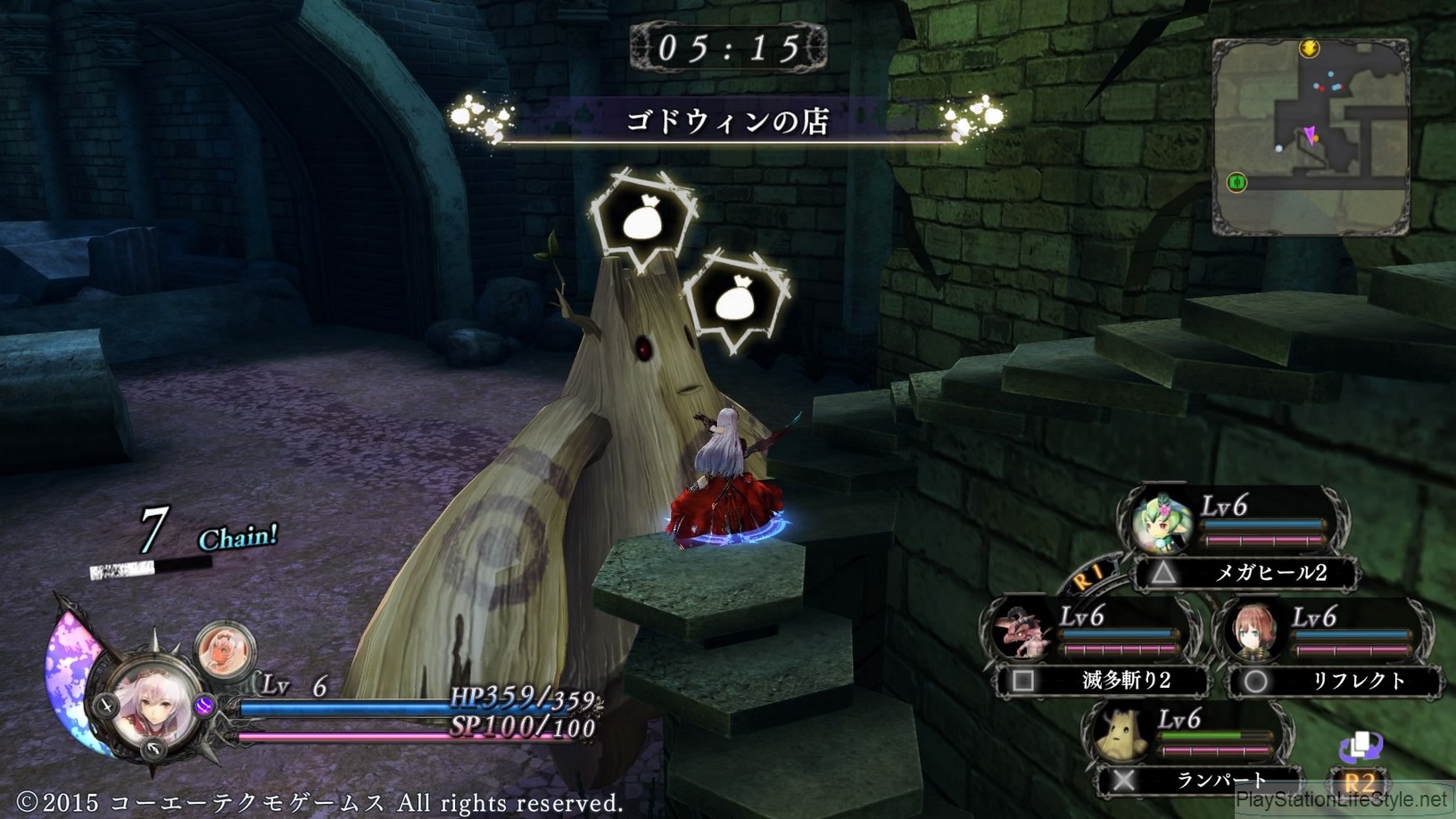
-
Nights of Azure Screenshots #40
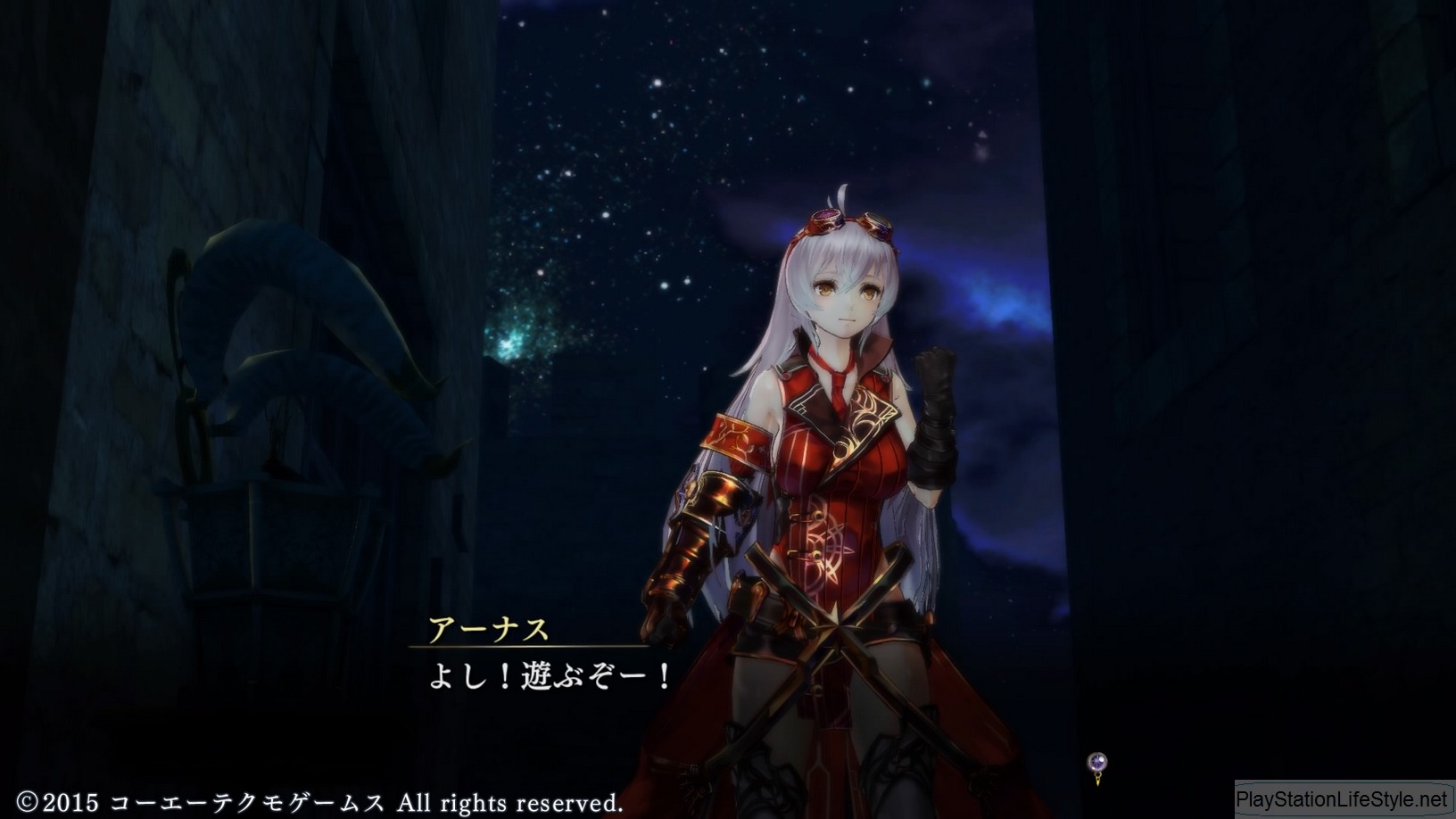
-
Nights of Azure Screenshots #41
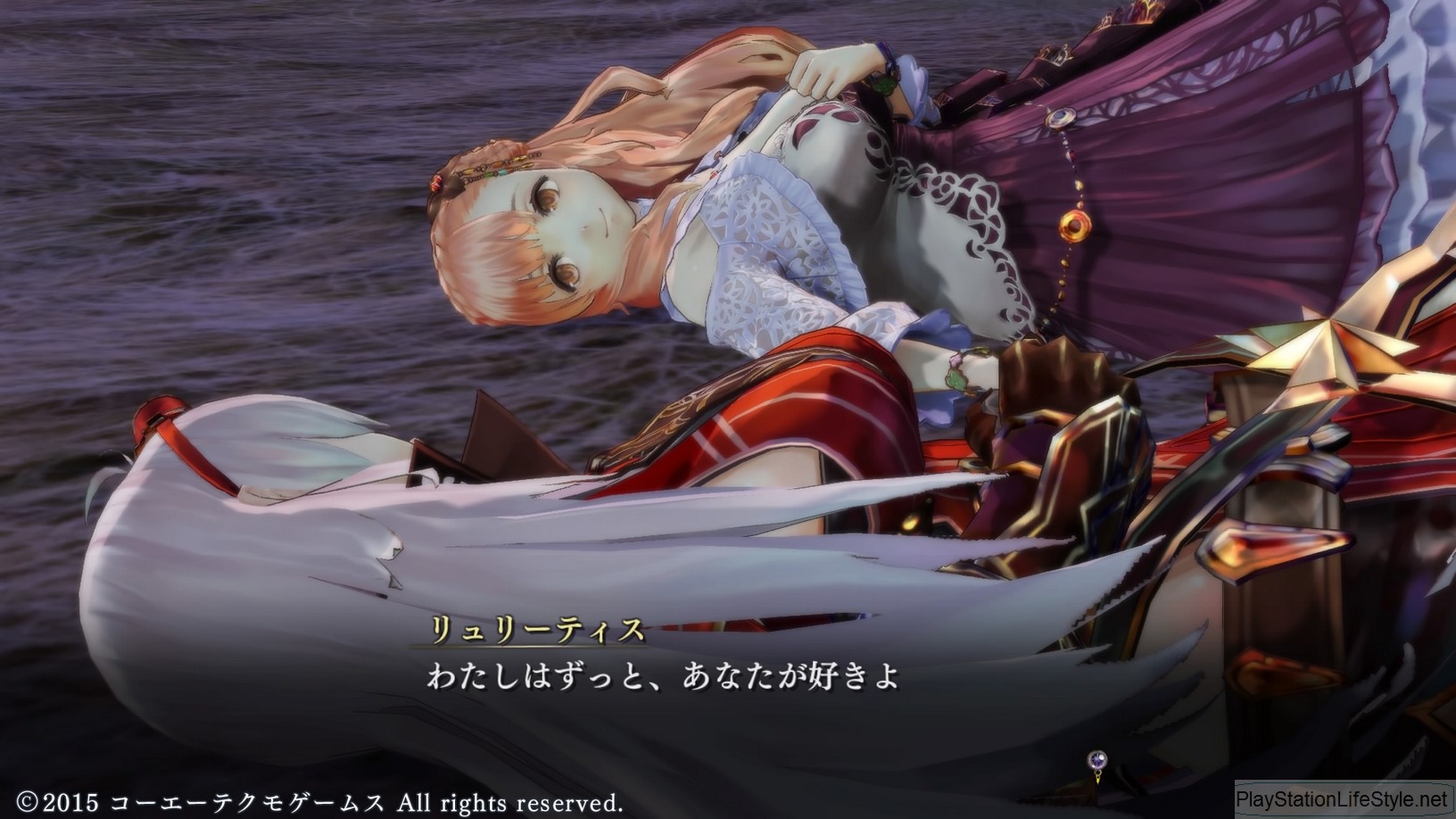
-
Nights of Azure Screenshots #42
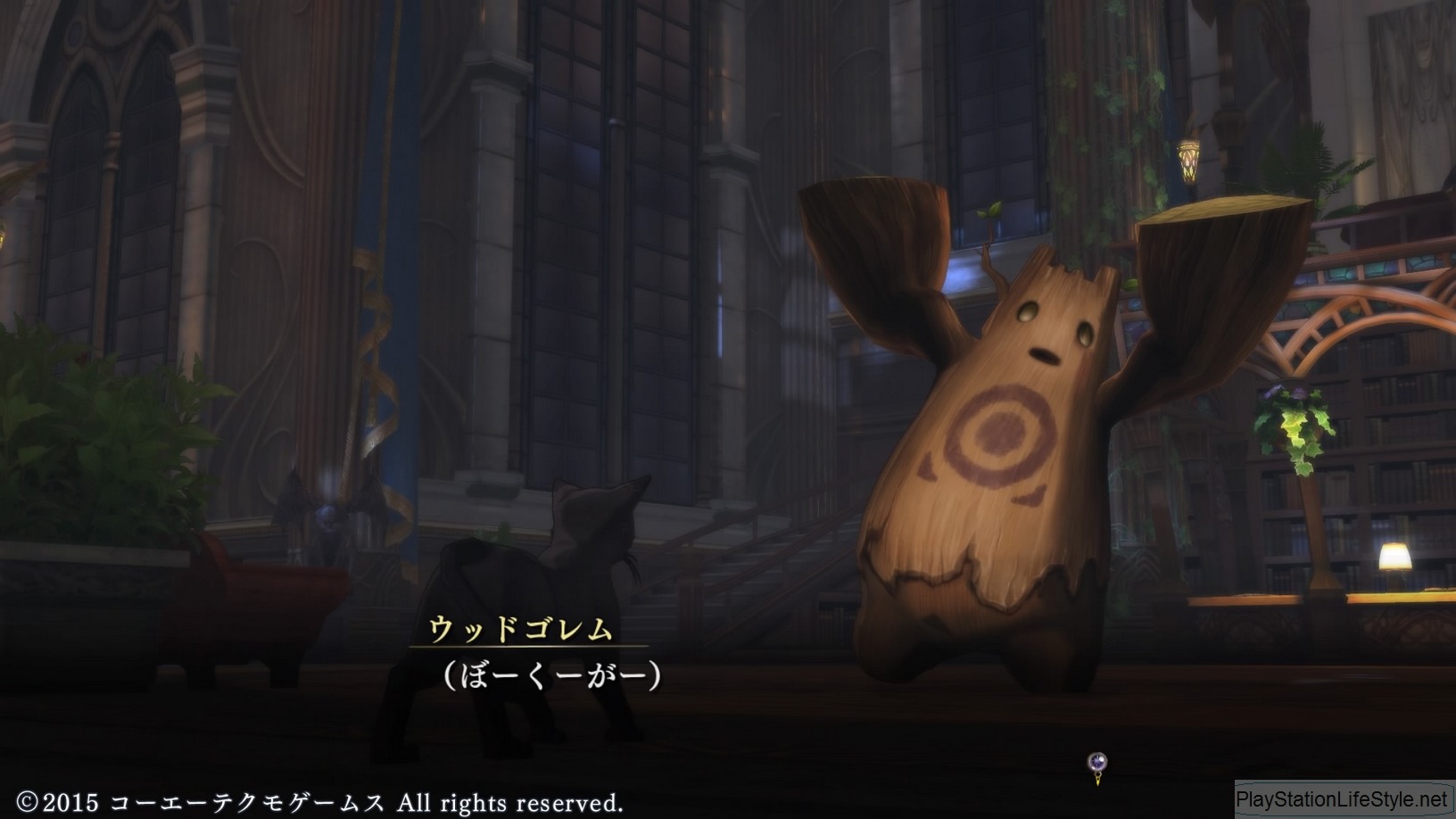
-
Nights of Azure Screenshots #43
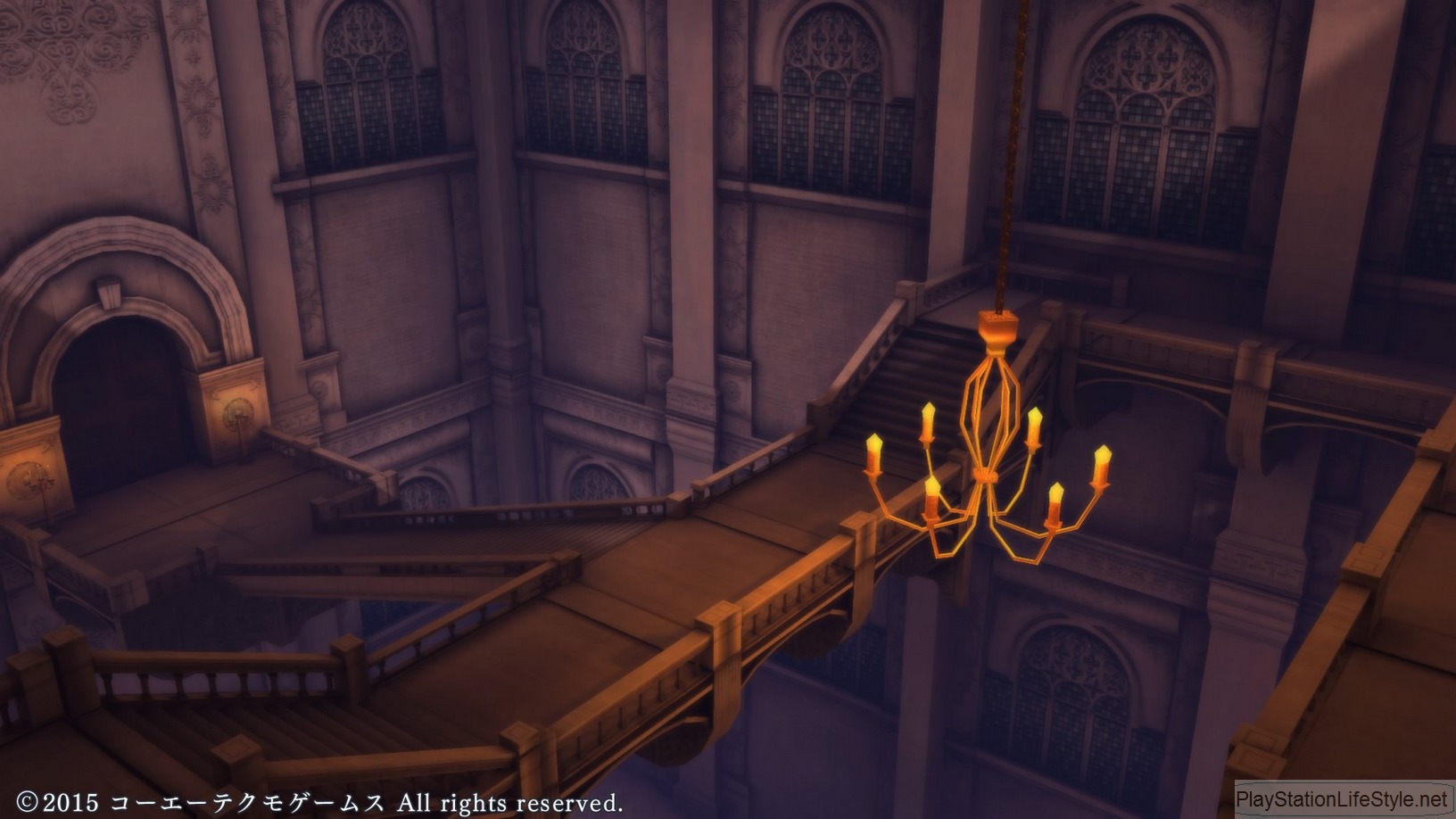
-
Nights of Azure Screenshots #44
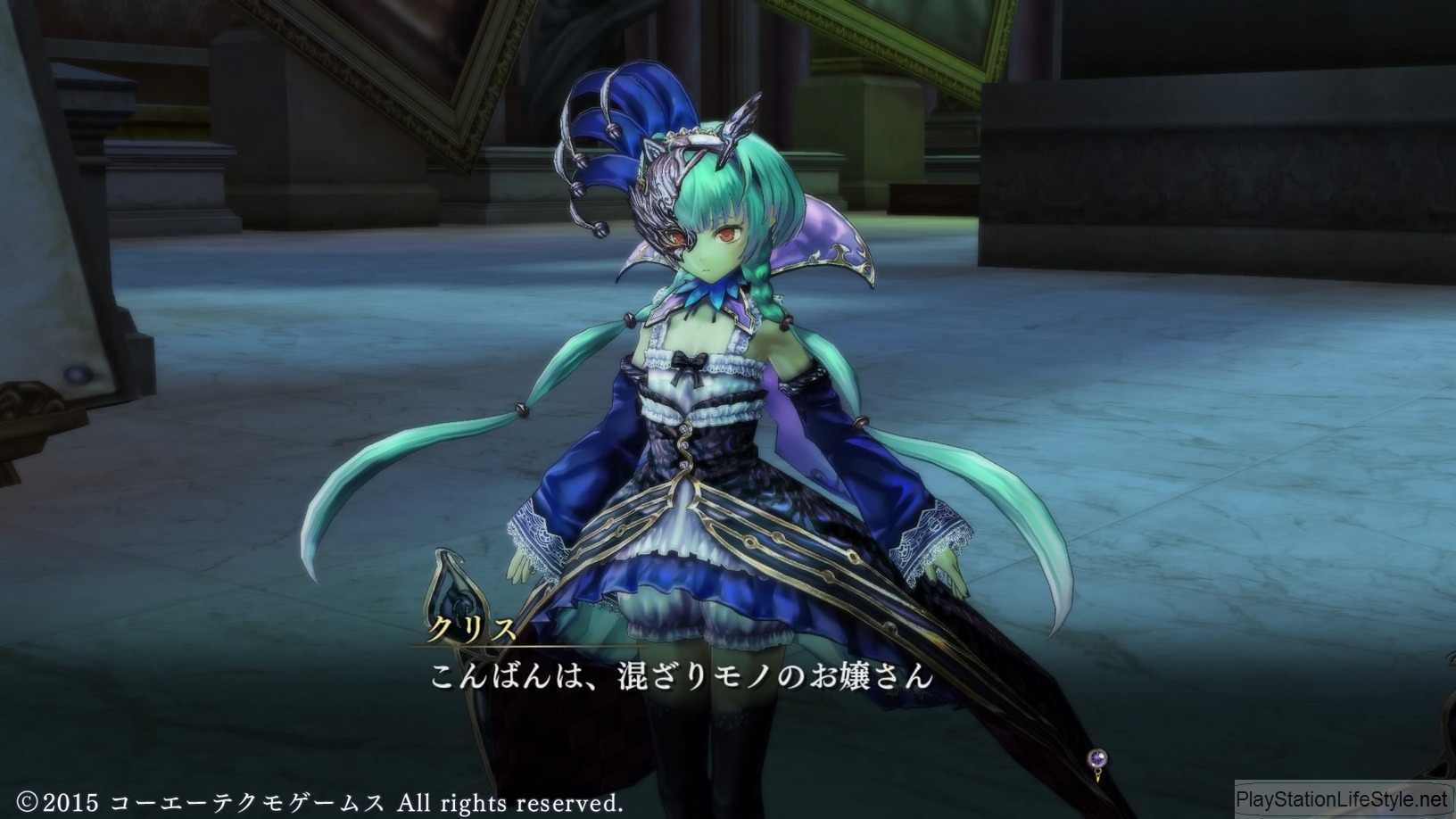
-
Nights of Azure Screenshots #45
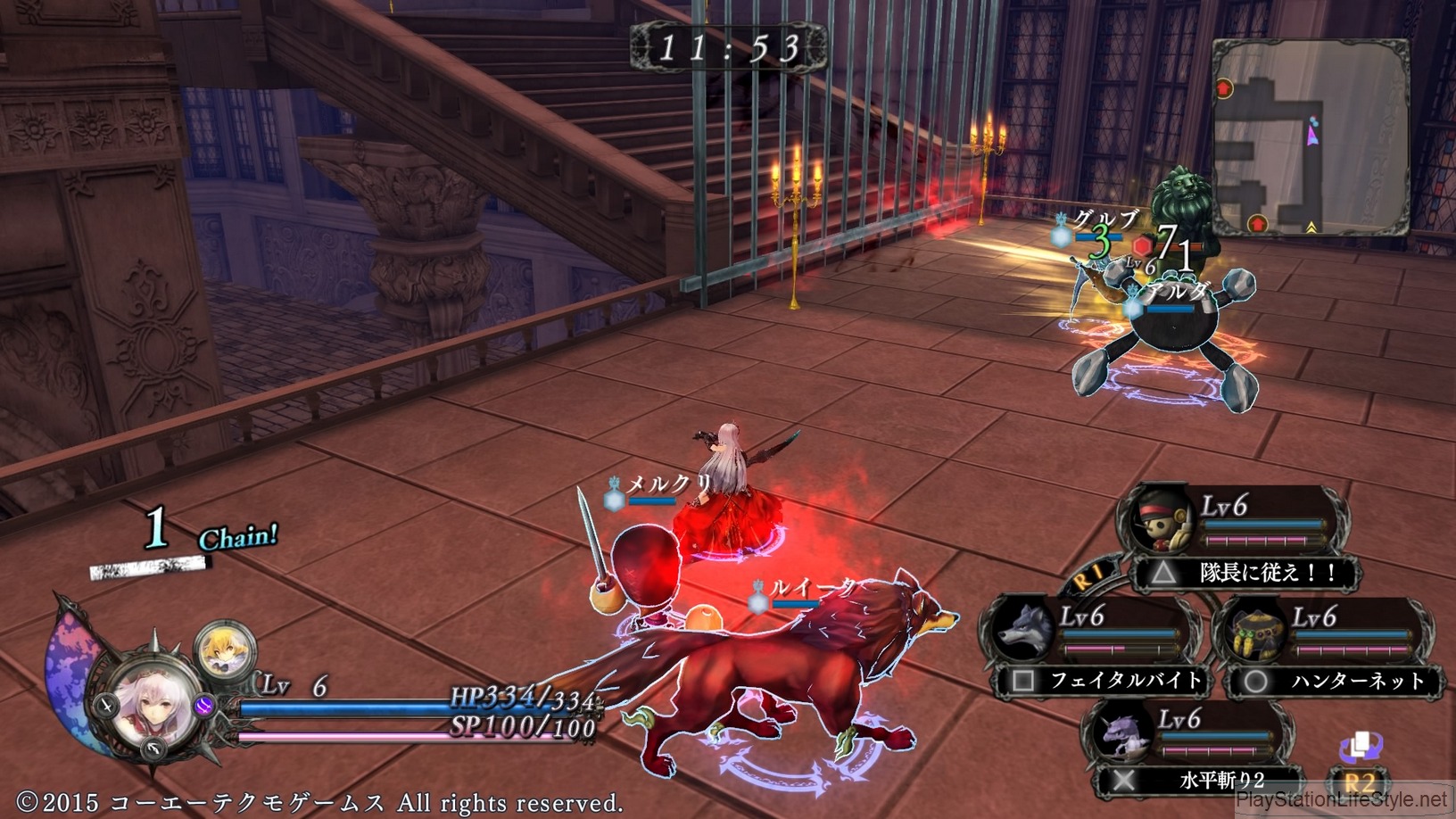
-
Nights of Azure Screenshots #46
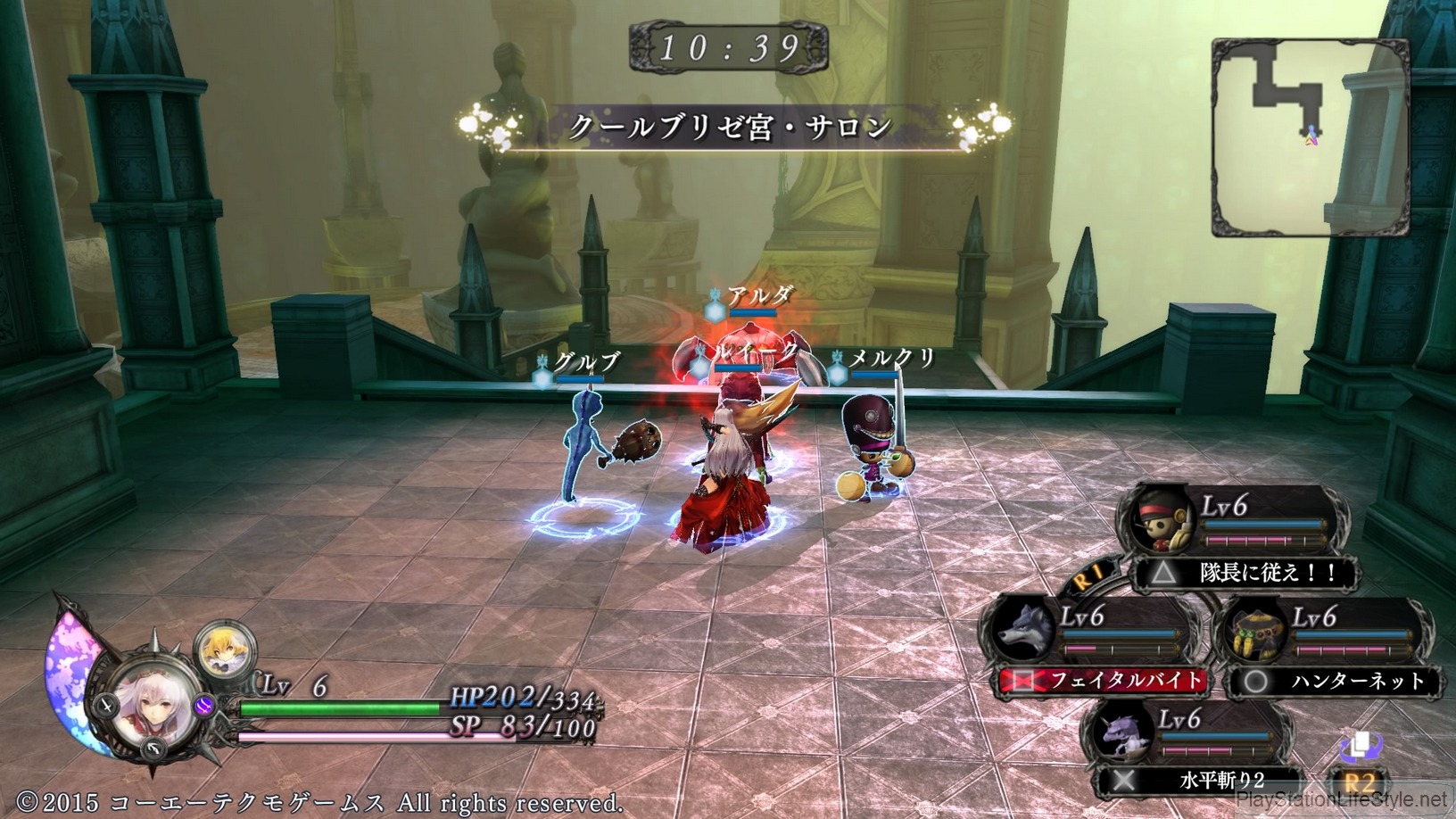
-
Nights of Azure Screenshots #47
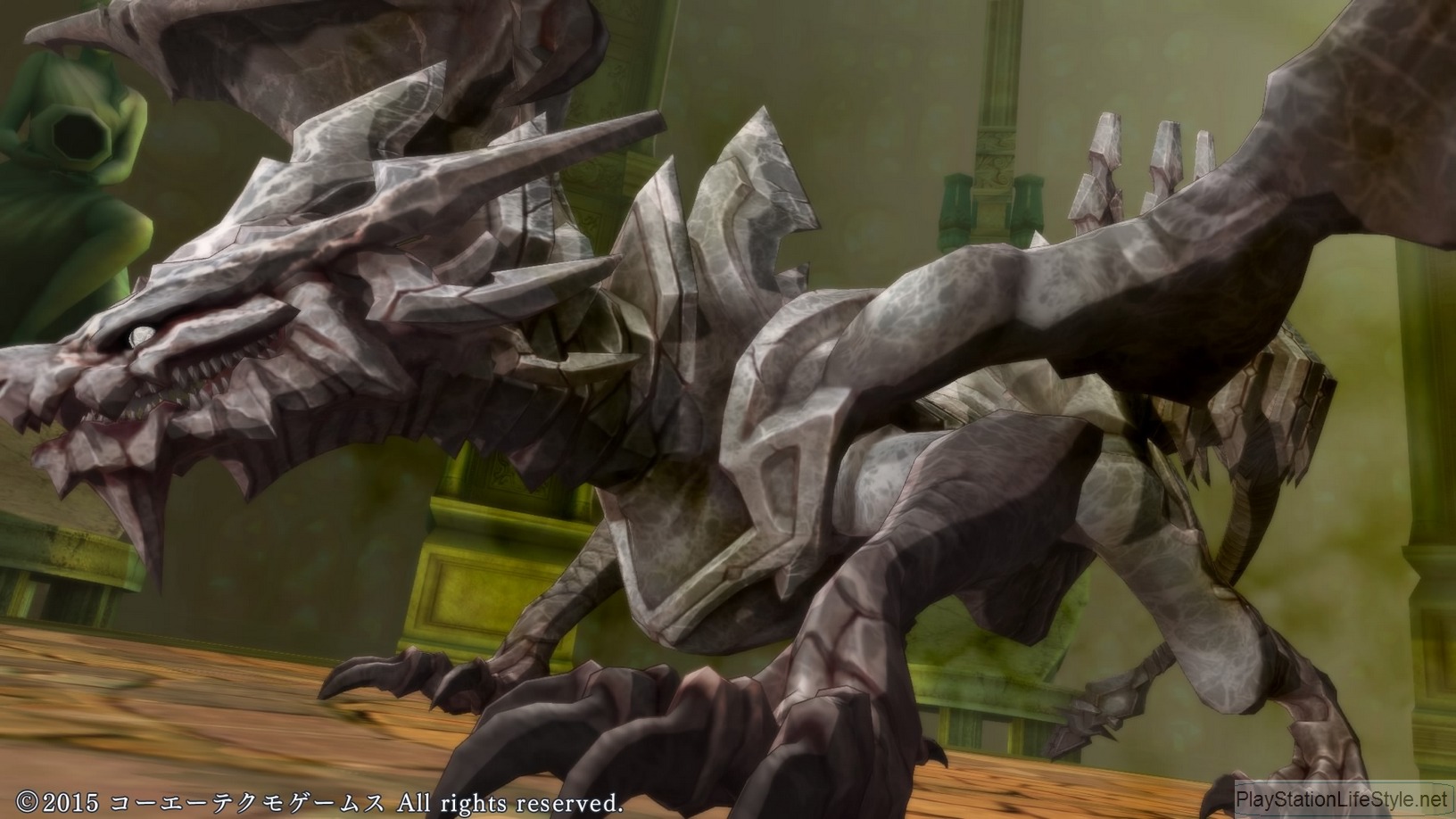
-
Nights of Azure Screenshots #48
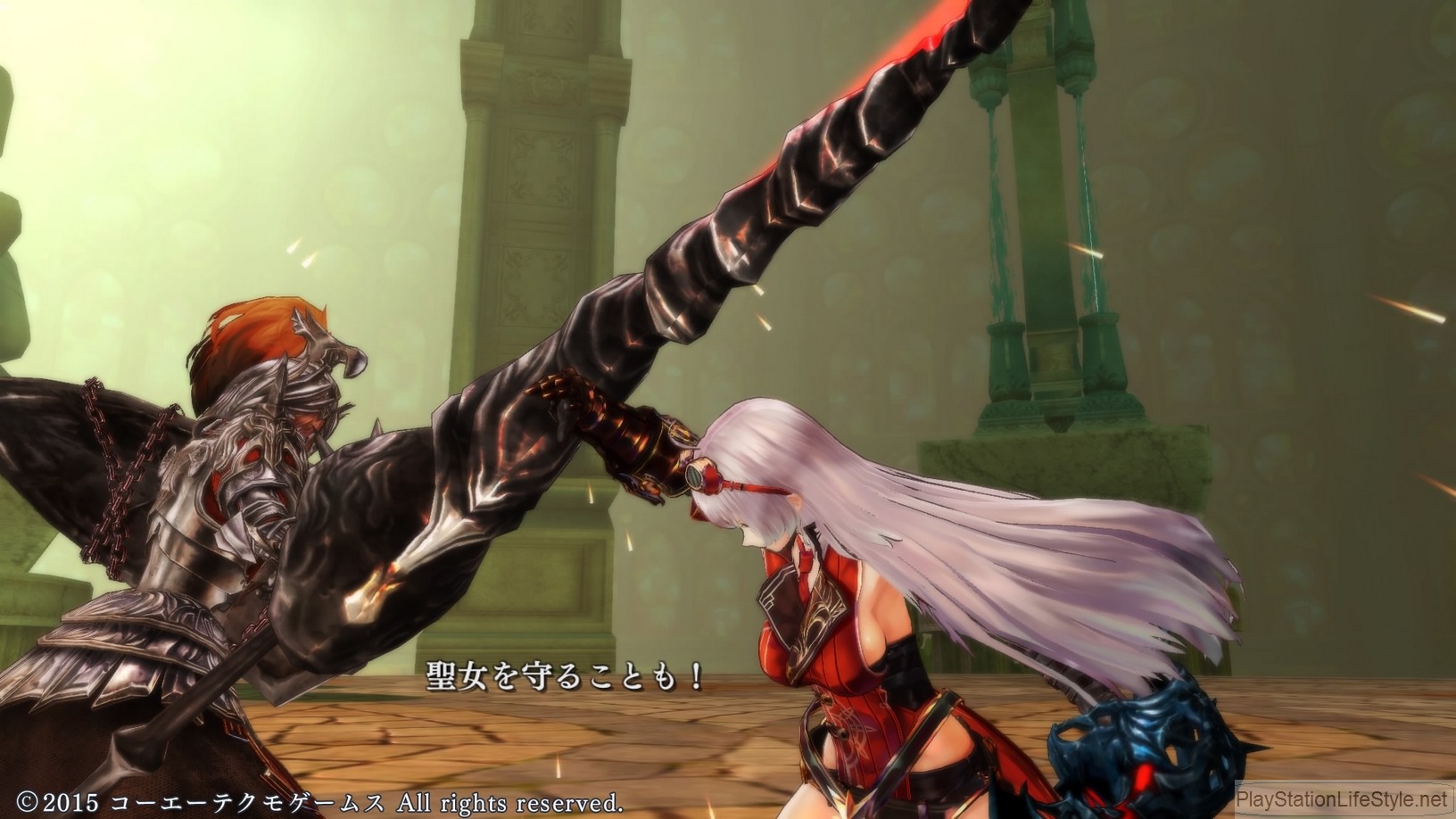
-
Nights of Azure Screenshots #49
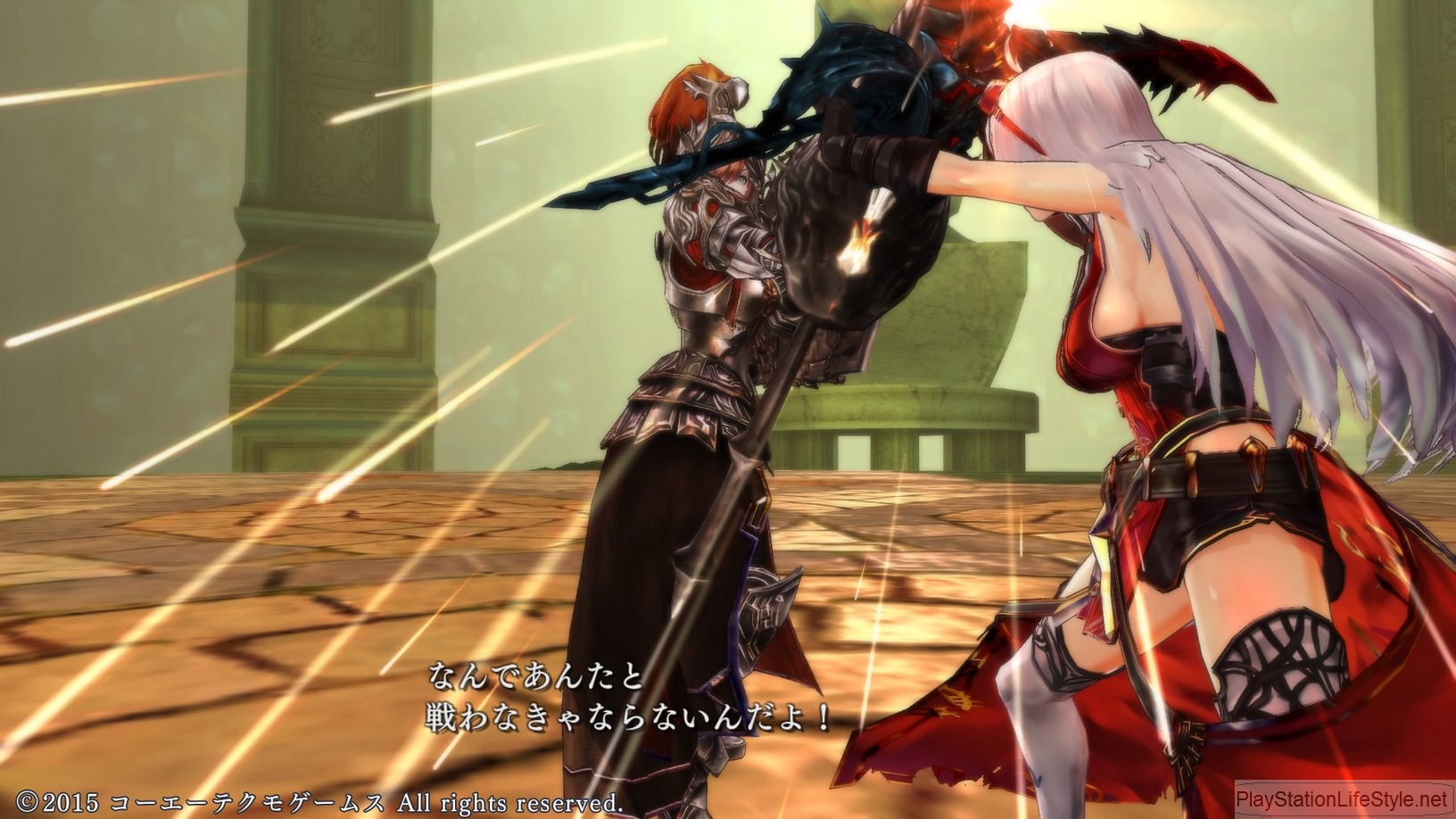
-
Nights of Azure Screenshots #50
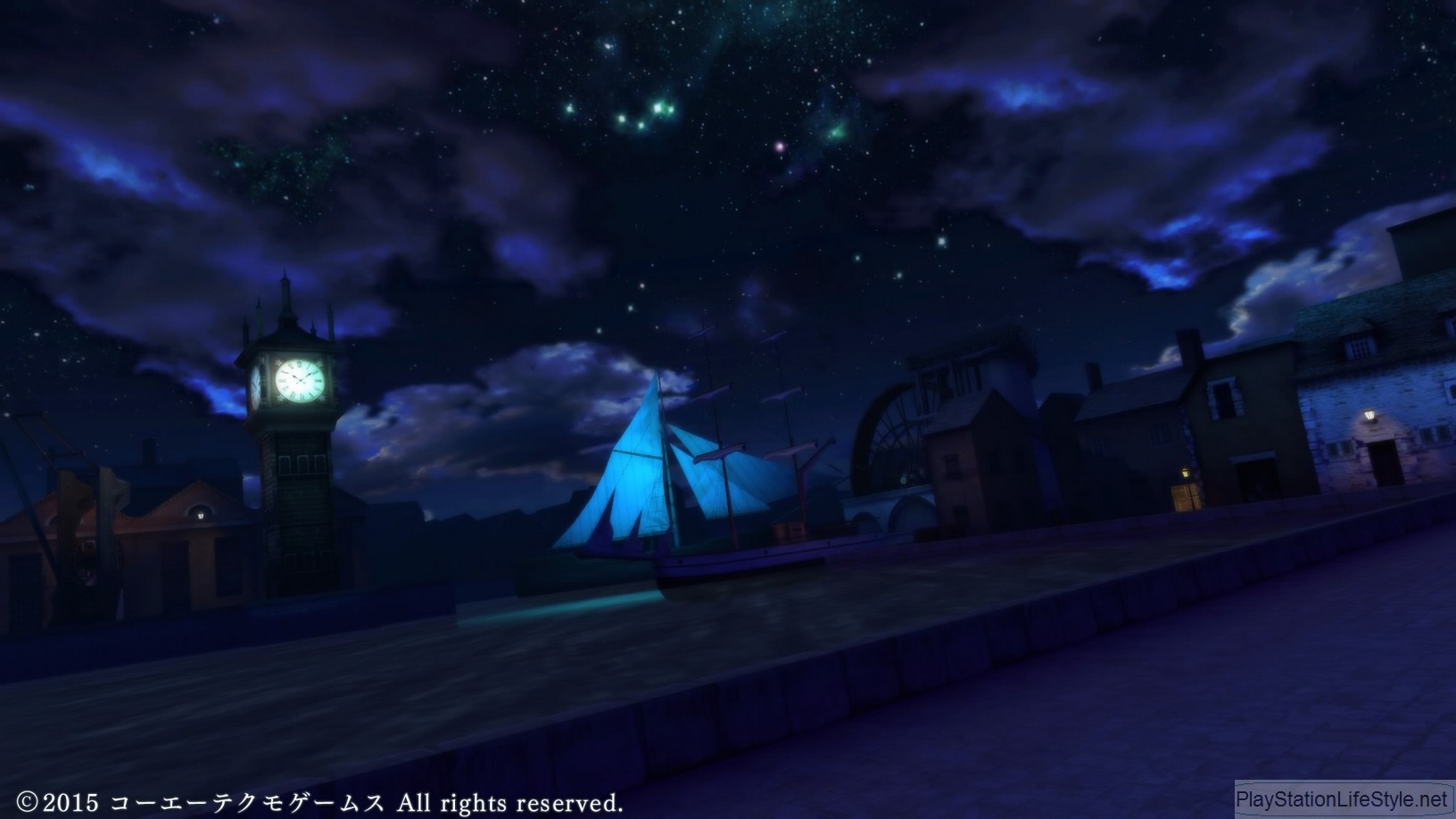
-
Nights of Azure Screenshots #51
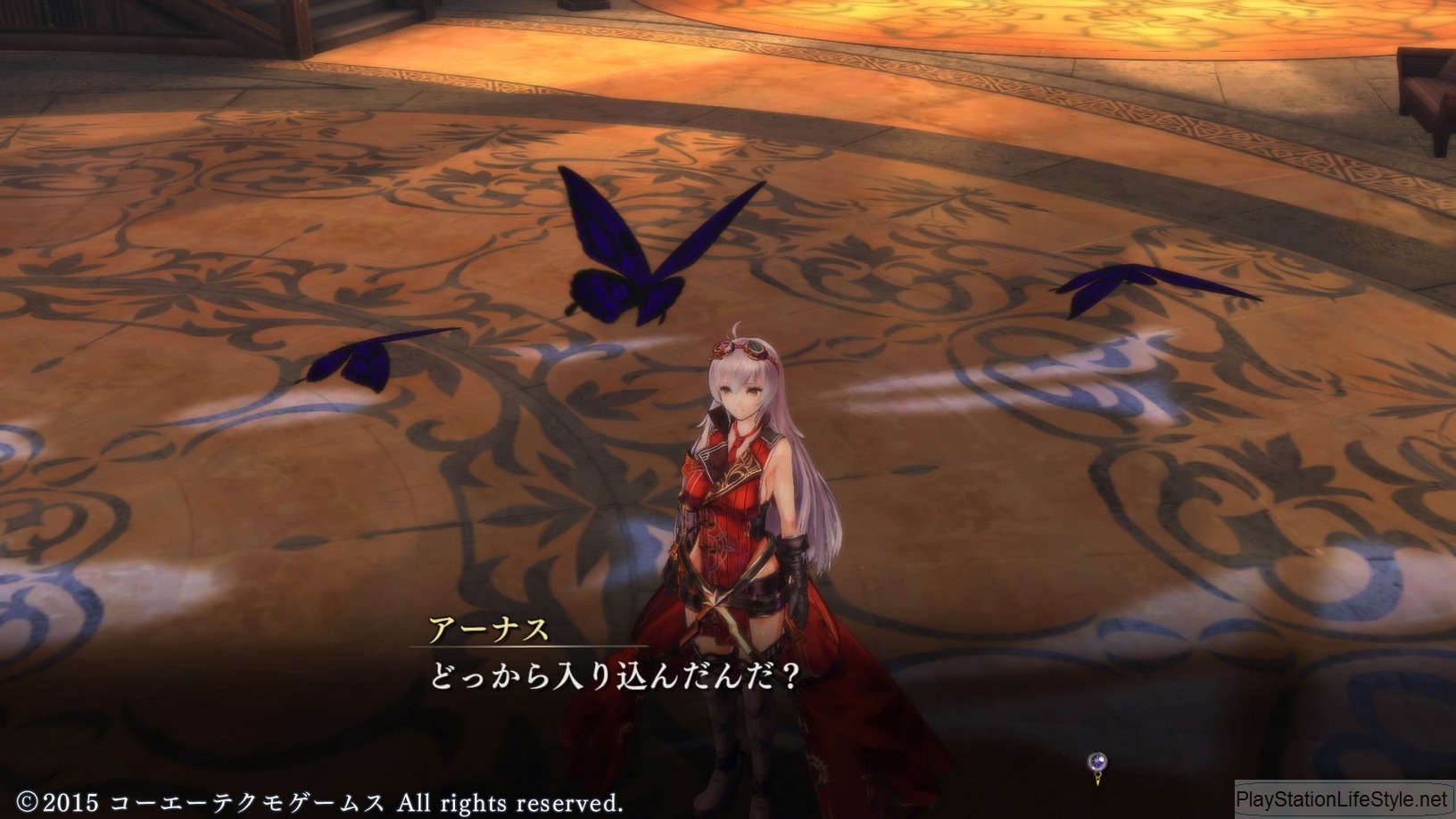
-
Nights of Azure Screenshots #52
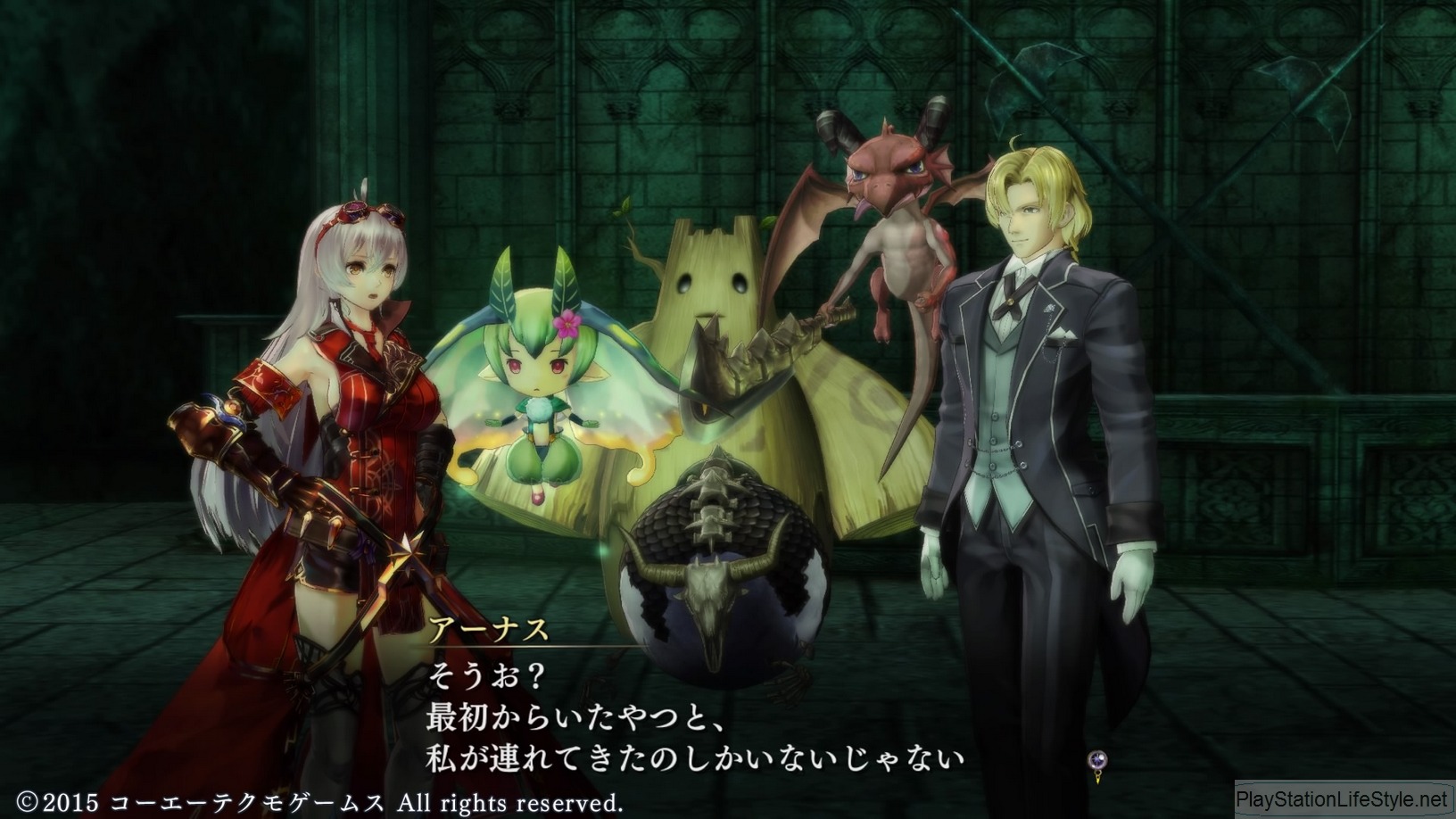
-
Nights of Azure Screenshots #53
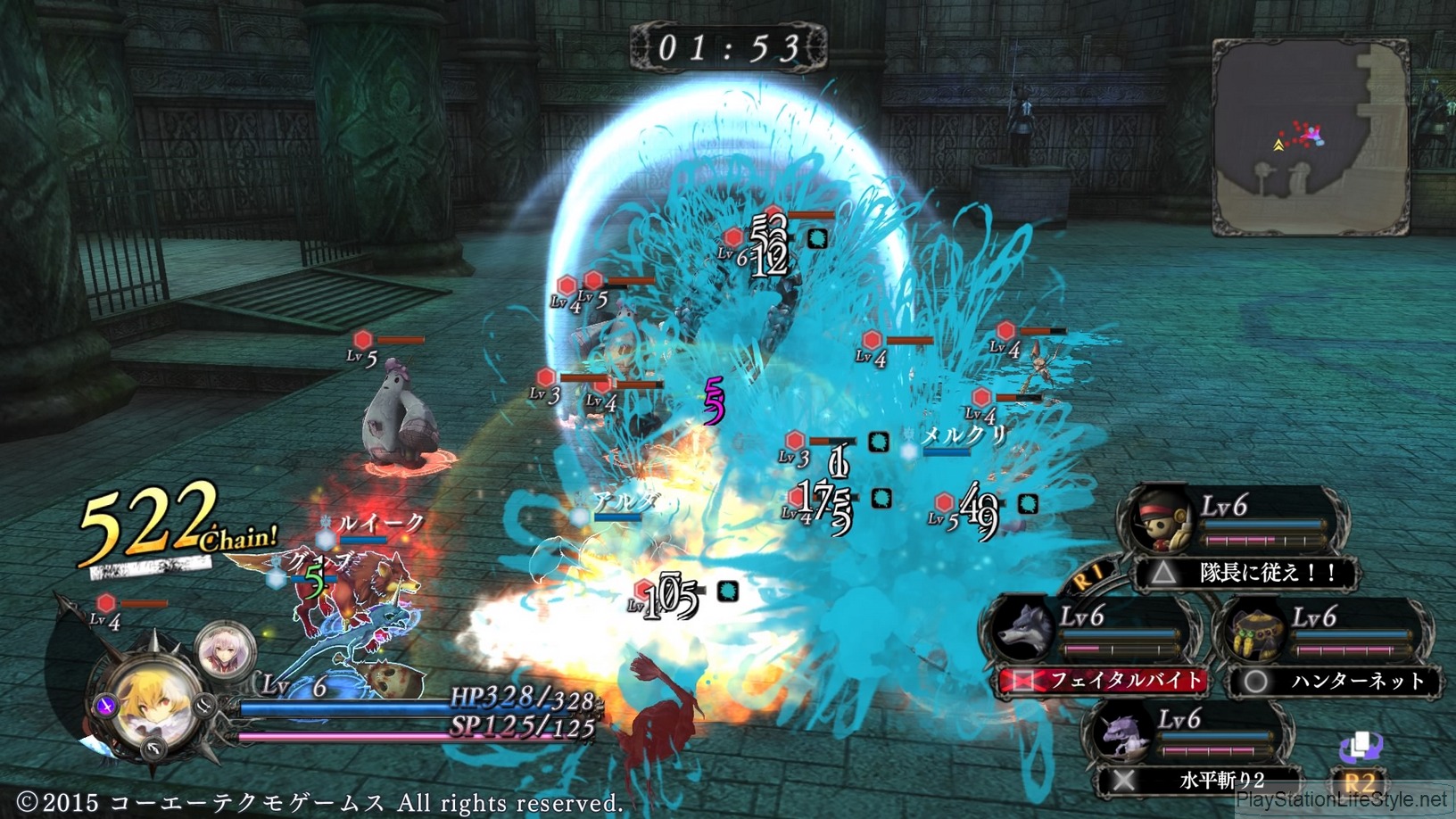
-
Nights of Azure Screenshots #54
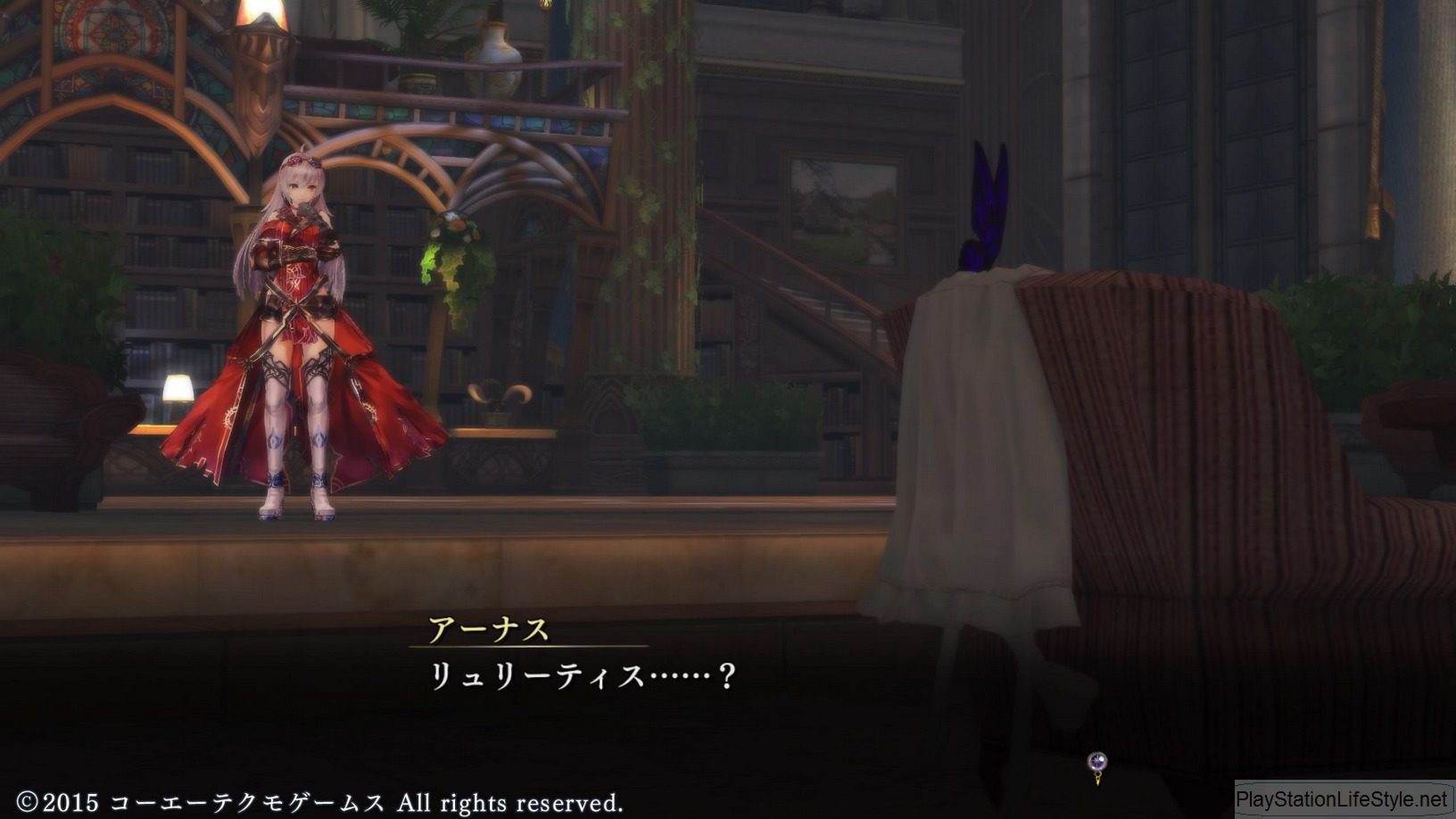
-
Nights of Azure Screenshots #55
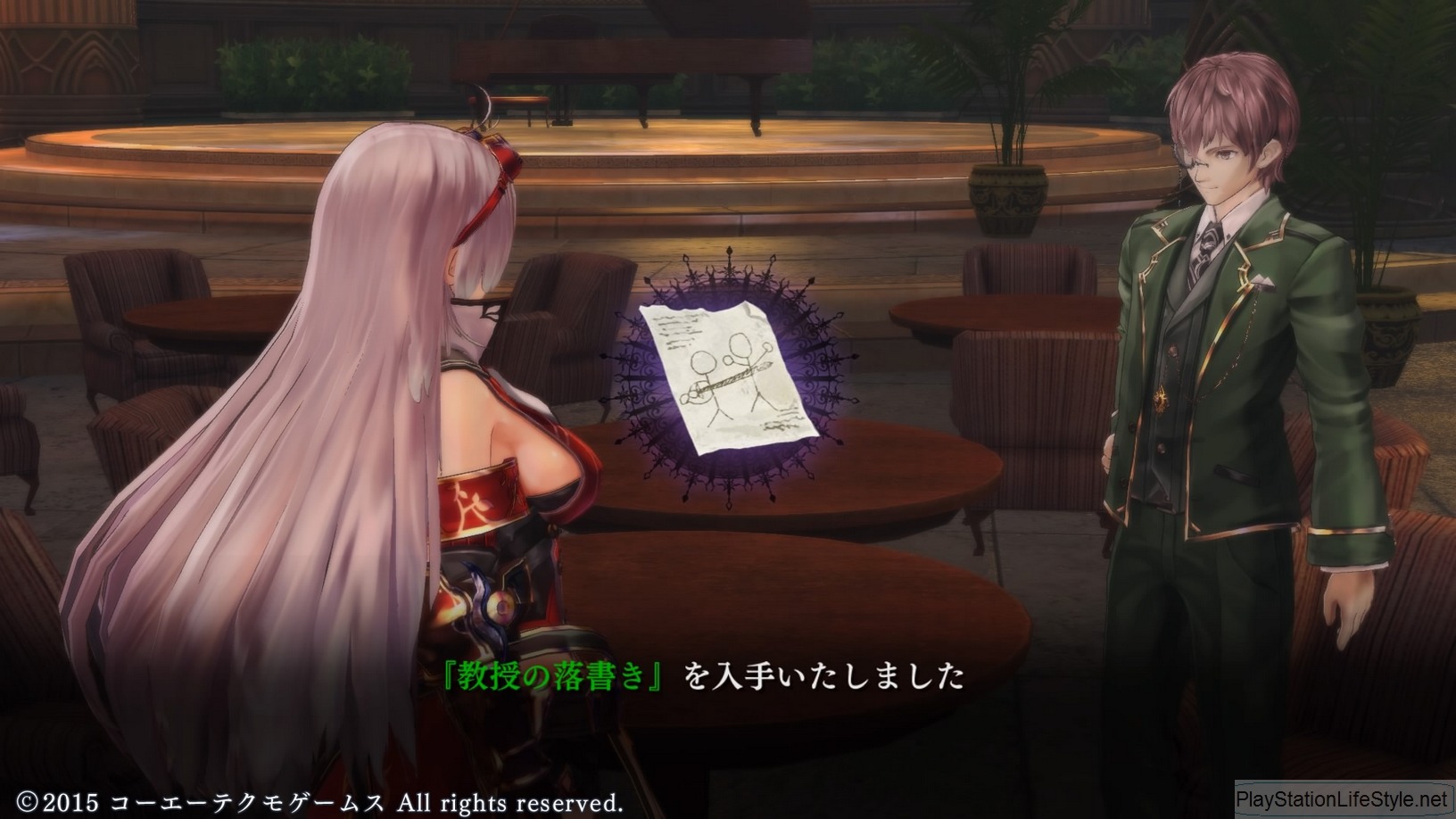
-
Nights of Azure Screenshots #56
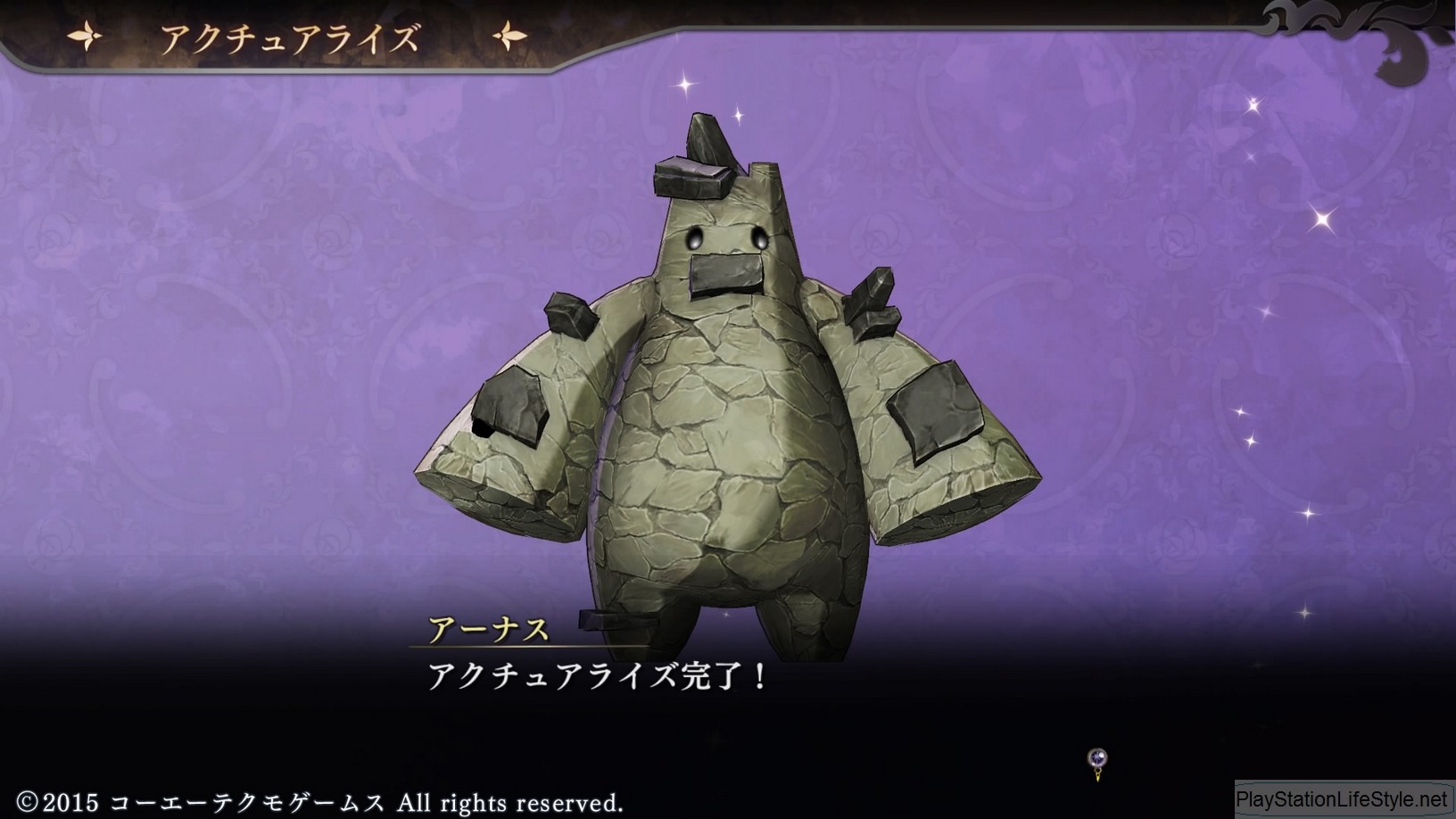
-
Nights of Azure Screenshots #57
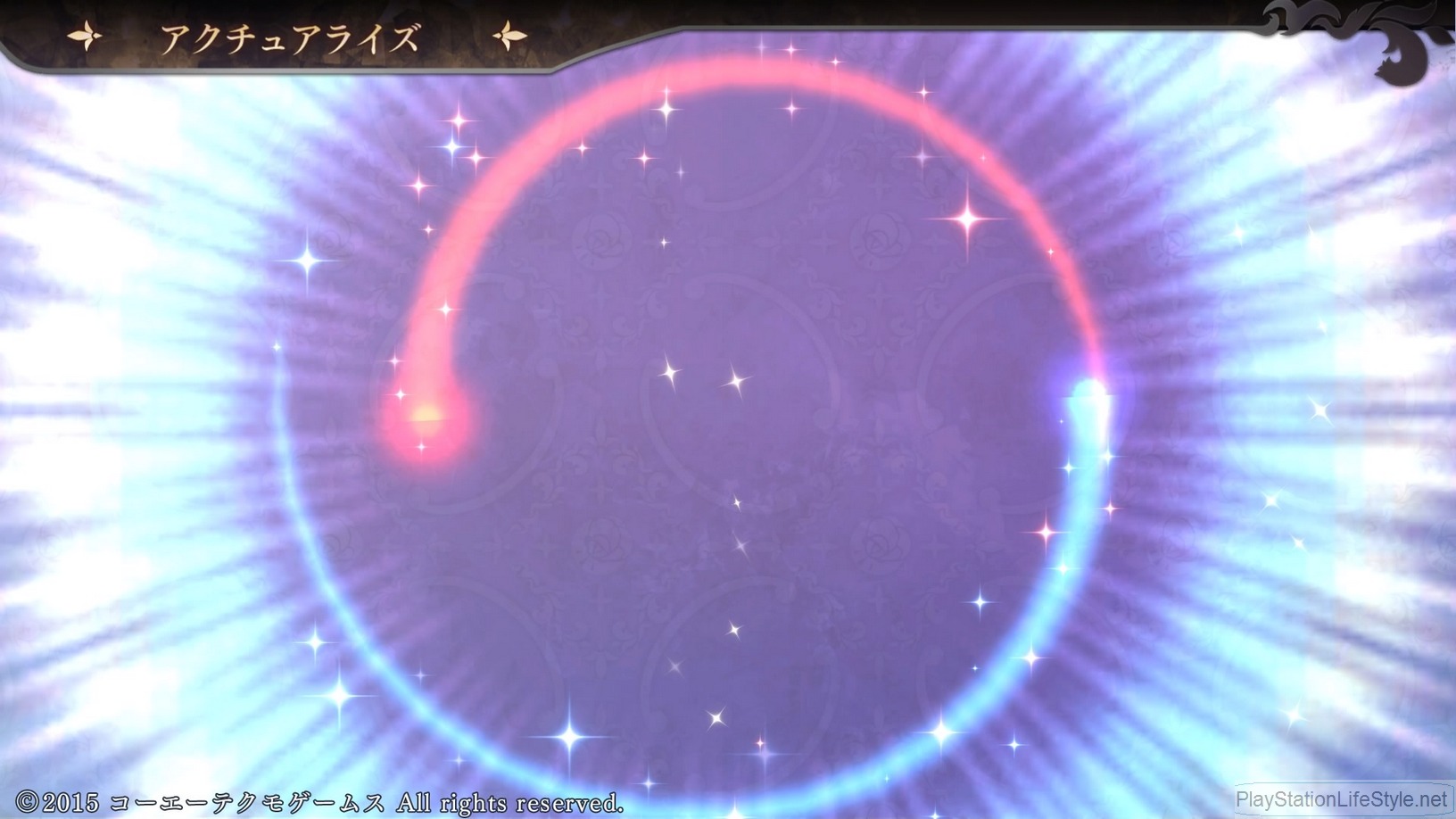
-
Nights of Azure Screenshots #58
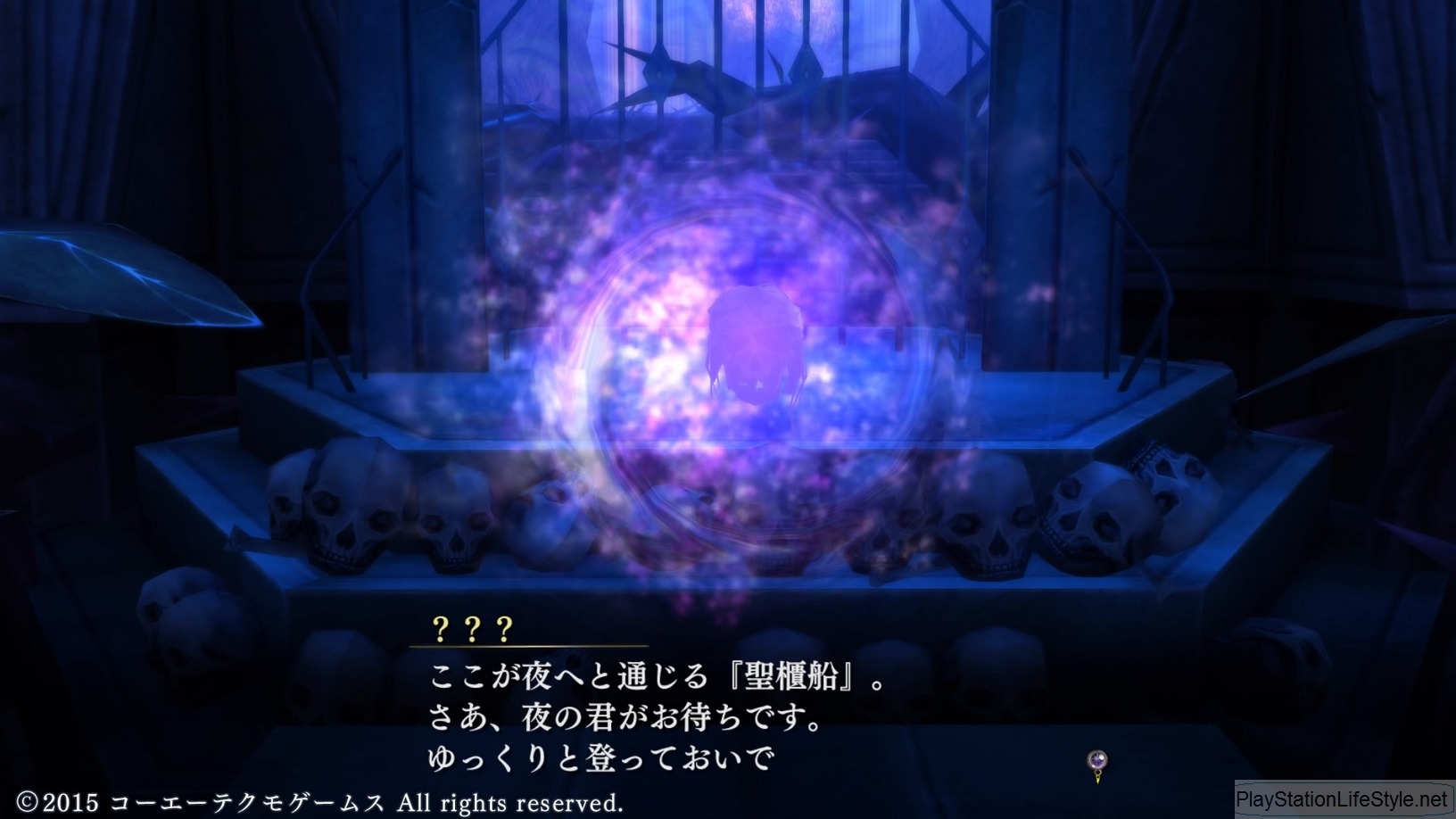
-
Nights of Azure Screenshots #59
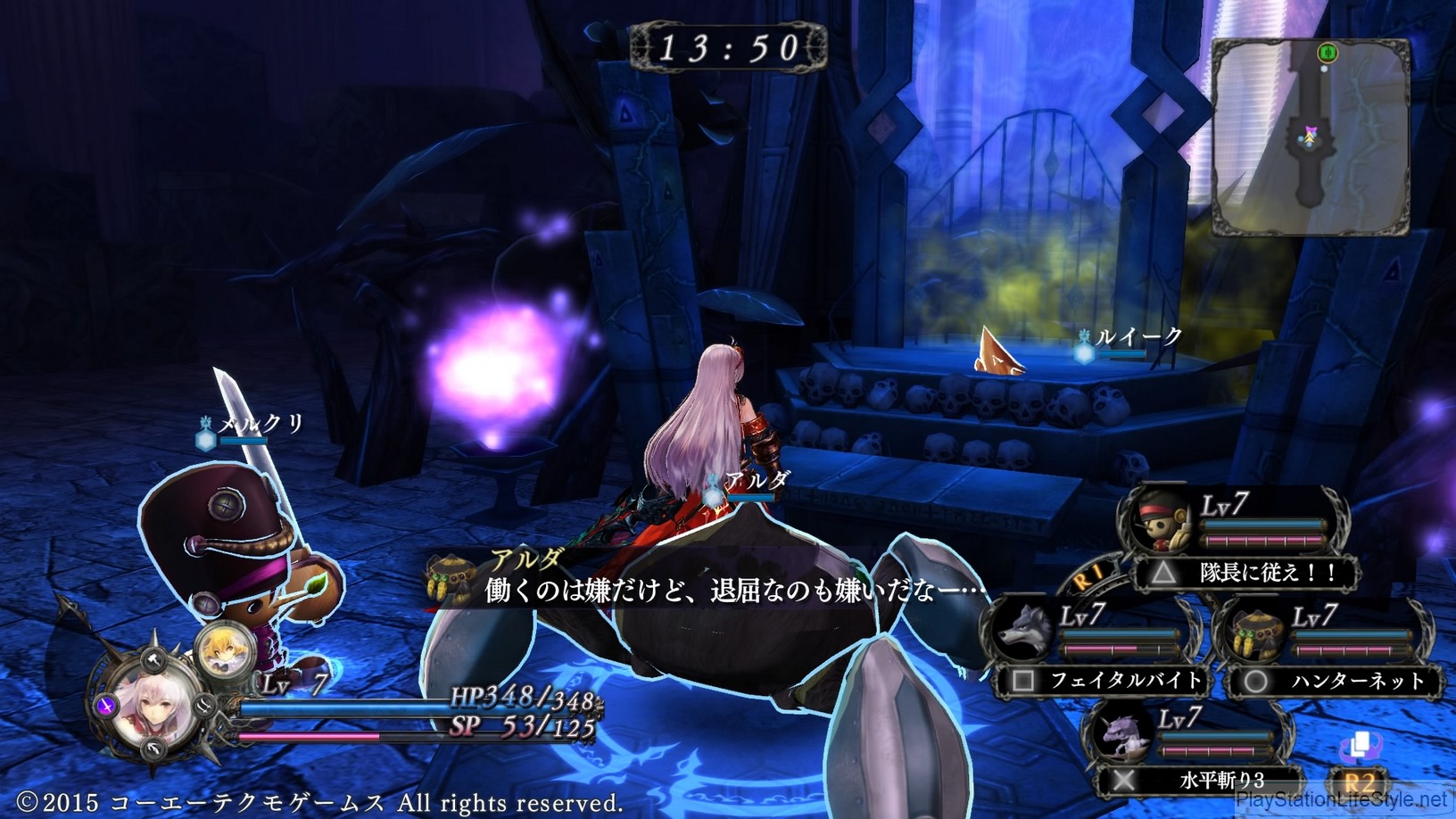
-
Nights of Azure Screenshots #60
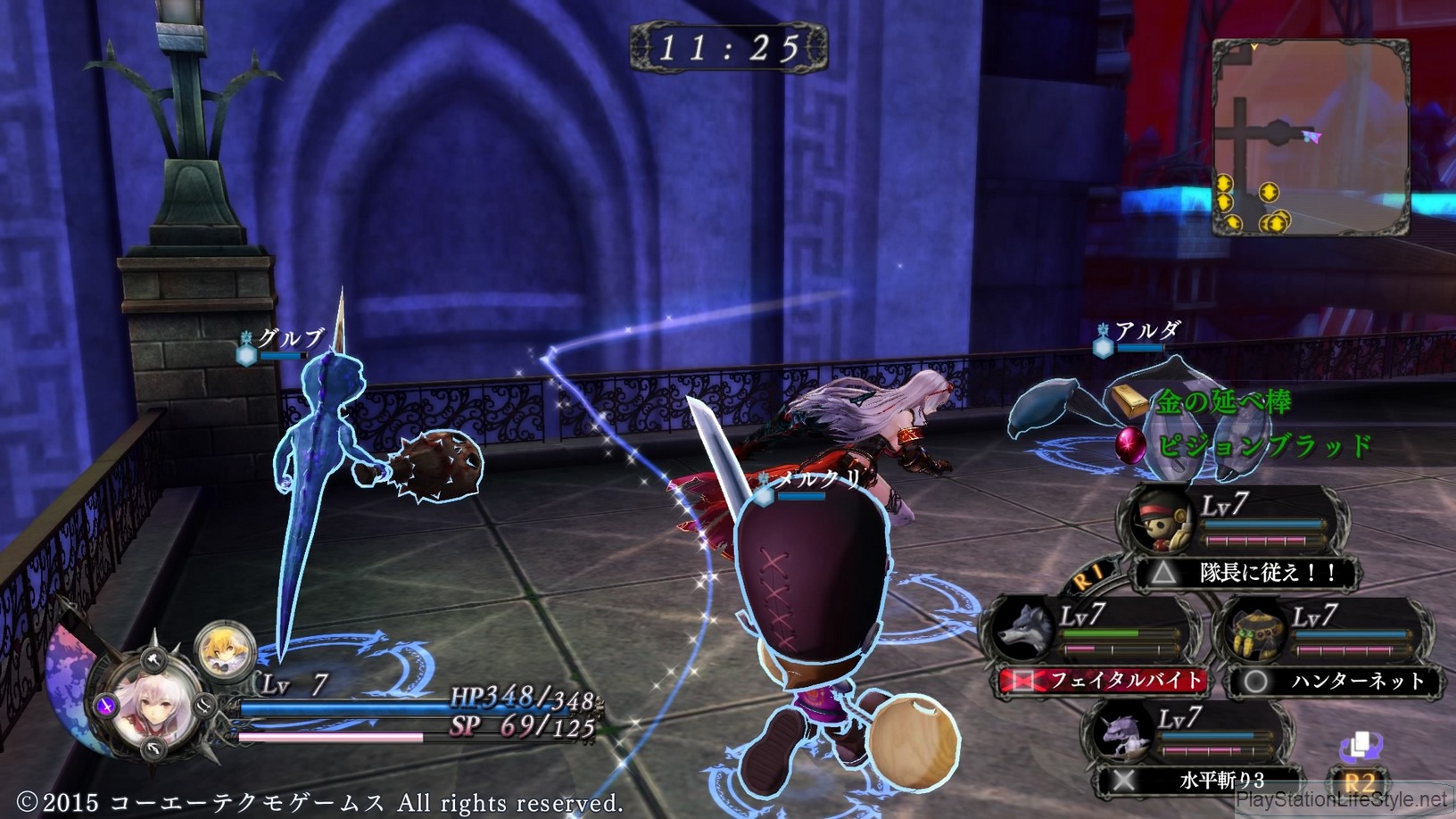
-
Nights of Azure Screenshots #61
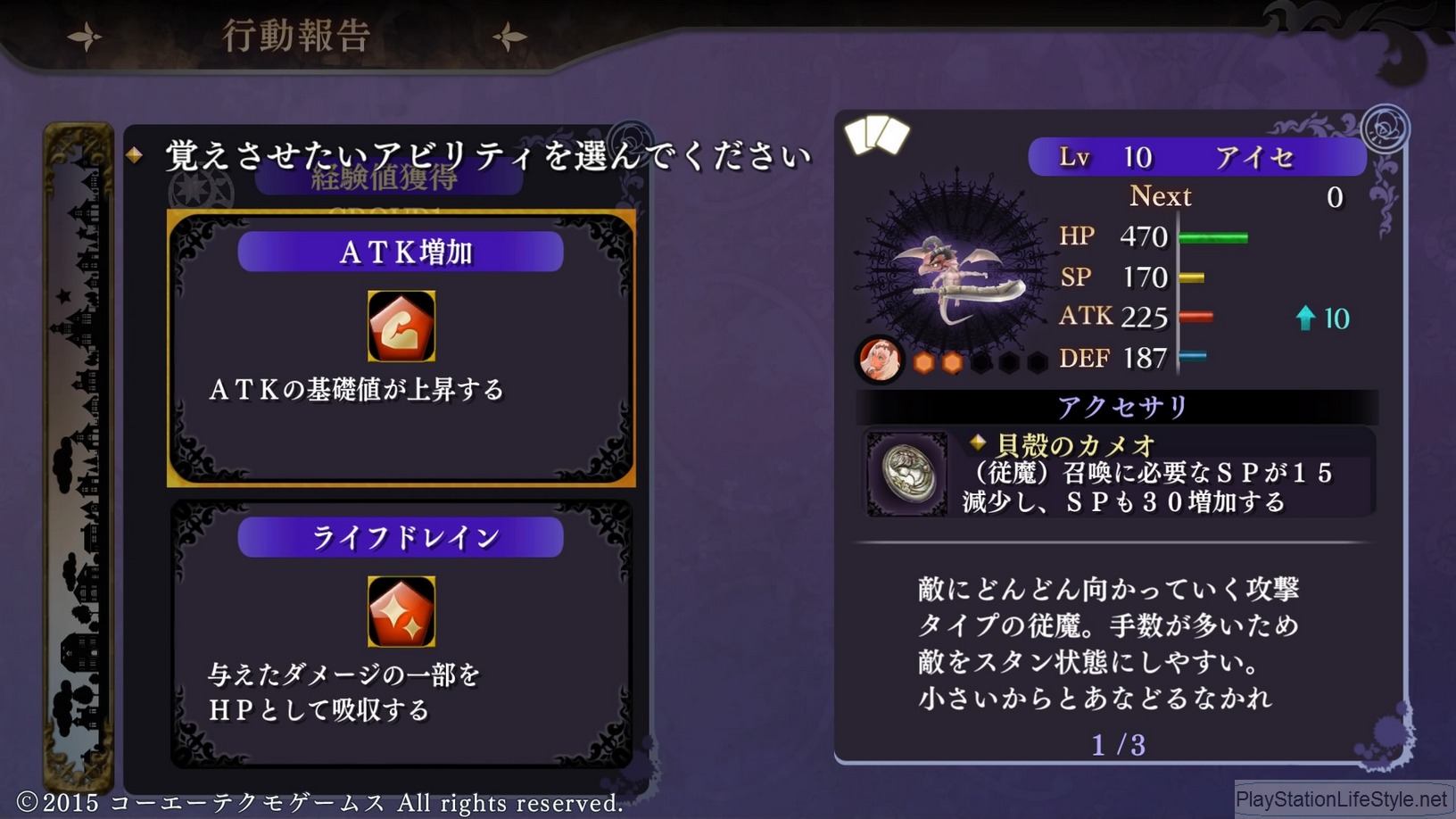
-
Nights of Azure Screenshots #62
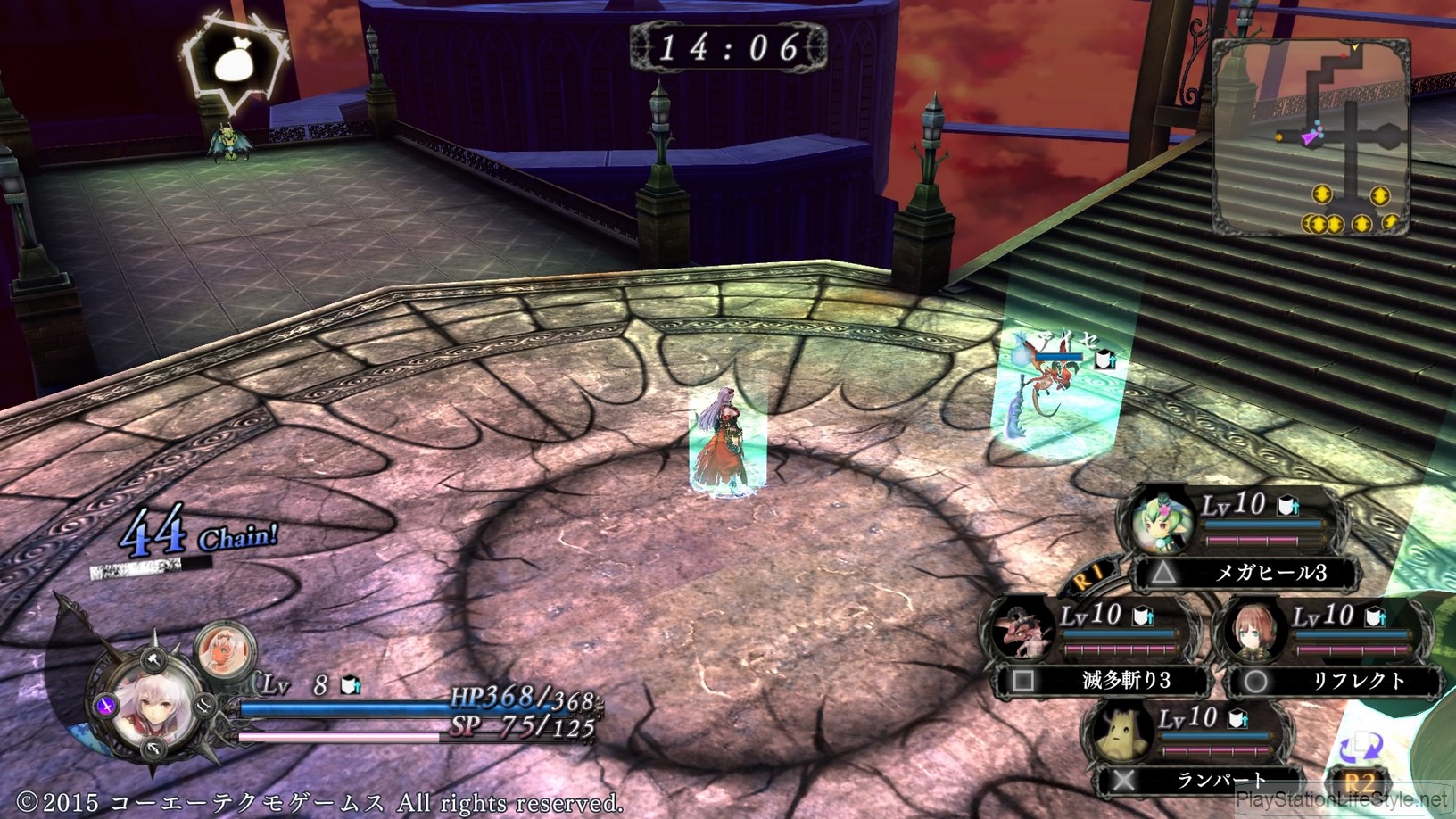
-
Nights of Azure Screenshots #63
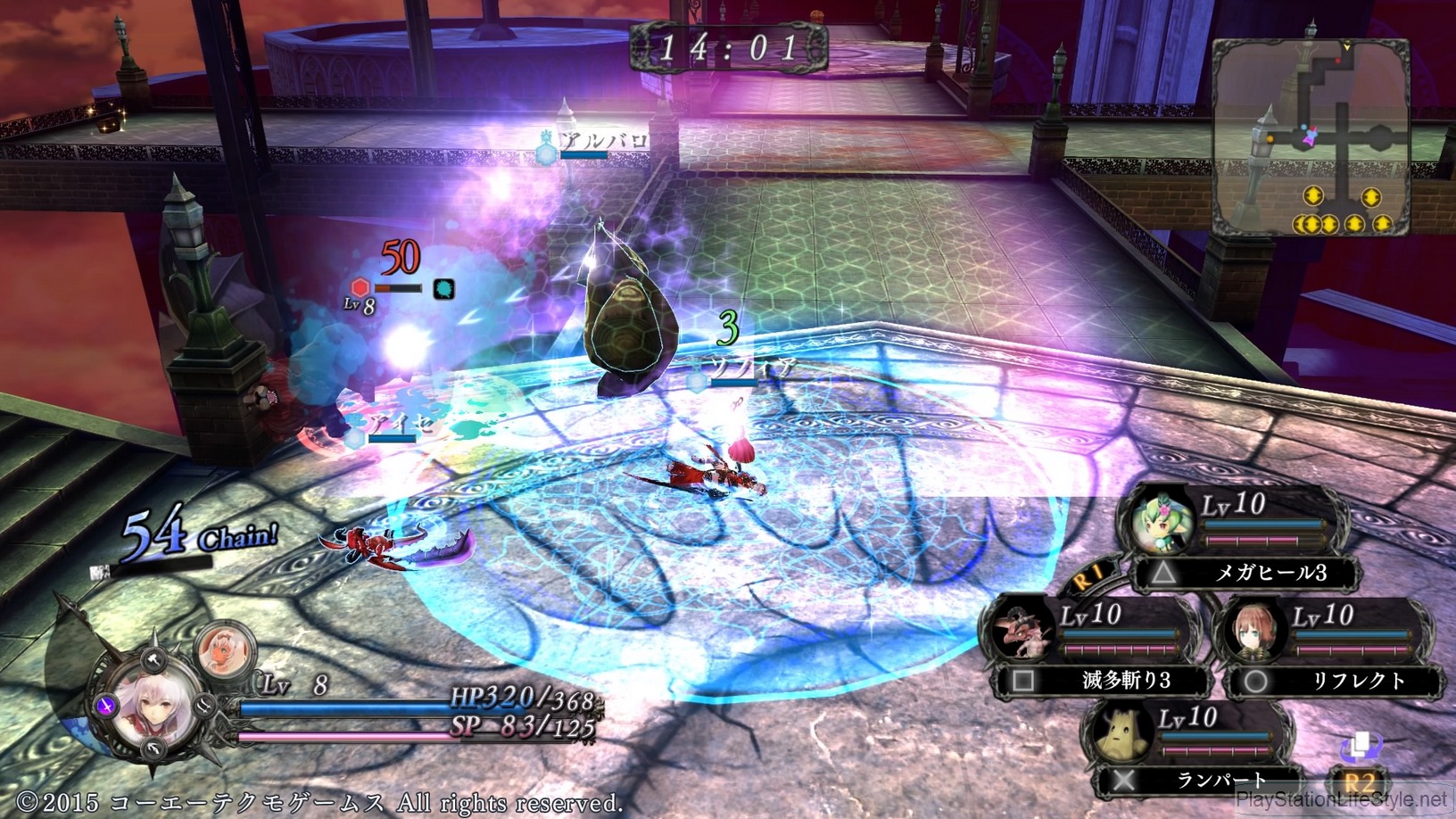
-
Nights of Azure Screenshots #64

-
Nights of Azure Screenshots #65
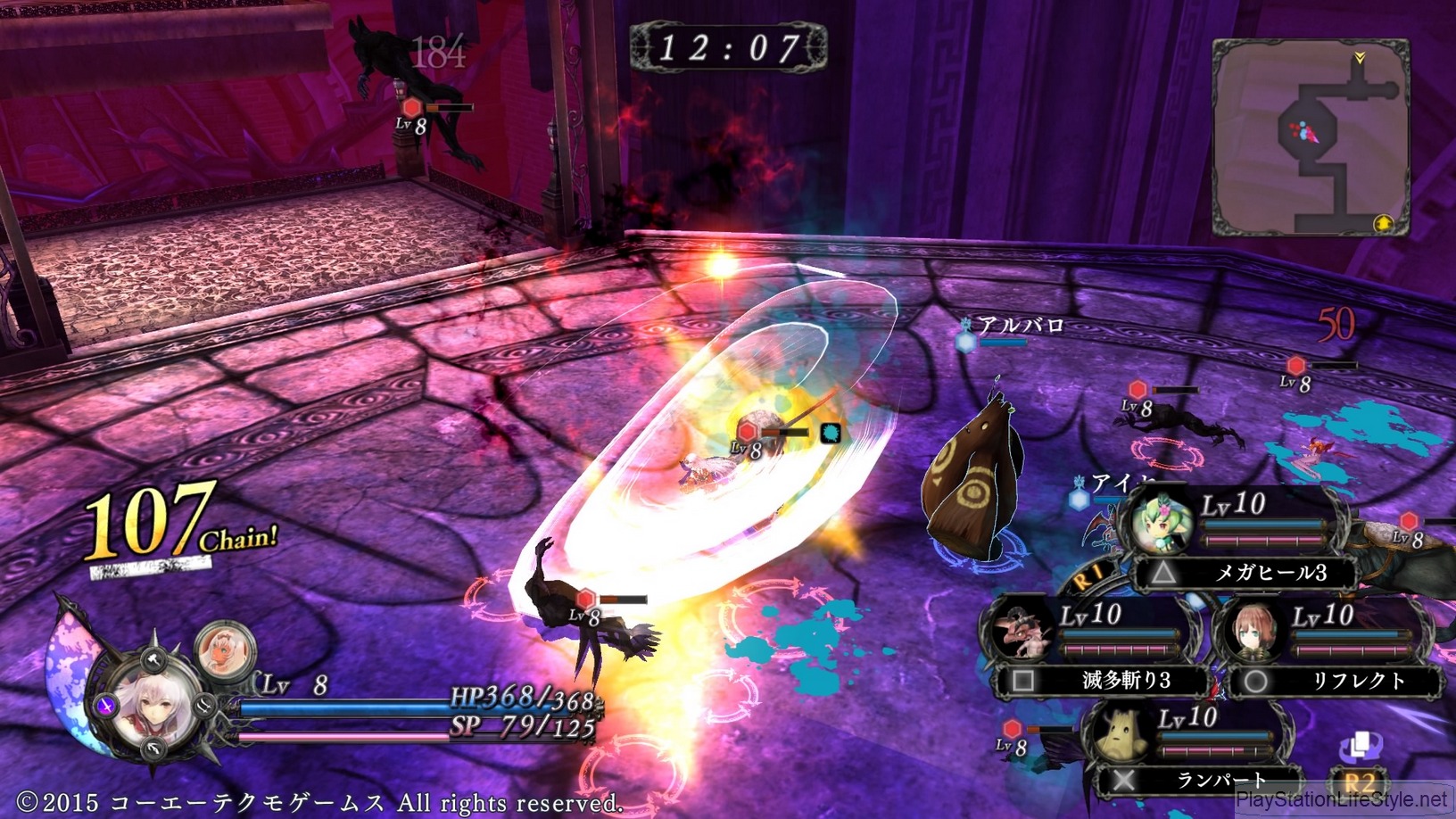
-
Nights of Azure Screenshots #66
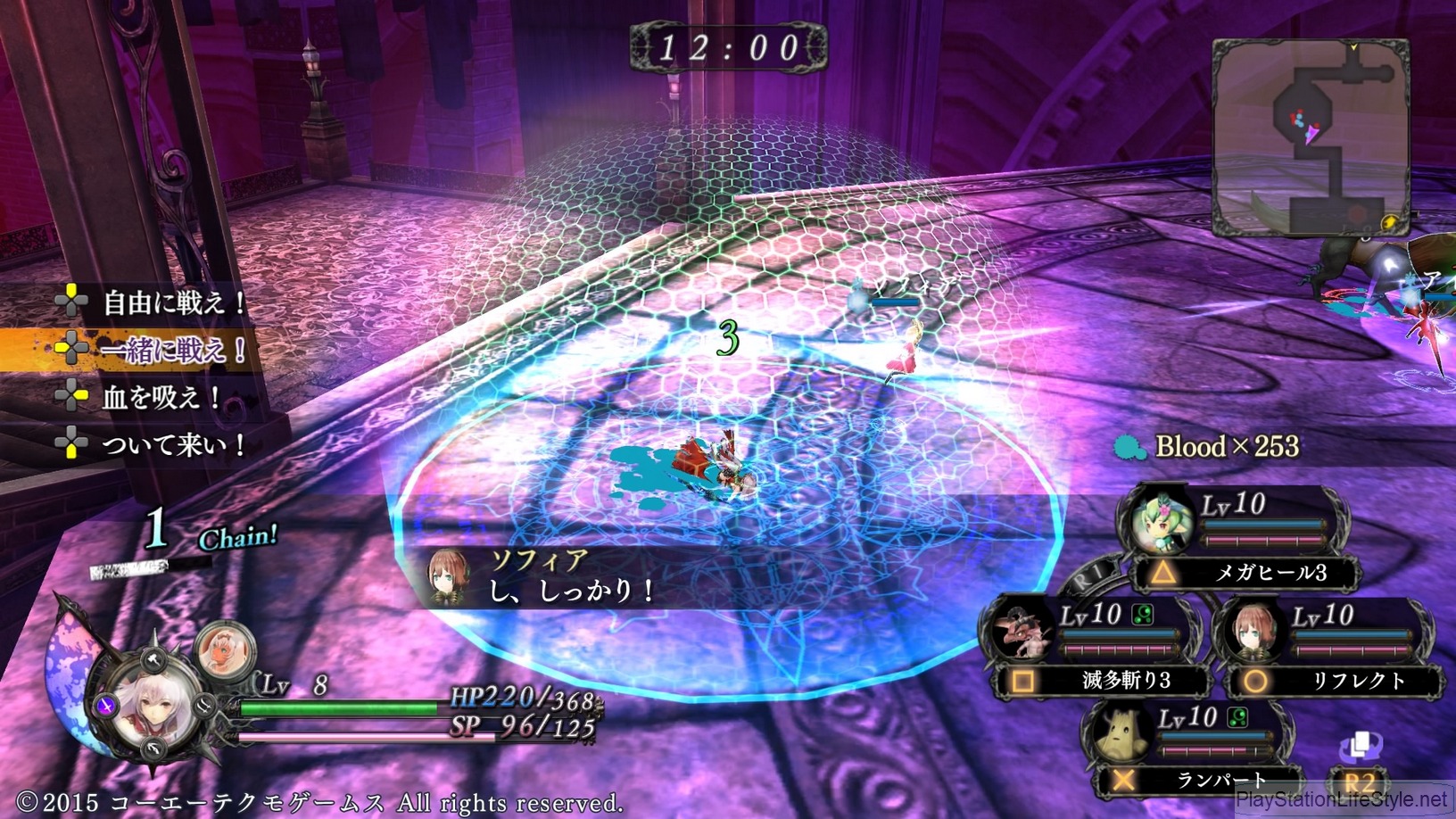
-
Nights of Azure Screenshots #67
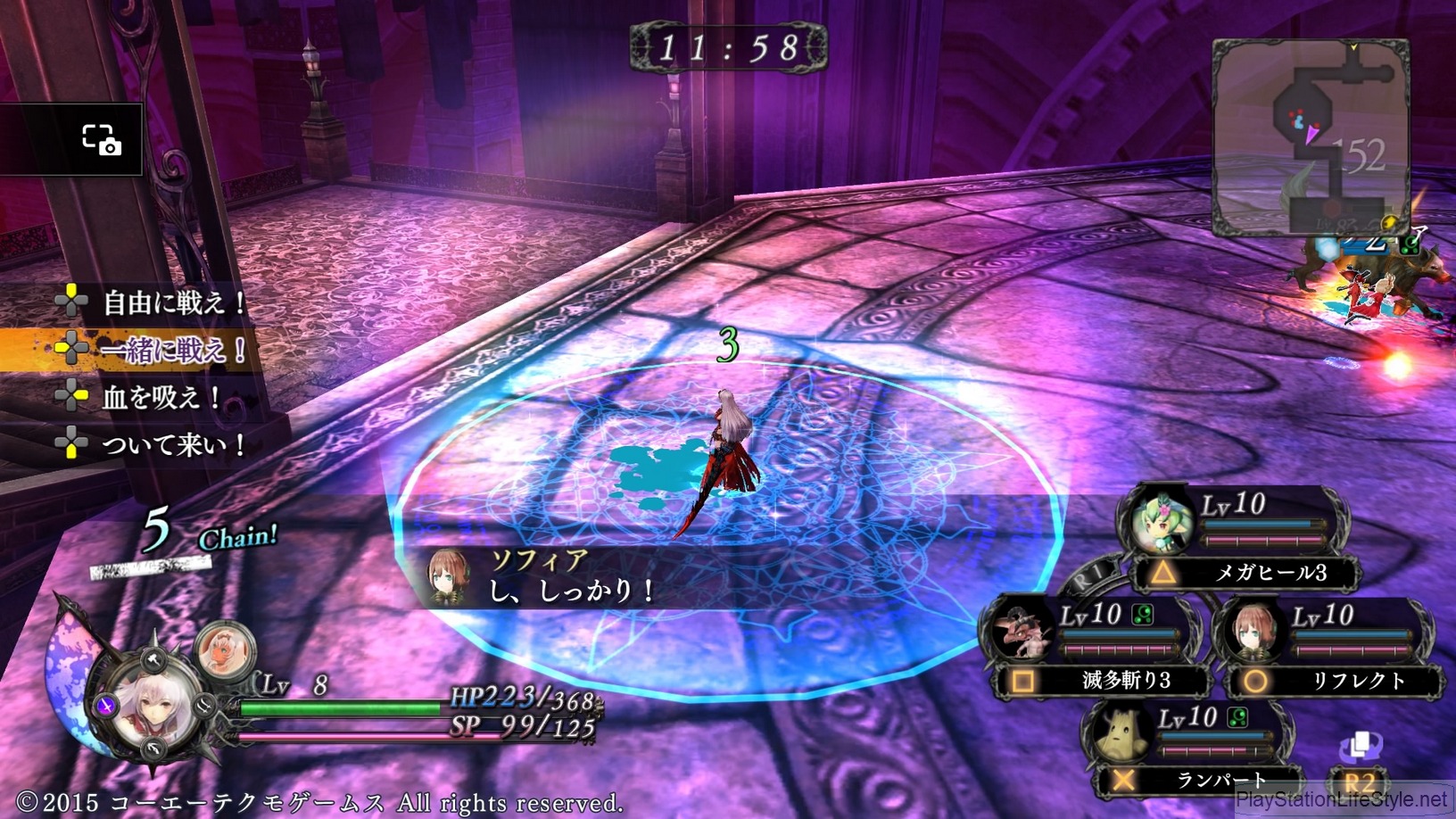
-
Nights of Azure Screenshots #68
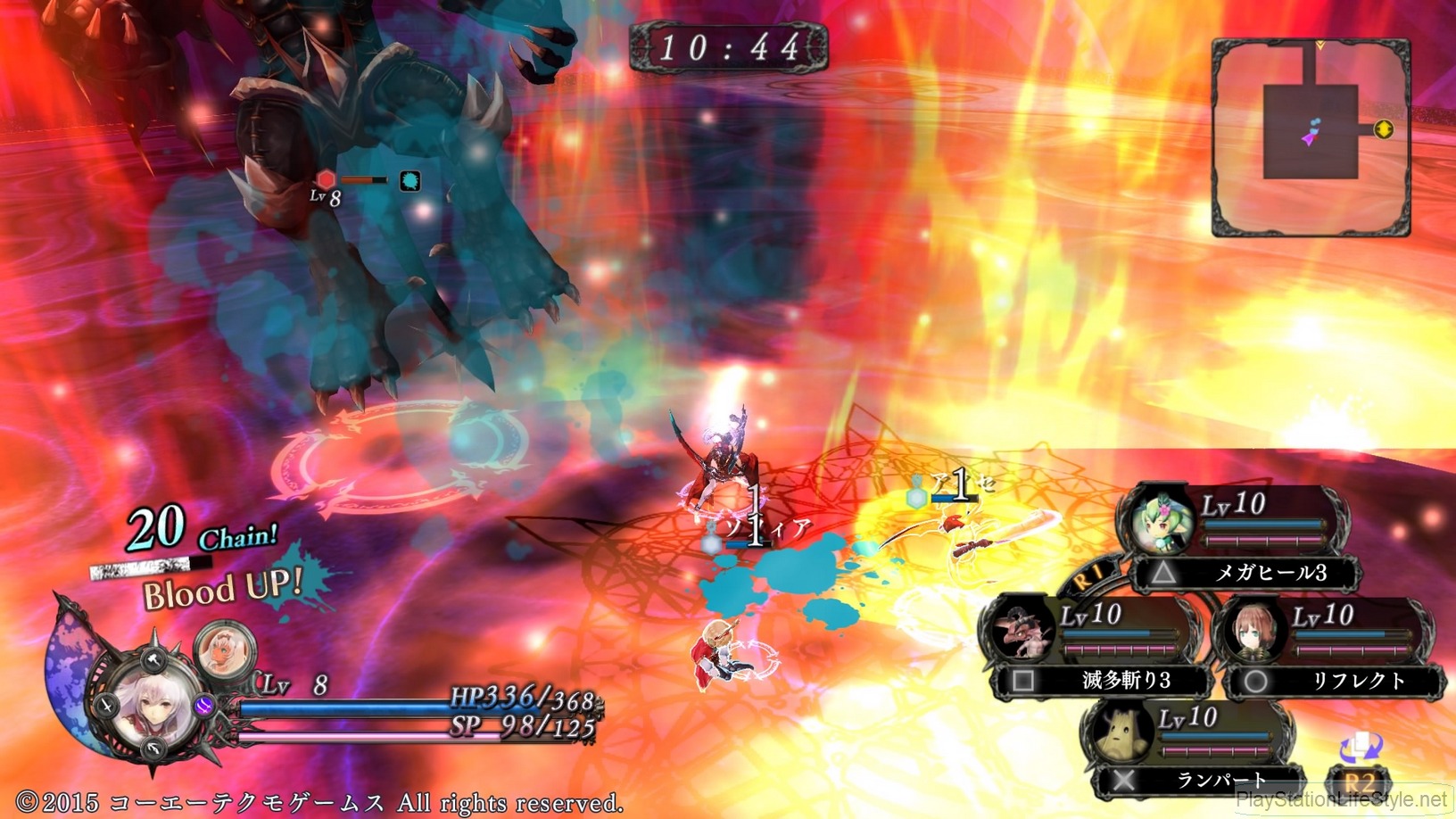
-
Nights of Azure Screenshots #69
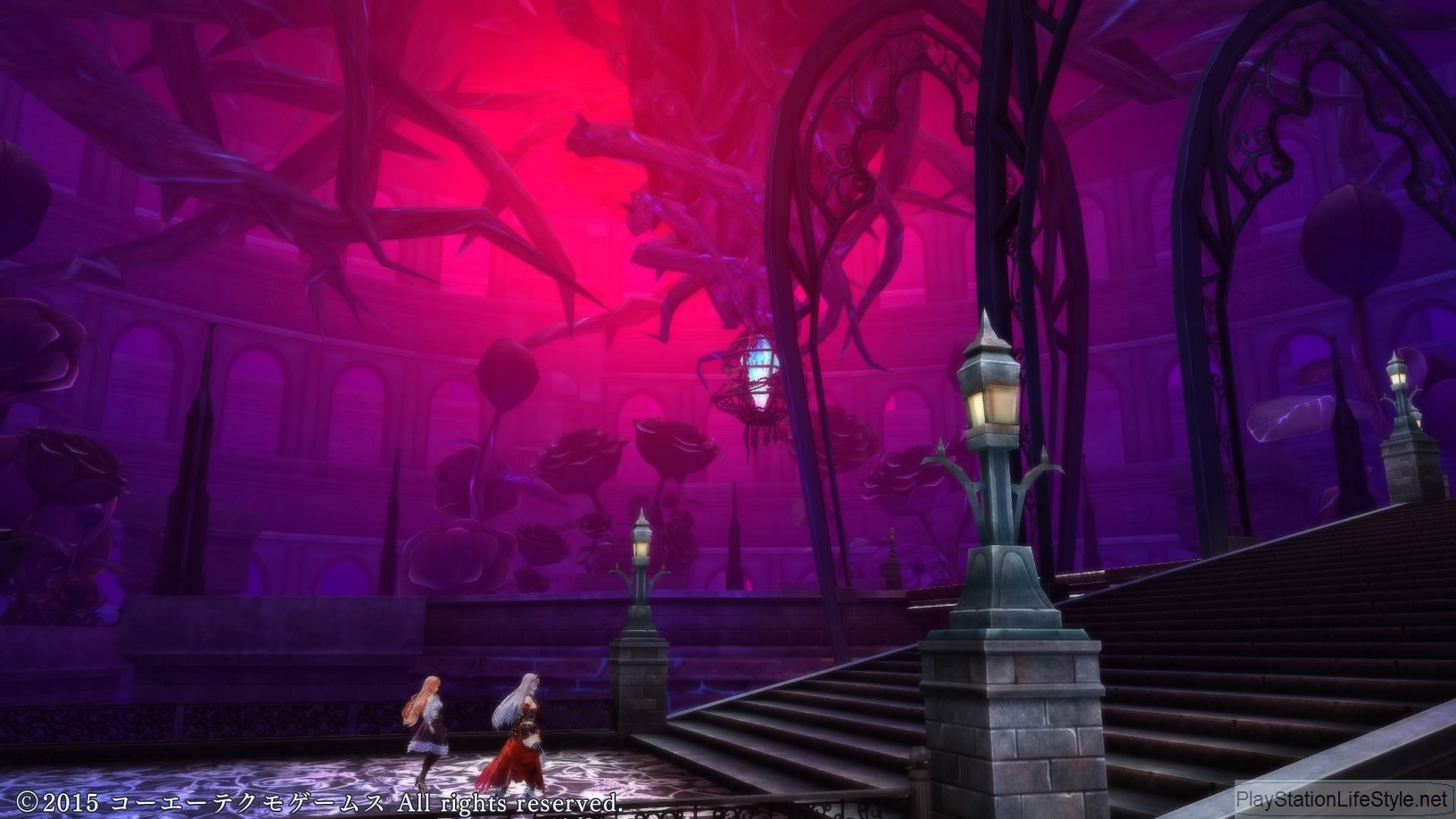
-
Nights of Azure Screenshots #70
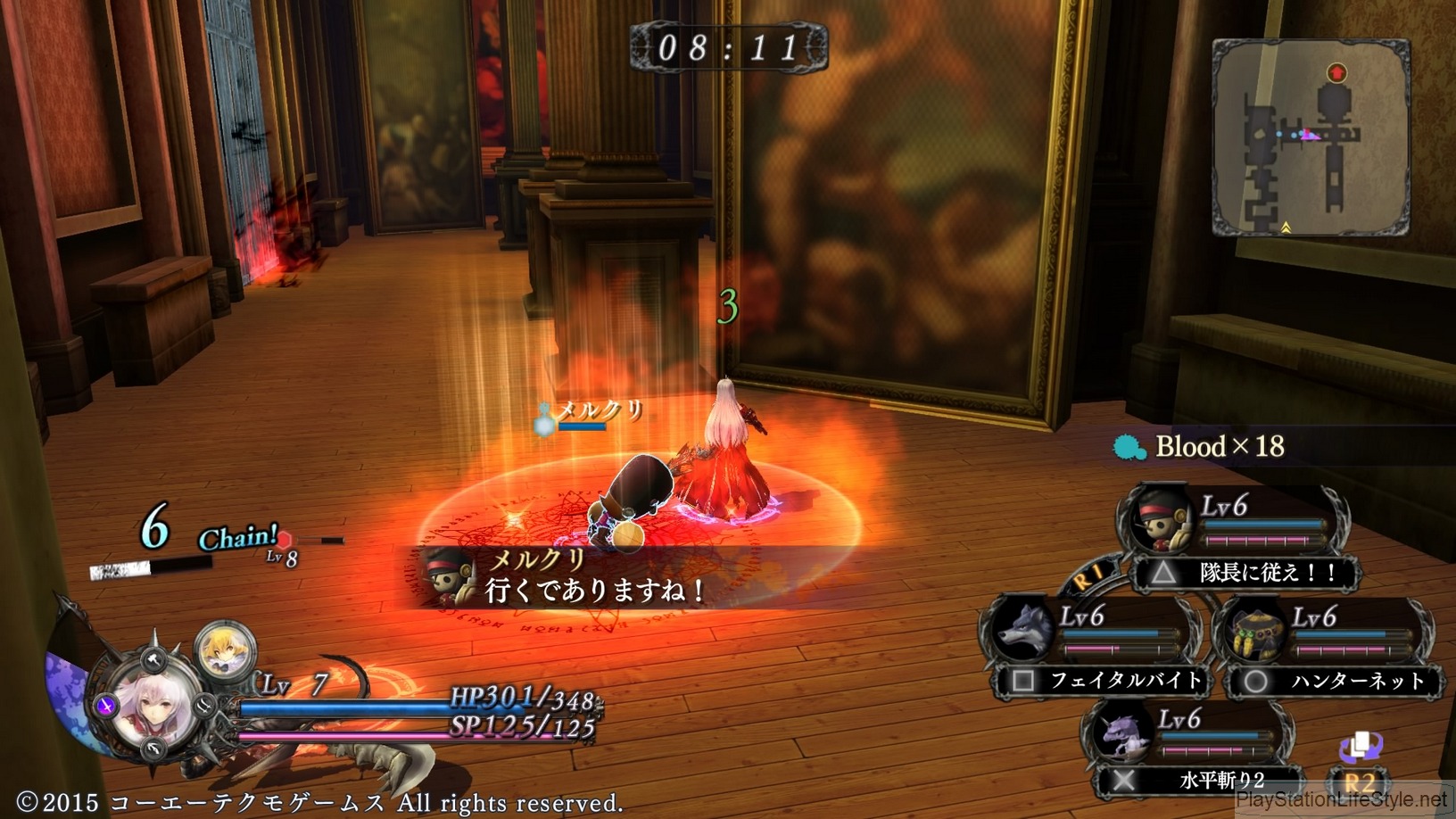
-
Nights of Azure Screenshots #71
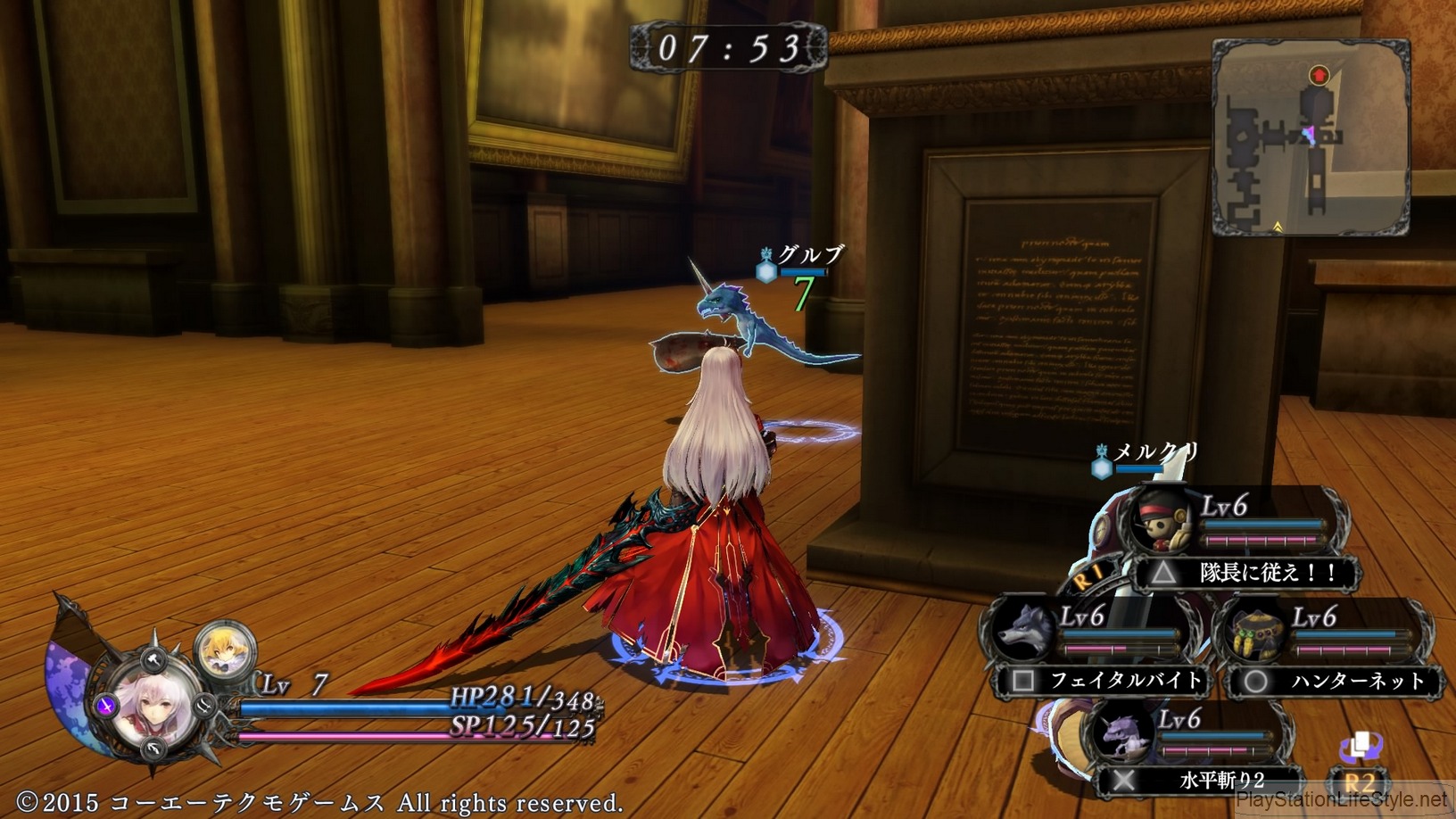
-
Nights of Azure Screenshots #72
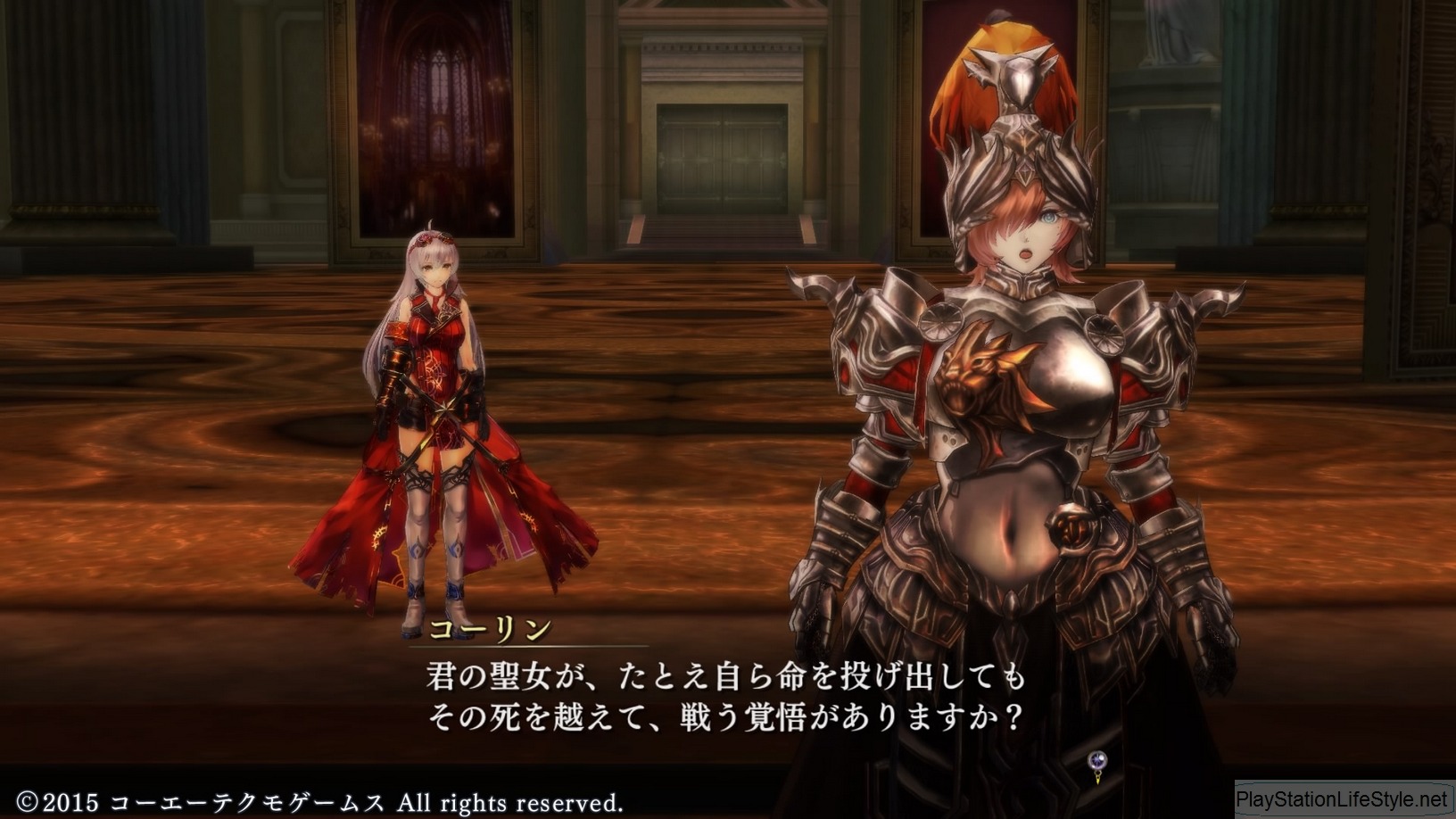
-
Nights of Azure Screenshots #73
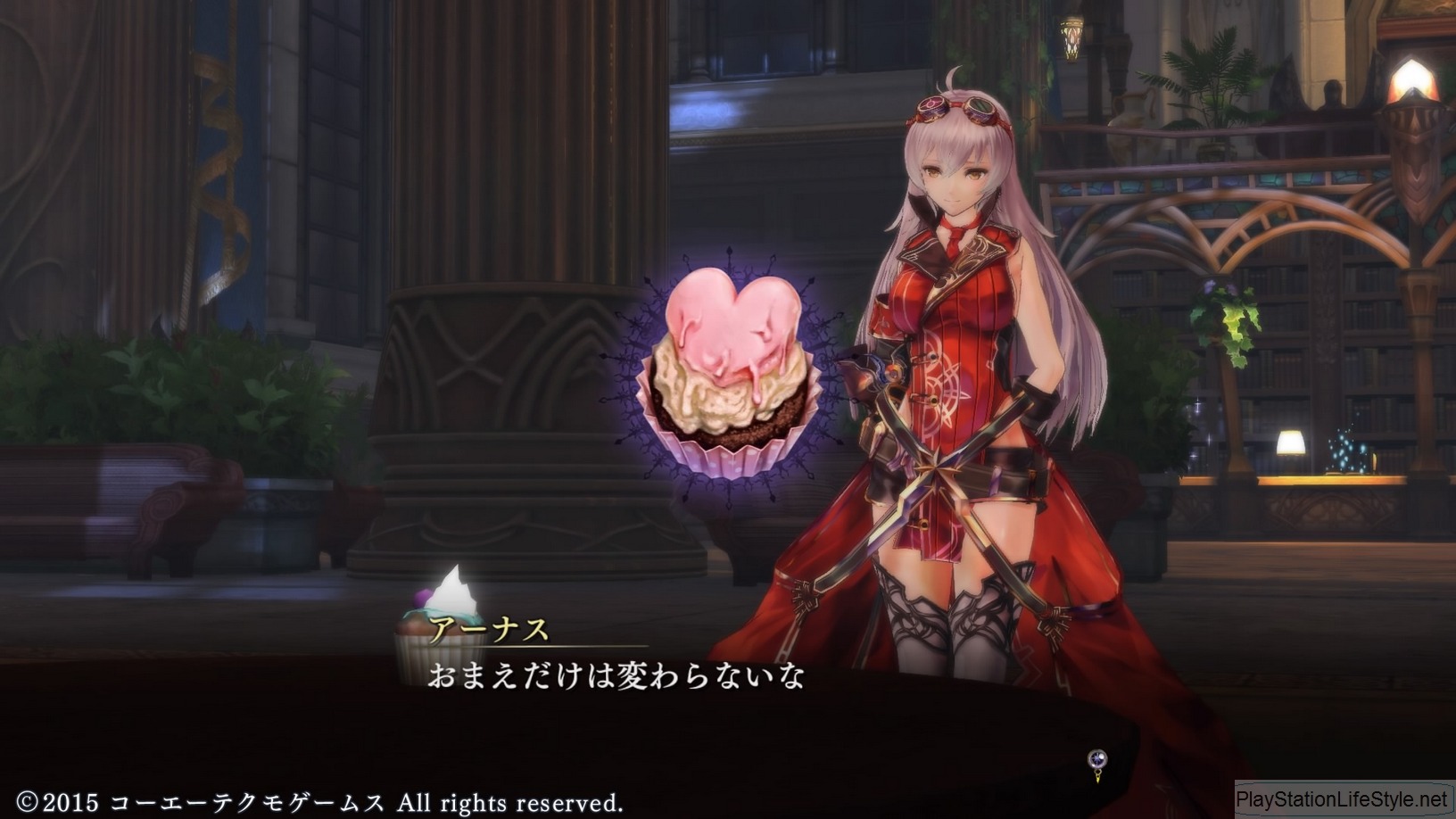
-
Nights of Azure Screenshots #74
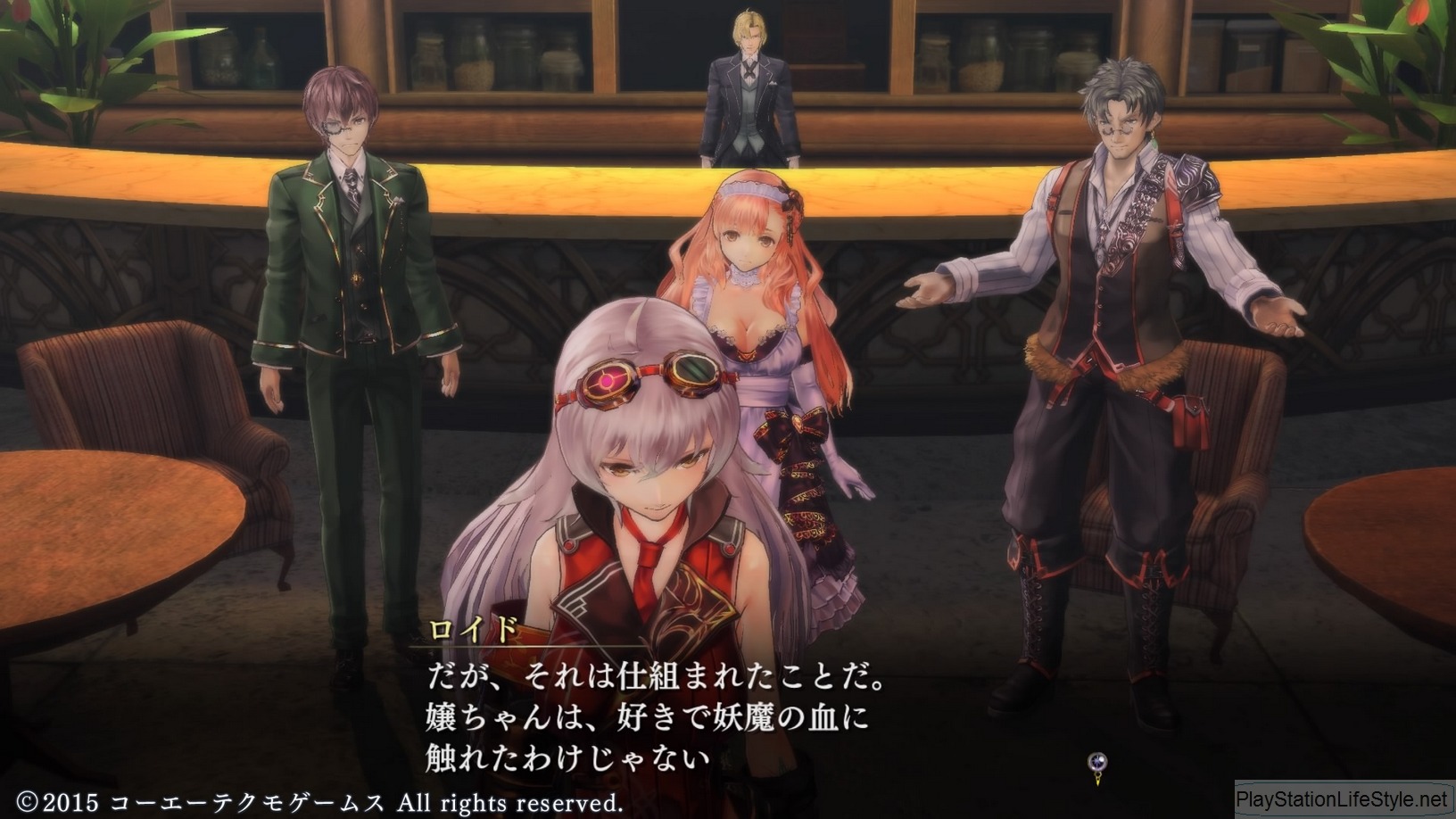
-
Nights of Azure Screenshots #75
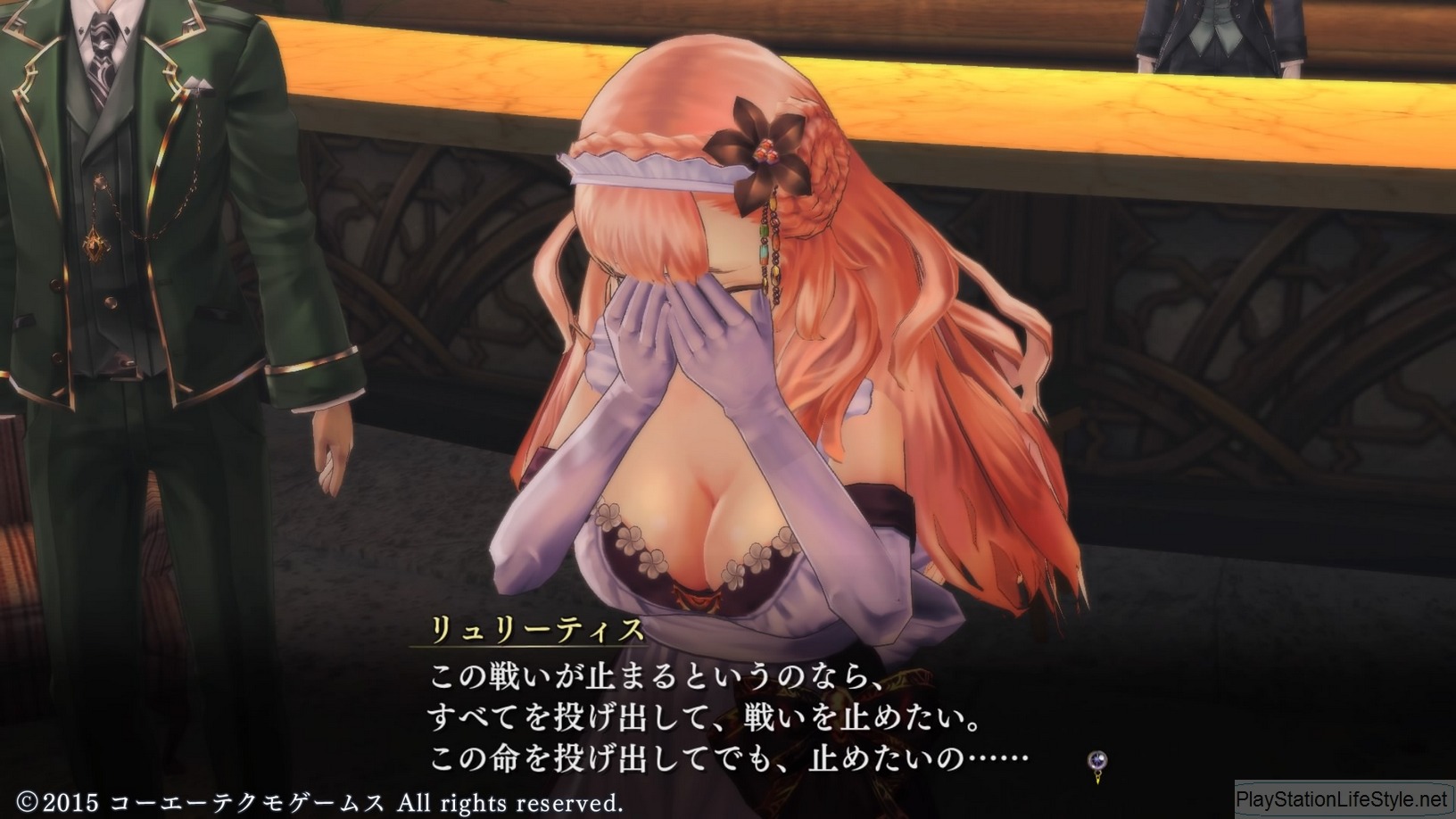
-
Nights of Azure Screenshots #76
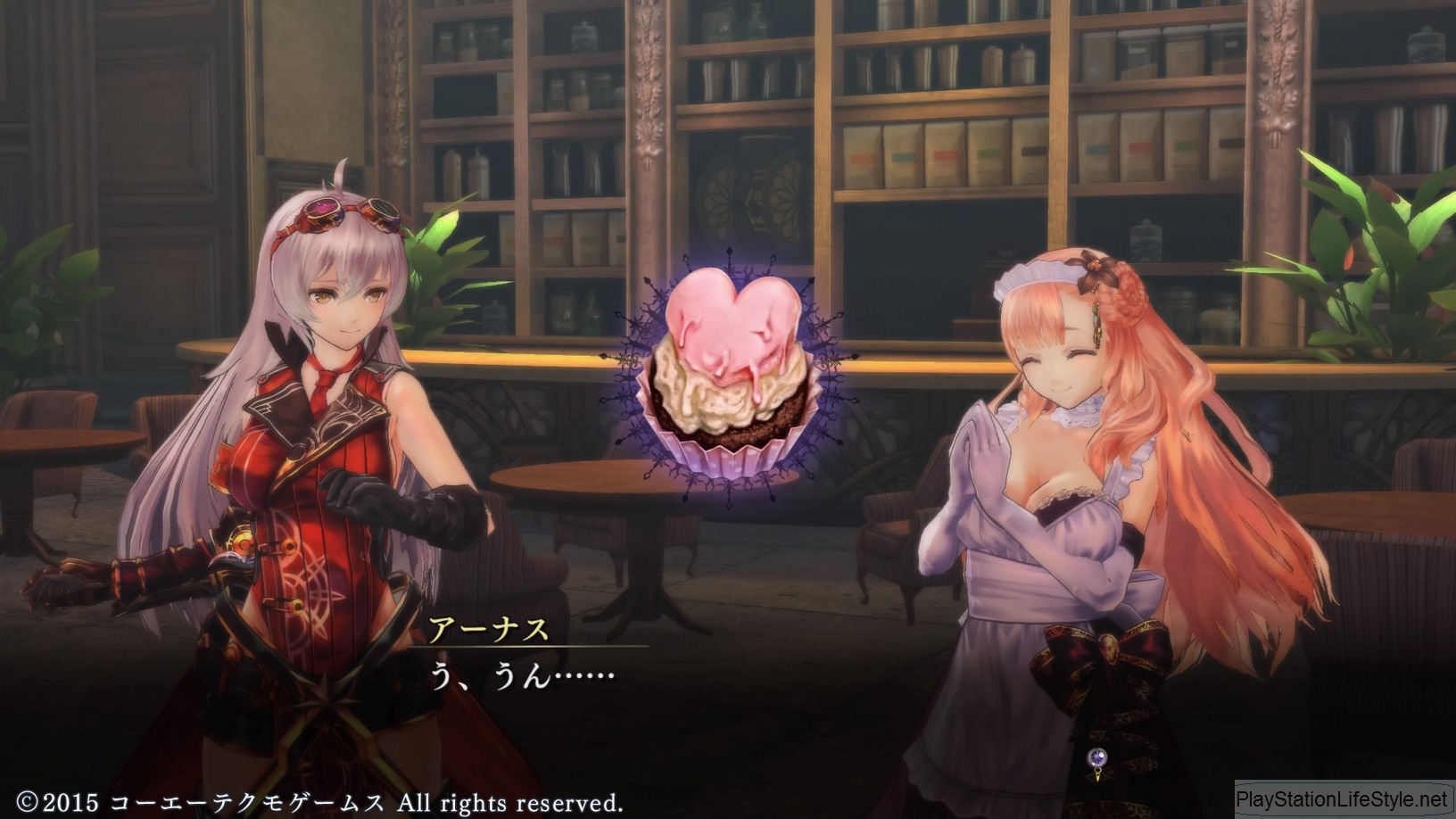
-
Nights of Azure Screenshots #77
